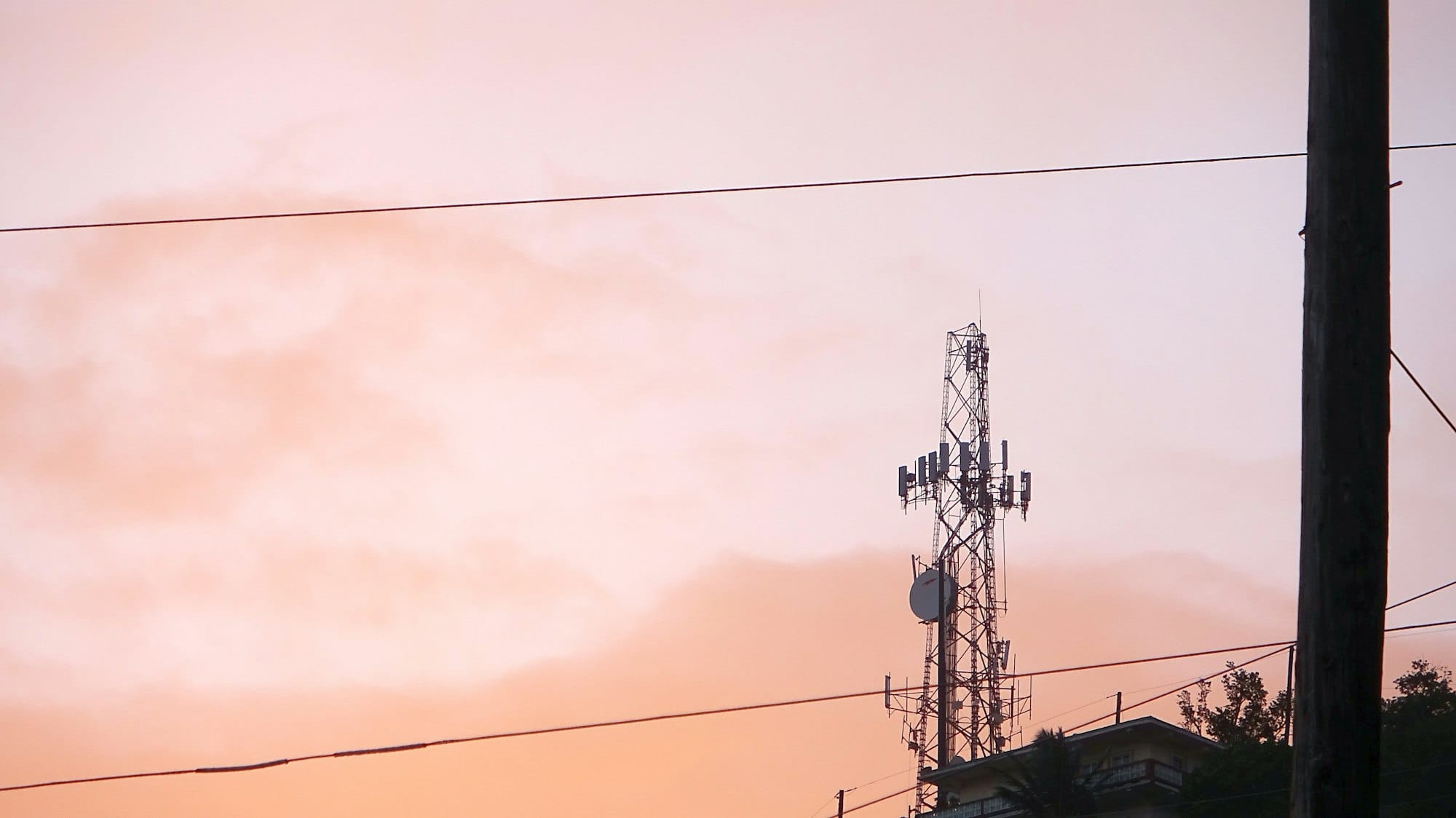
Ookla Reports T-Mobile Fastest Mobile Provider
T-Mobile recorded median download speed of 234.82 Mbps.

The United States of BEAD
State-by-state broadband pages for every U.S. state and territory.
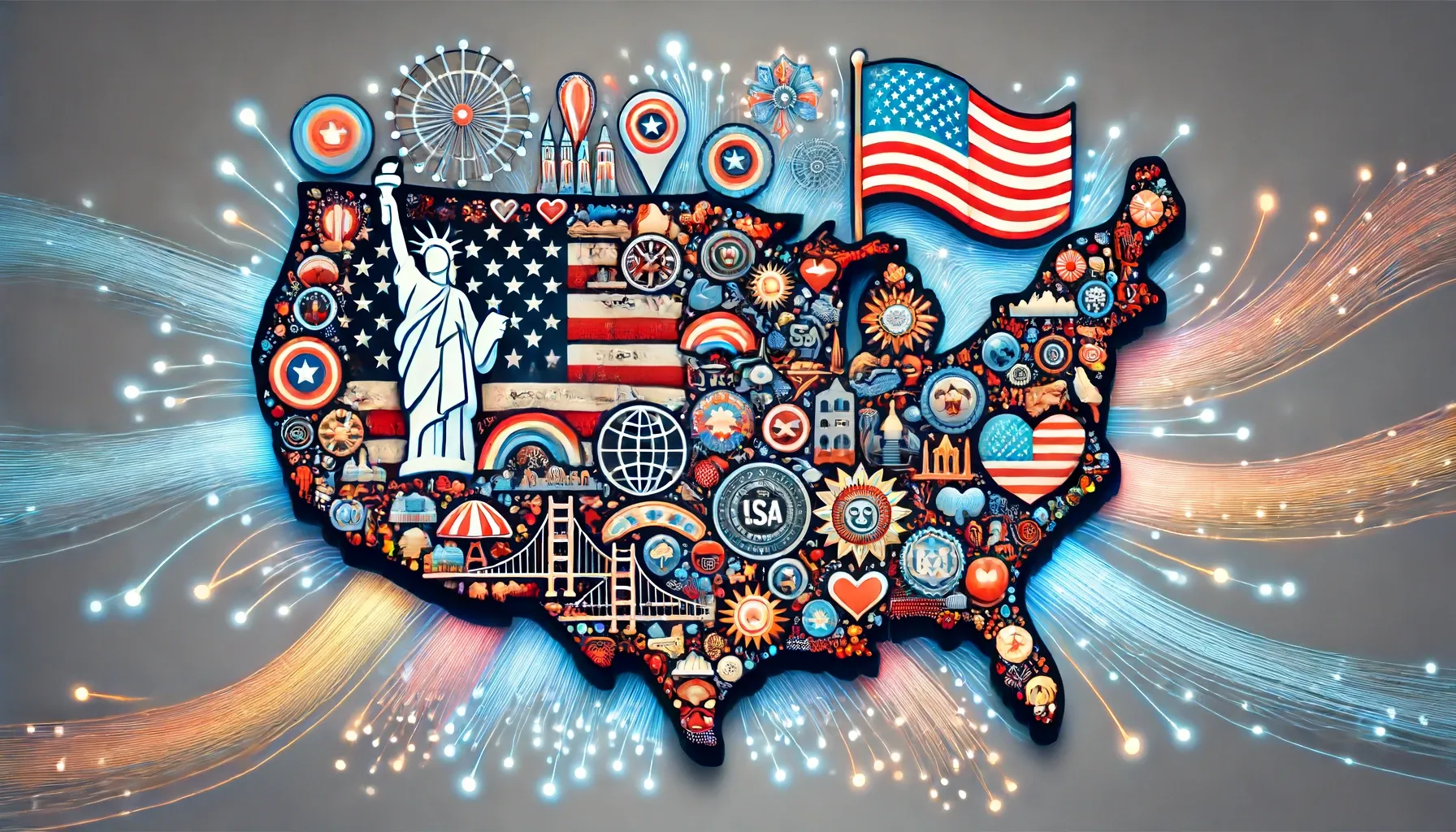
FCC Announces New Rules Expanding CBRS Coverage
Updated interference modeling puts 72 million more people in uninterrupted service areas, the agency said.

Why Broadband Matters in California... and Everywhere
Broadband is a utility that's a little bit like plumbing – just sexier.
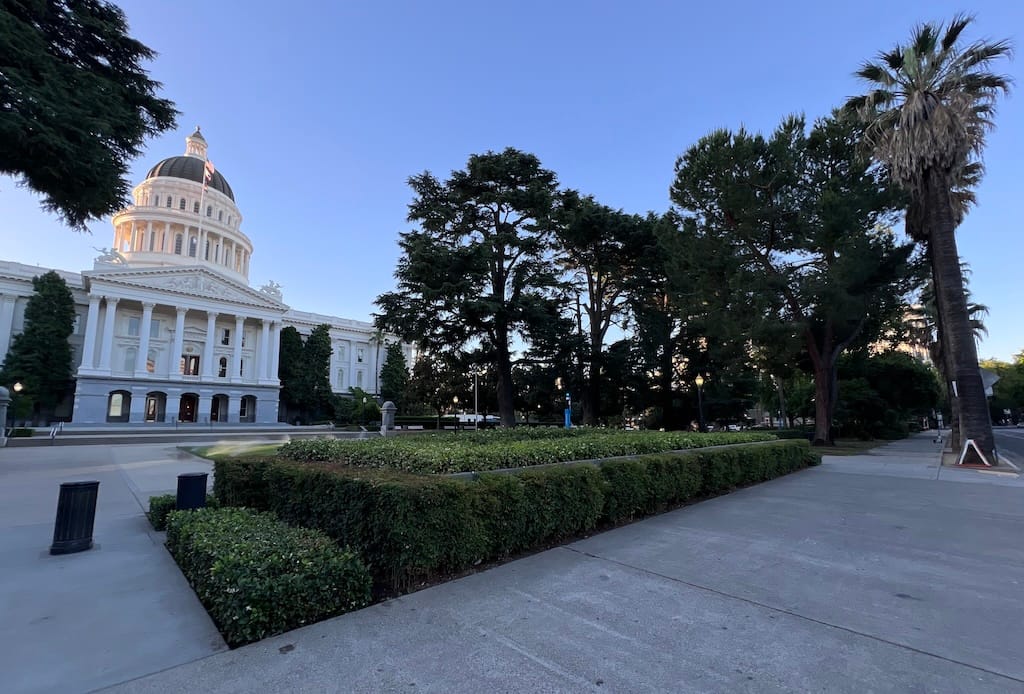
Verizon CEO Says Company Has Room to Grow Fixed Wireless
CEO Hans Vestberg said company has more than enough capacity to meet its 4 to 5 million FWA subscriber goal.

Frontier Not Worried About Fixed Wireless
The company said it is still leaning into expanding its fiber footprint.
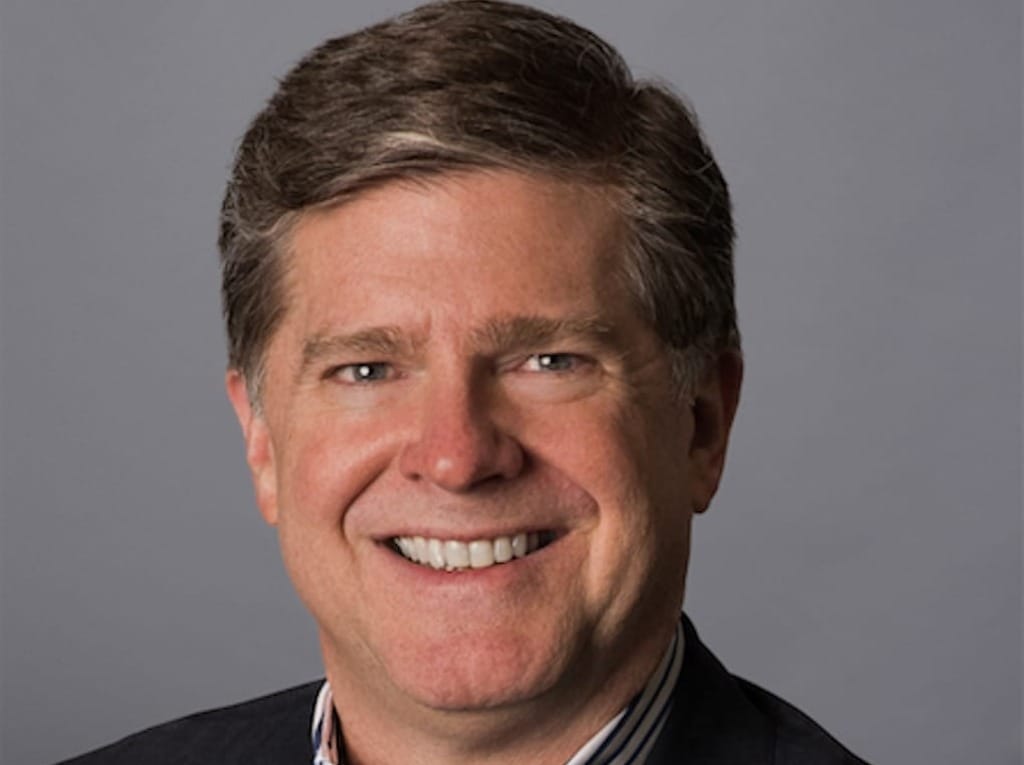
Federal Miscount Could Cause Millions to Miss Out on Free Apartment Wi-Fi
One nonprofit is working to ensure millions living in affordable housing gain free internet access under a current government initiative.
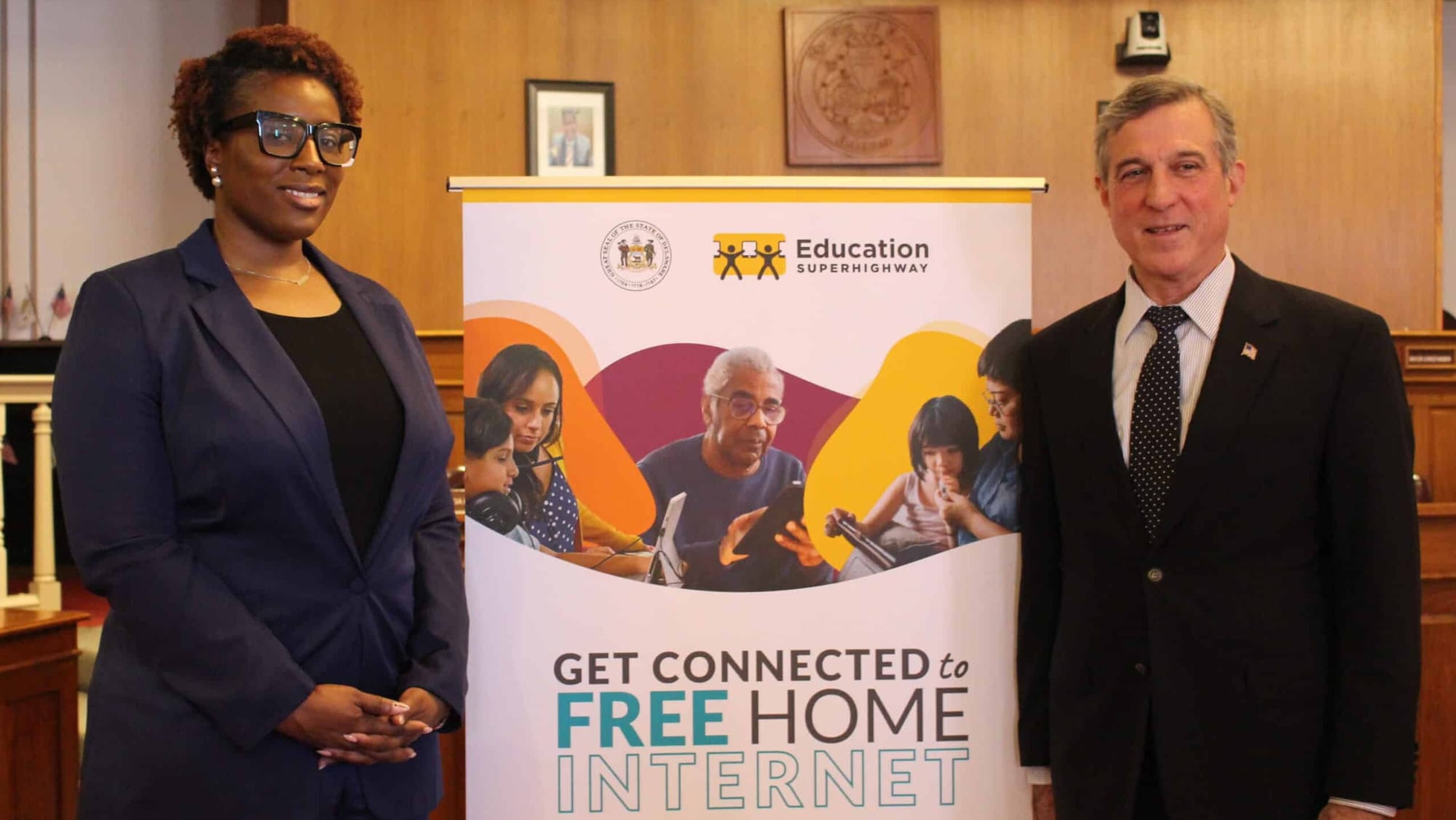
Raj Radjassamy: 5G Use Cases and the Broadband Interplay
The Director of 5G and wireless for OmniOn Power, discusses the current and future use cases of 5G broadband.
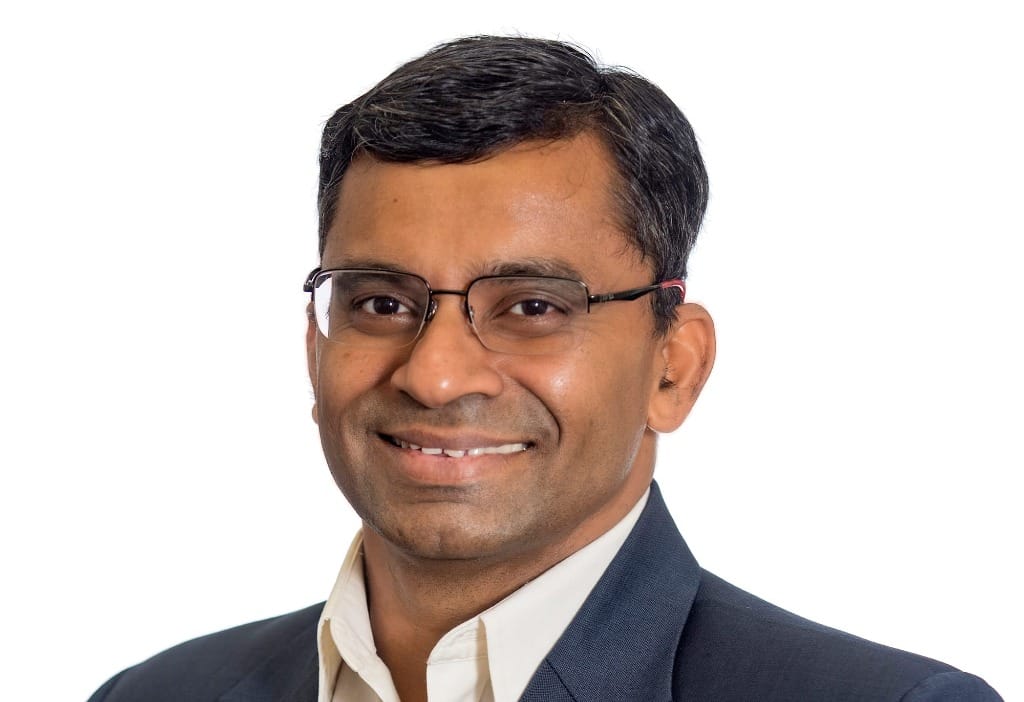
Verizon’s Fixed Wireless Growth Slows in the First Quarter
The company added 354,000 fixed wireless subscribers in the most recent quarter, leaving the company with 3.4 million such customers overall

Deadline for NATOA Broadband Award on Friday, April 19
The awards will be made from August 25 to August 28, 2024.
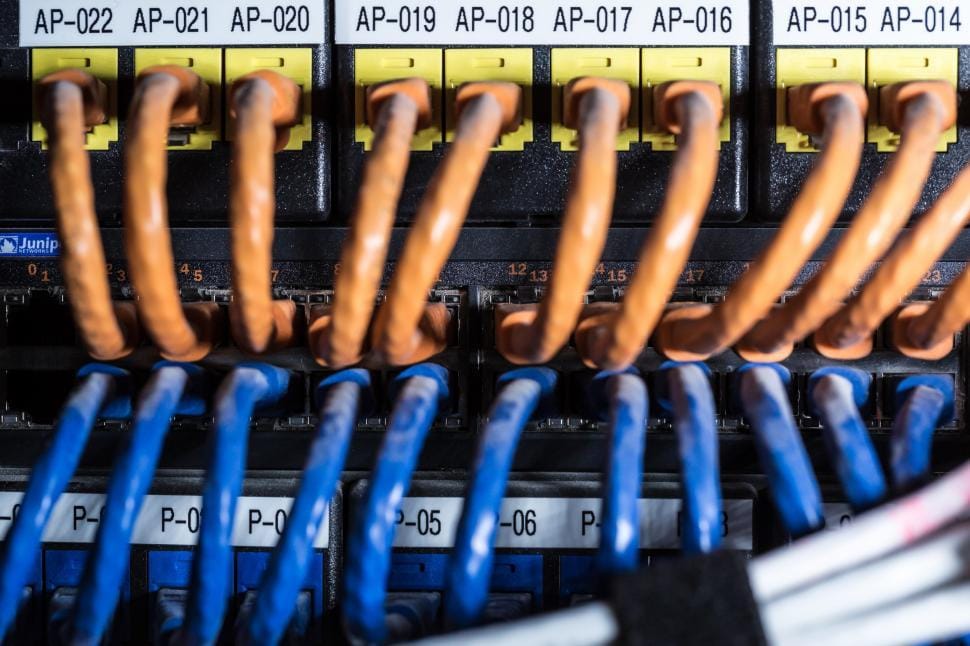
Wireless Connectivity Market to Grow to $294 Billion by 2032
Wi-Fi and consumer electronics are expected to drive much of the growth.
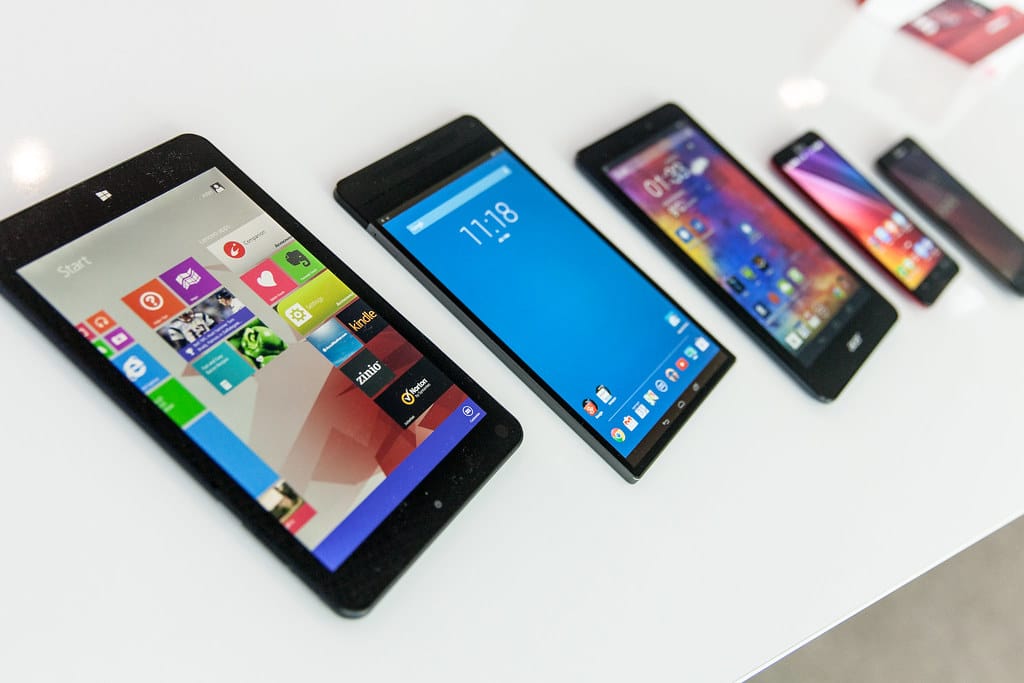
Tarana and Mediacom Announce Partnership for Fixed Wireless in the South
Two companies have combined forces to bring high quality internet to the South.

Verizon, Google Fiber Unveil Broadband Nutrition Labels Ahead of Deadline
Major ISPs must begin deploying labels by April 10, 2024.
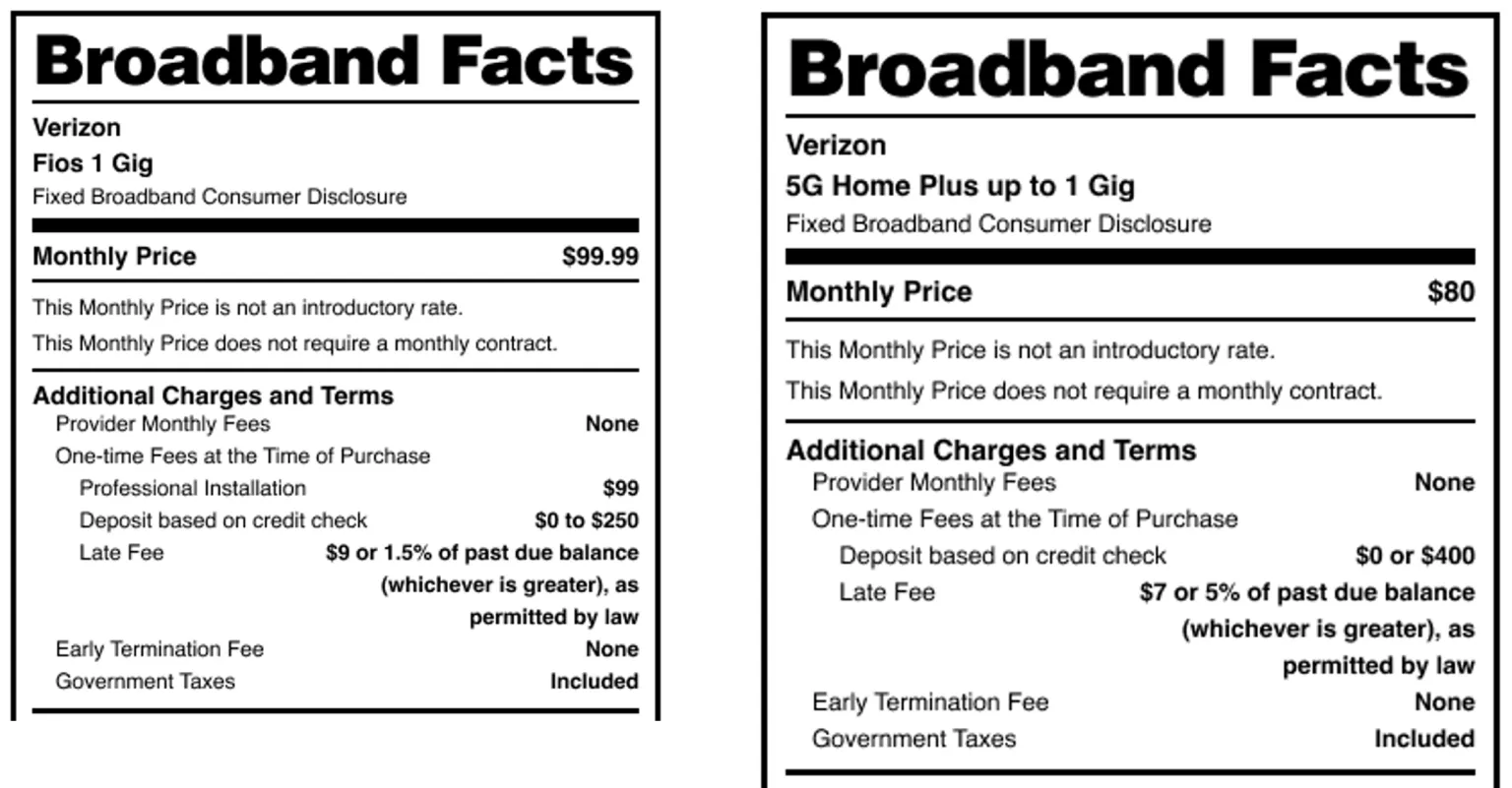
Fixed Wireless CEO Says His Technology Has a Bright Future
Matt Larsen gave an impassioned defense of fixed wireless during the WISPAMERICA 2024 conference in Oklahoma City.
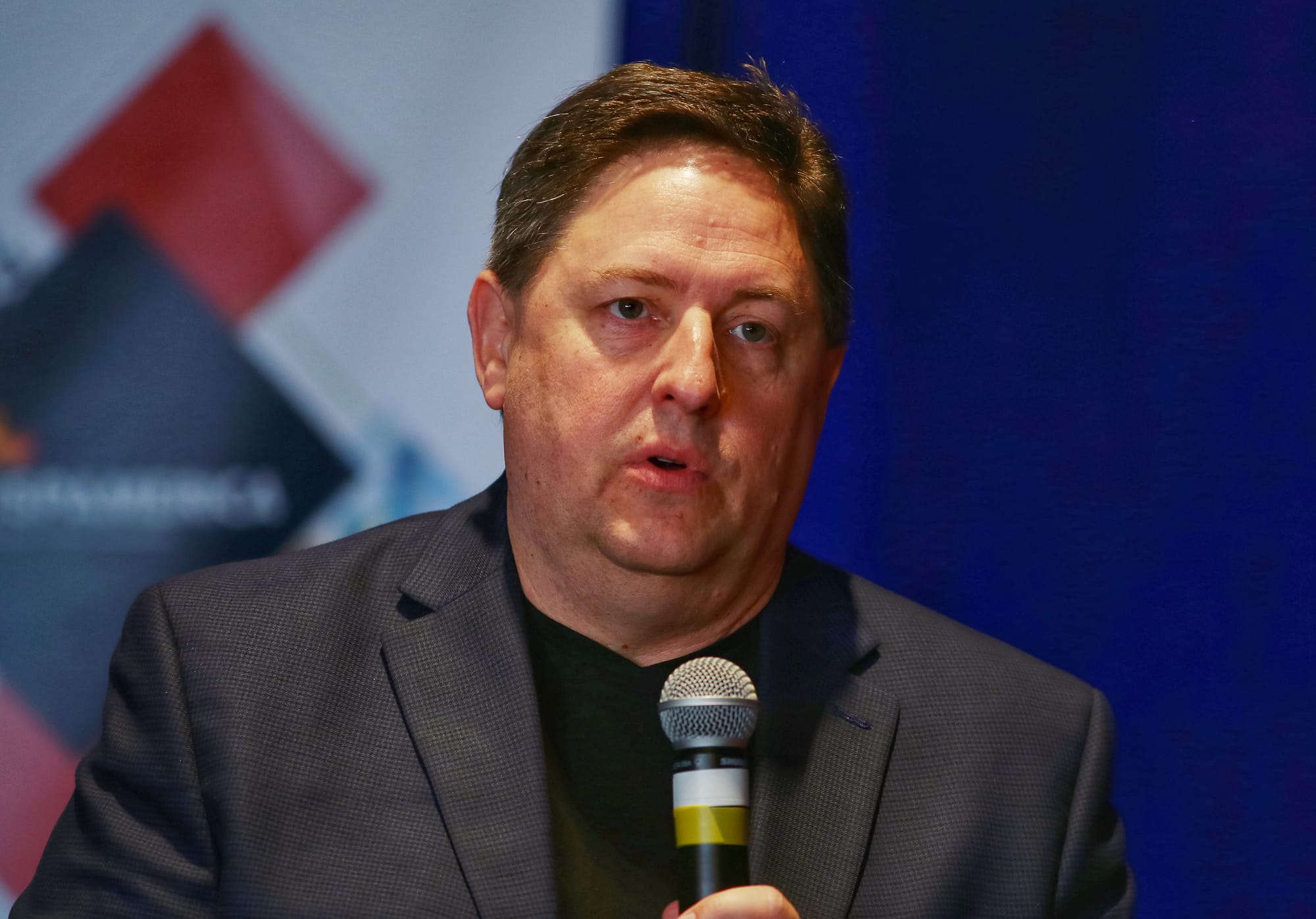
Liberty Broadband CEO Says Fixed Wireless ‘Noise’ Will Subside
Fixed wireless added nearly one million subs in Q4, but their growth capacity is limited, Liberty CEO Greg Maffei said Friday.
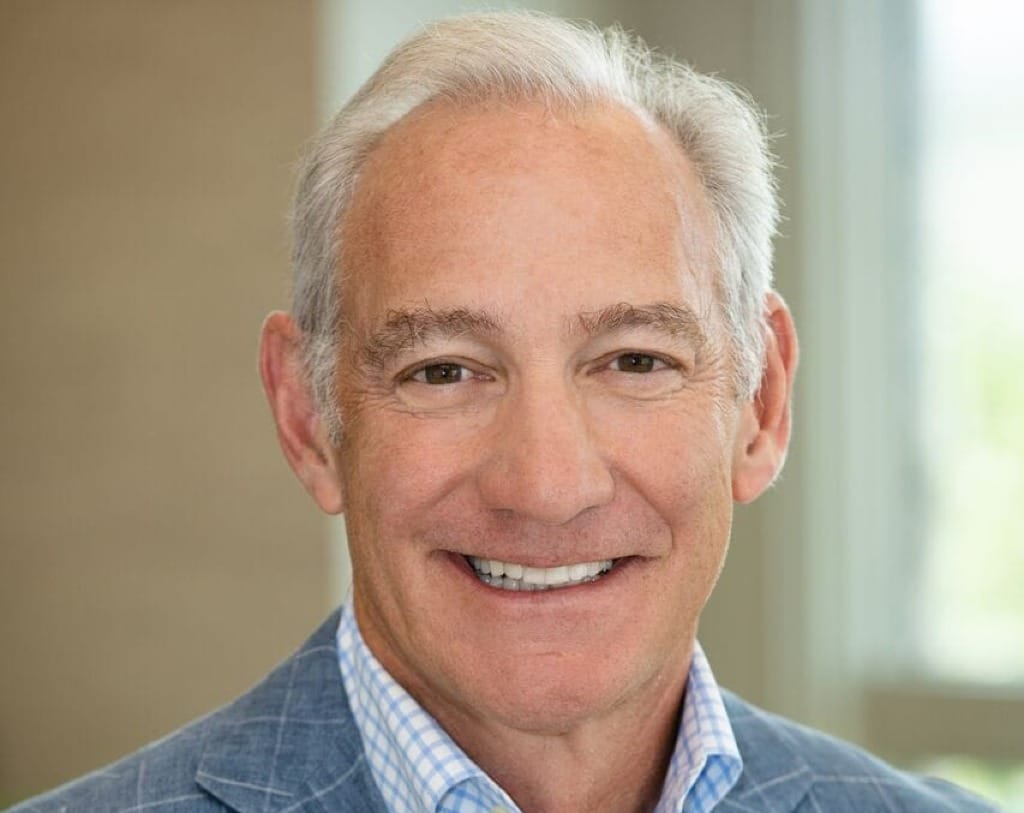
Rural Wireless Association Wants Changes to FCC's 5G Fund
The association wants certain USF-eligible areas excluded from an upcoming reverse auction.
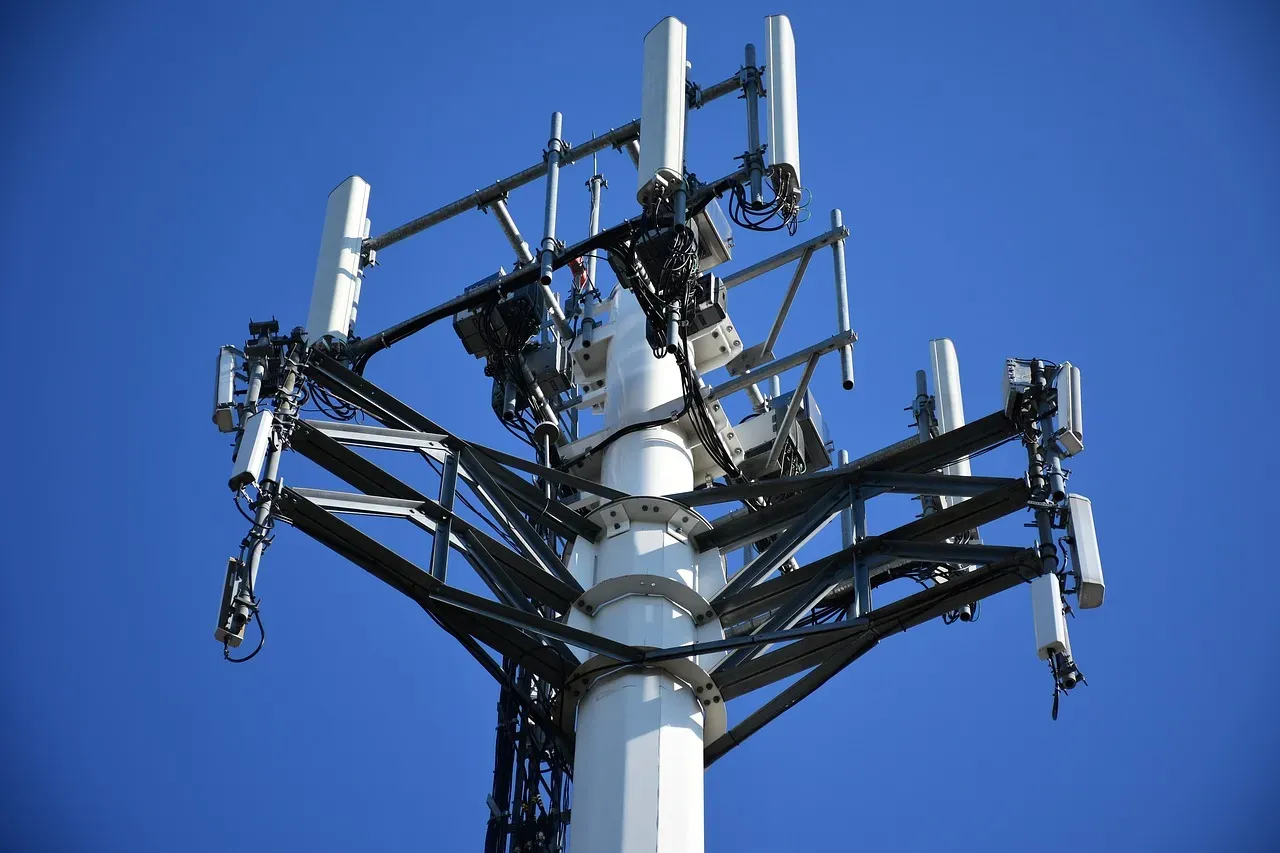
Carl Guardino: The Time is Now for 100% Broadband Access in the U.S.
The average cost to connect fiber in a given state hovers in the neighborhood of $7,000 per home.
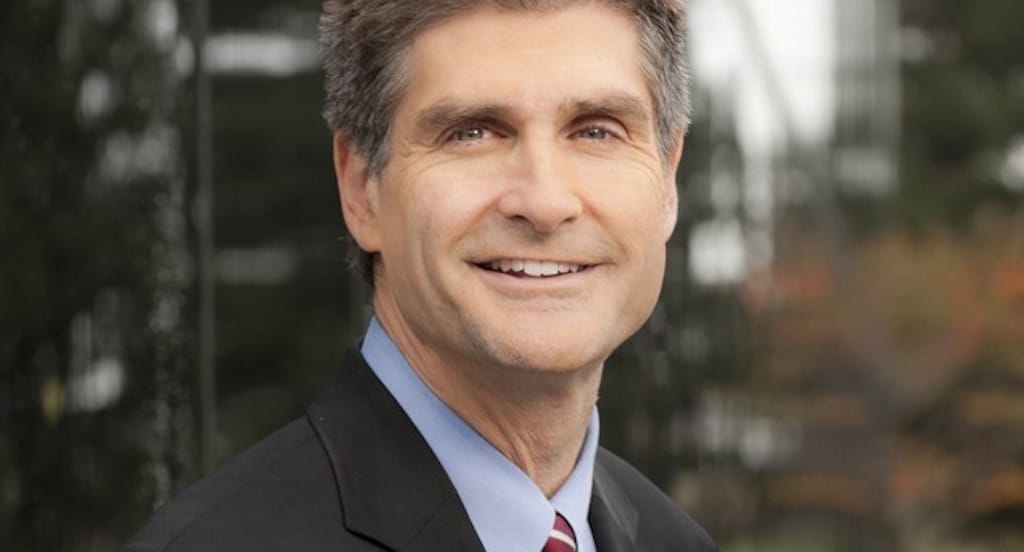
CTIA Urges FCC Extension for Implementing SIM Swap Safeguards
The wireless association is asking for more time because of technical complexities of new rules.
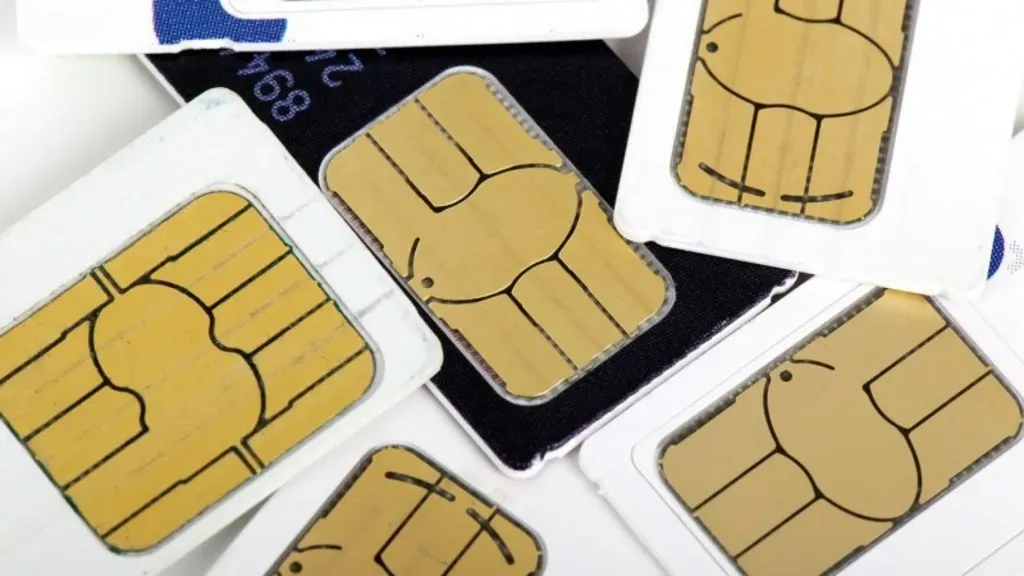
April 2, 2024: Public-Private Broadband Partnerships
The digital infrastructure is evolving at exponential rates and the demand for smarter systems and a more connected world is imperative to the progression of our communities.

March 26, 2024: Fiber and Wireless Solutions for 'Always On' Deployment Strategies
The digital infrastructure is evolving at exponential rates and the demand for smarter systems and a more connected world is imperative to the progression of our communities.
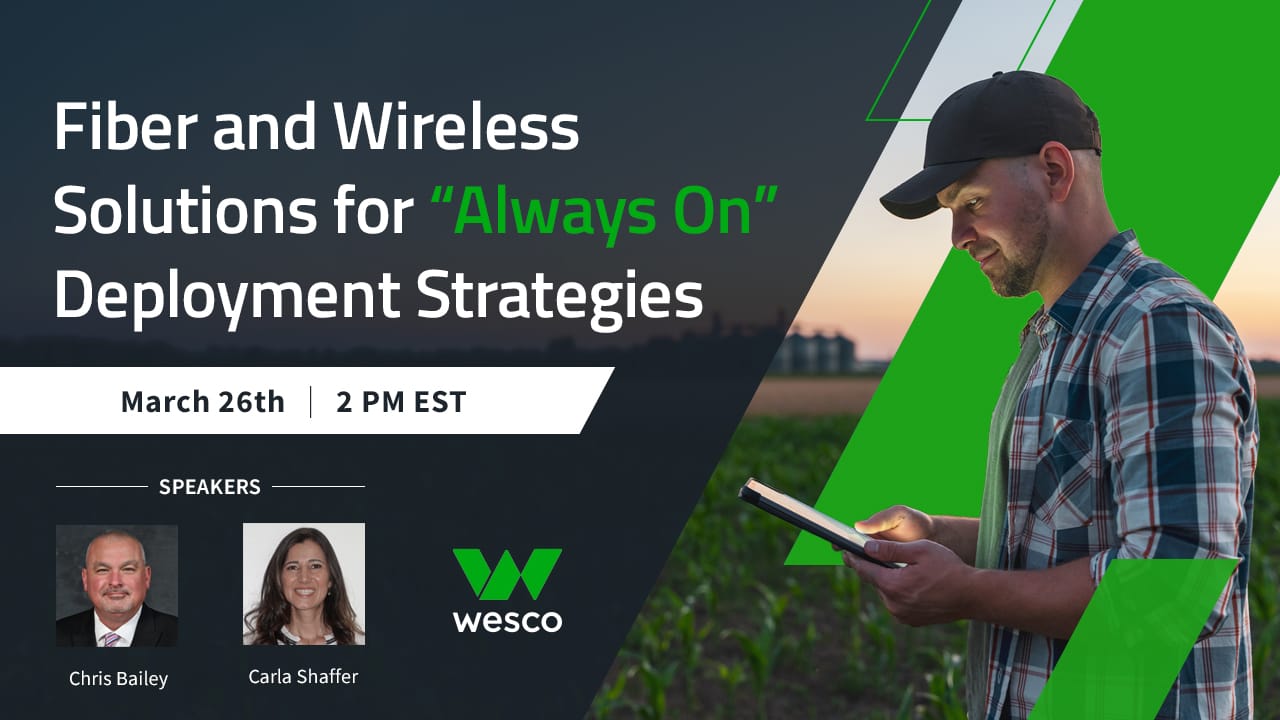
The High Cost of Fiber is Leading States to Explore Other Technologies
If the state chose to solely install fiber, underserved communities would be left out, said state broadband leaders.
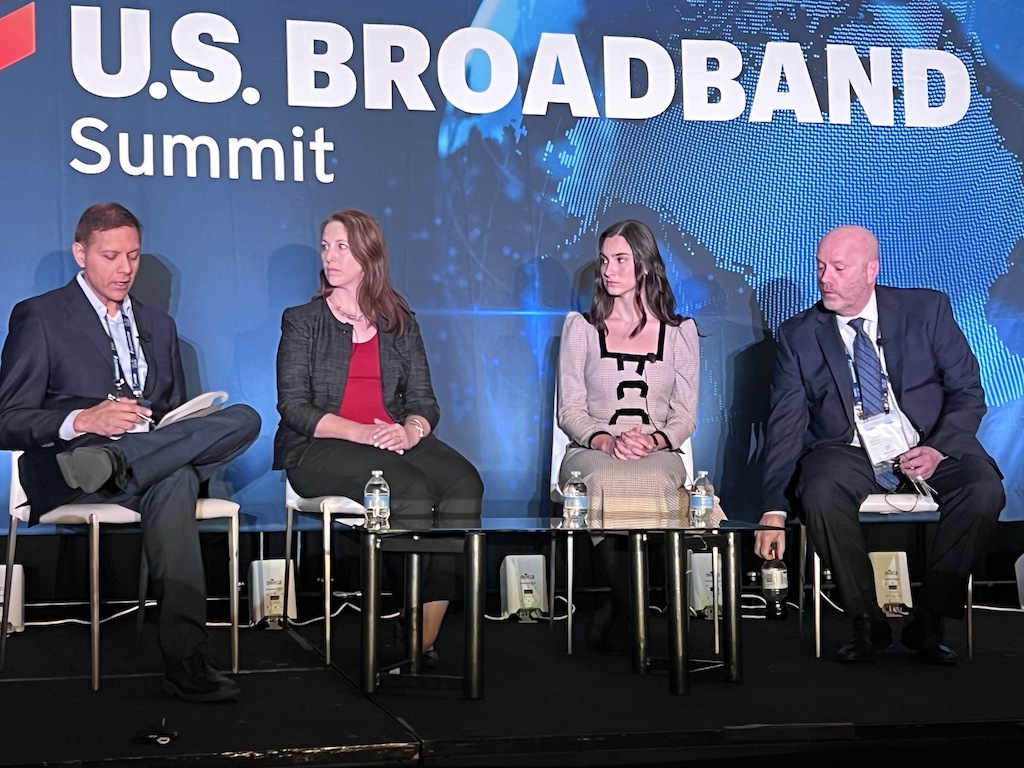
In New York City, Sharing Broadband Infrastructure Takes on a New Dimension
Panelists from Stealth Communications and Sidewalk Infrastructure Partners addressed operational and financial broadband
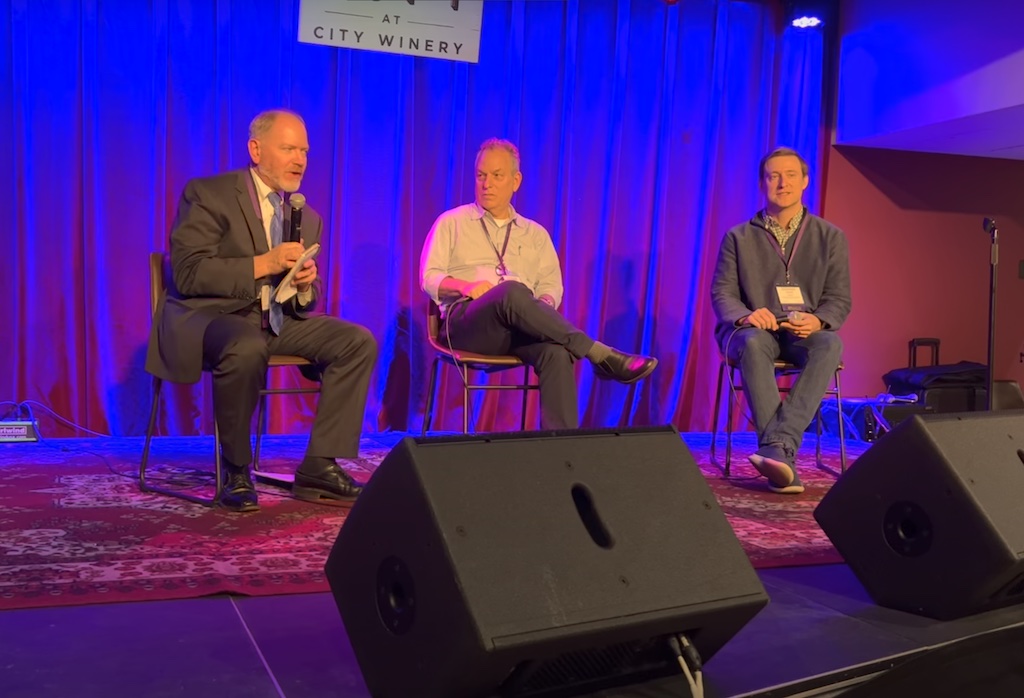
Broadband Breakfast Webinar on Broadband Geospatial Planning
A tutorial for investors, broadband providers, and political leaders

Sascha Meinrath: 12 GigaHertz Band is Key to Bridging the Digital Divide
We may miss a major opportunity to finally connect all areas of the country if we don’t leverage 5G FWA technology.

Carl Guardino: 100% Broadband Access in the U.S. — The Time is Now
A strong fiber bias in broadband funding means that underserved communities remain at risk of being left behind.

T-Mobile Earnings Call Highlights Growth Goals in Spectrum and Fiber
The company said it was the best in industry for customer growth and is nationwide overall network leader in 5G networks.
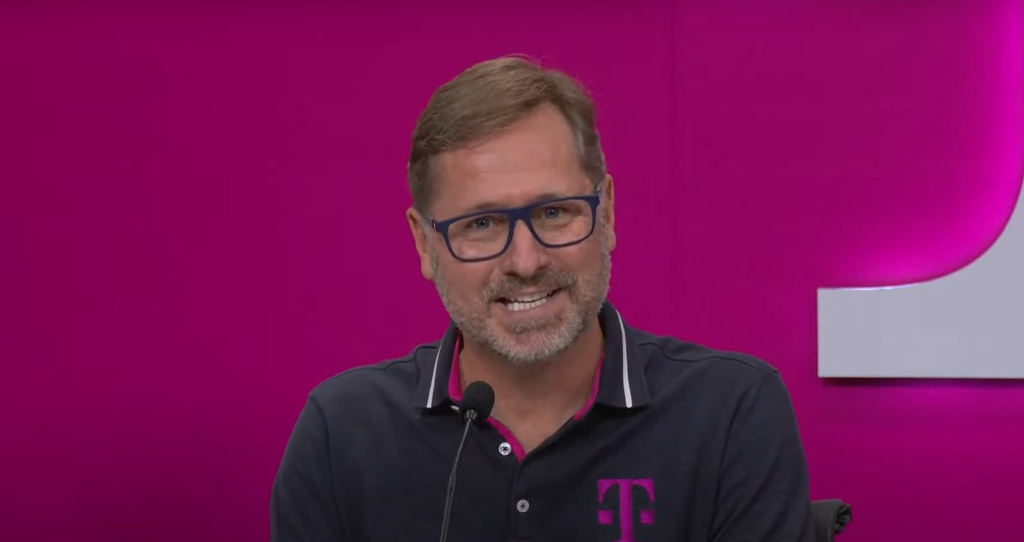
Verizon Second-Quarter Reflects Continued Fixed Wireless and Fiber Growth
Verizon executives said the company is continuing to look into lead-clad cable concerns.

Broadband Breakfast to Release Middle Mile Report Ahead of Special Connect (X) Session
The May 10 Connect (X) session will discuss the Middle Mile Program and the key role of state broadband offices.
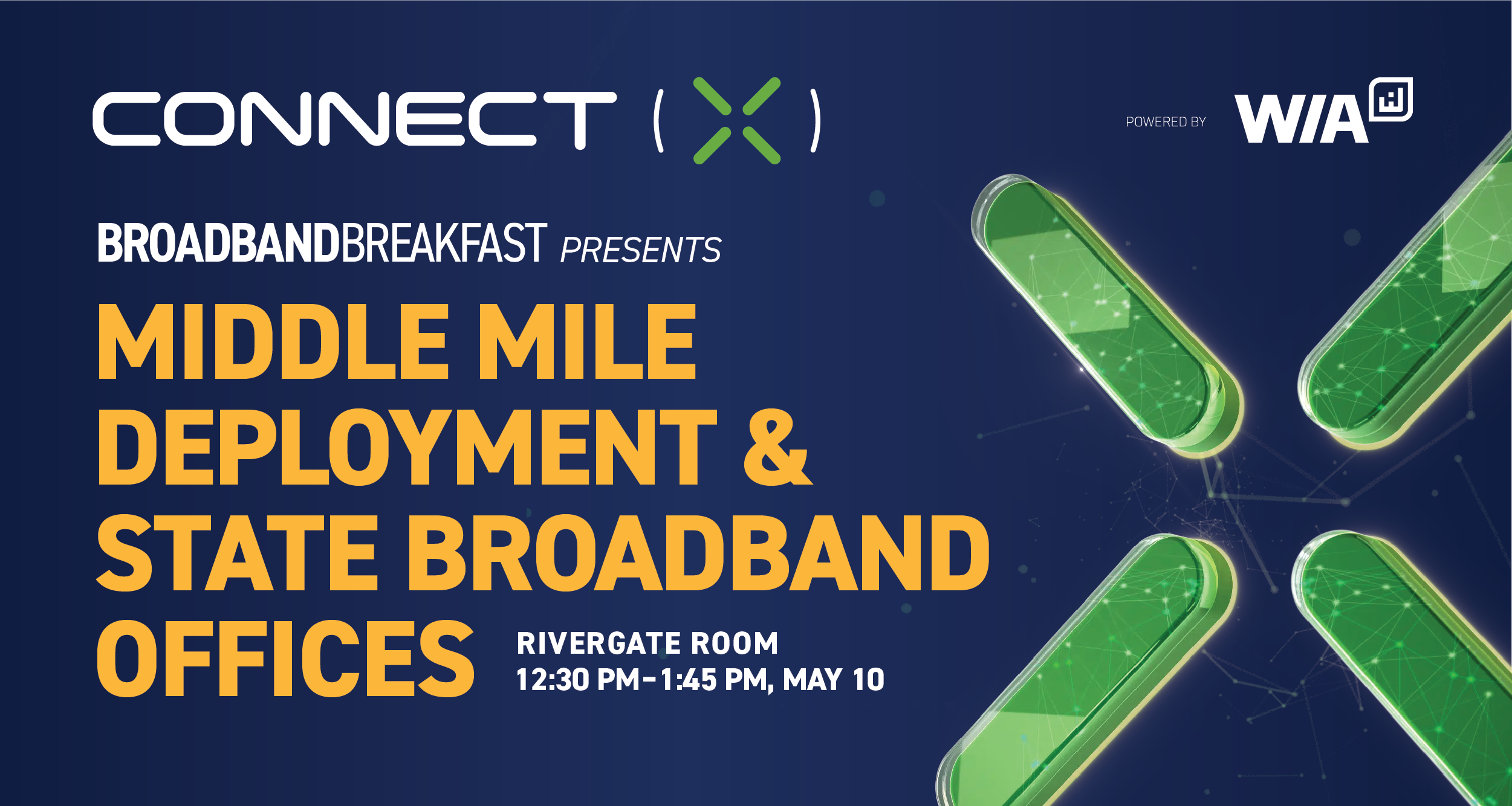
D.C. Court Rules Inadmissibility of Evidence that Failed to Show Cancer Link to Cell Phones
The allegation cell radiation causes cancer has been talked about for years.
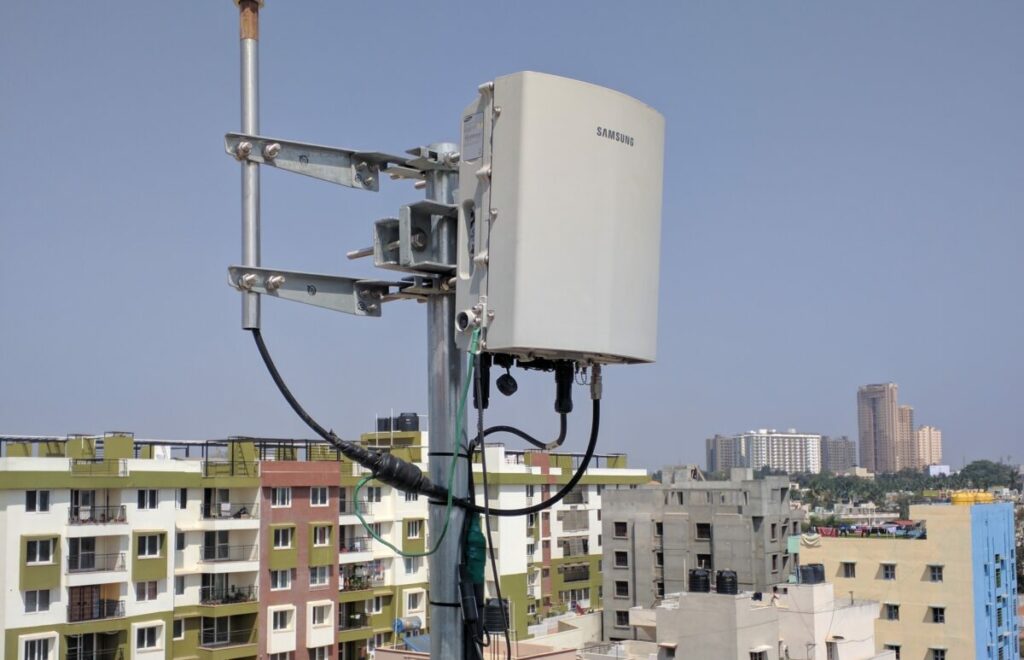
Verizon Awaiting Next C-Band Influx for Further Fixed-Wireless Expansion: Vestberg
Executives said fixed-wireless service has become one of the biggest uses for its 5G network.
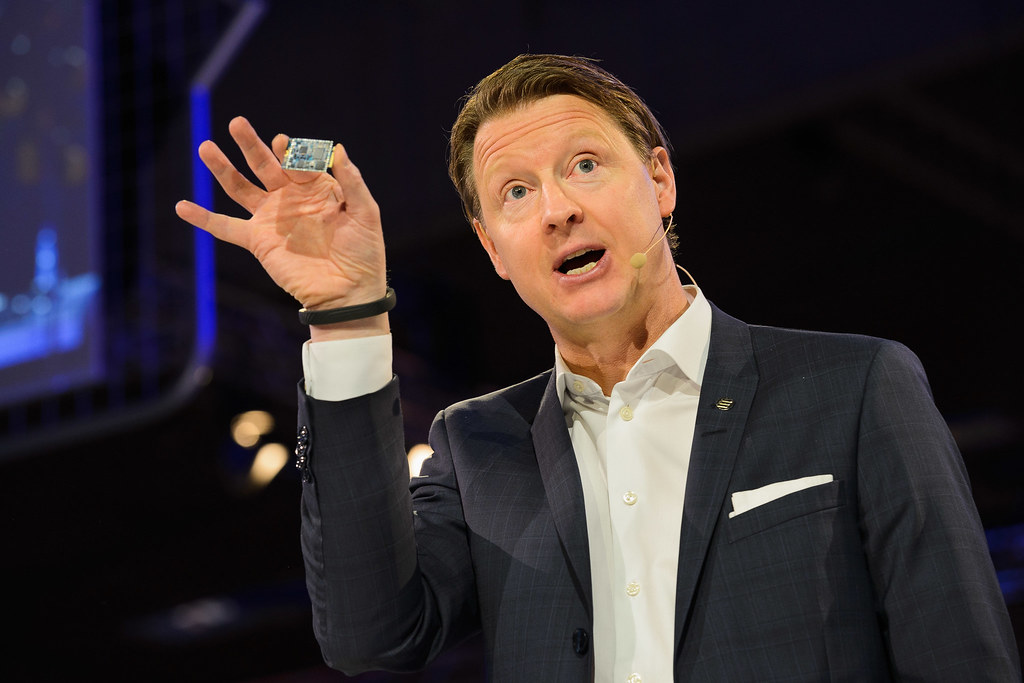
Sen. Mark Warner Says He’ll Push to Make ‘Rip and Replace’ Funding a Priority
$1.5B Innovation Fund money must focus on O-Ran, senator says.
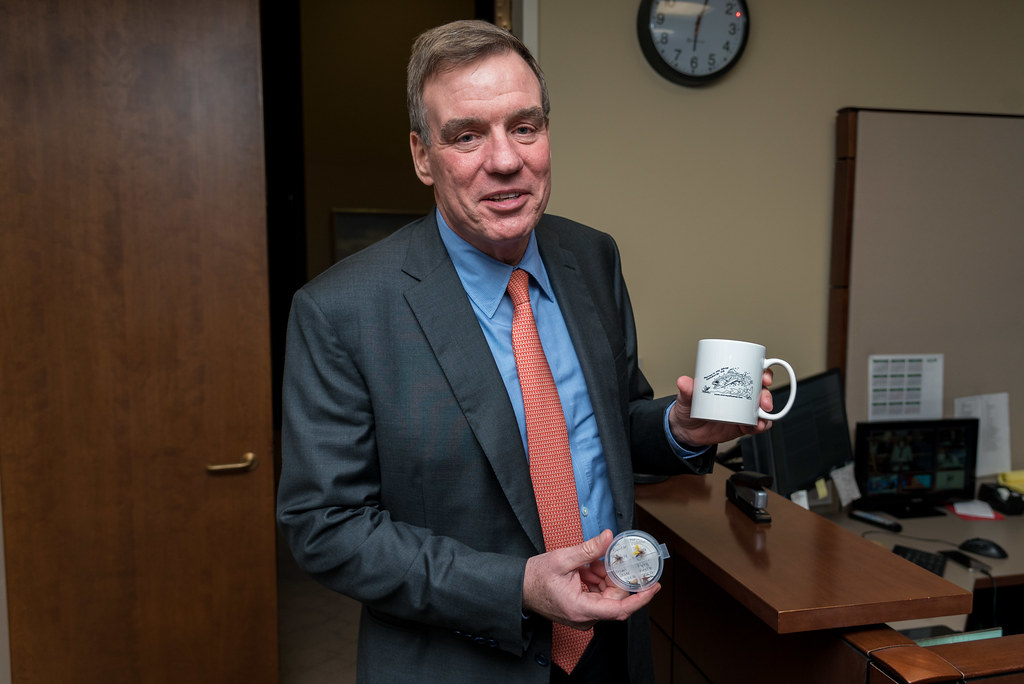
John Cinicolo: The Benefits of Deploying Small Cells in the Next Phase of 5G
The true benefits of 5G are delivered with millimeter wavelength frequencies of 24 GigaHertz and above.
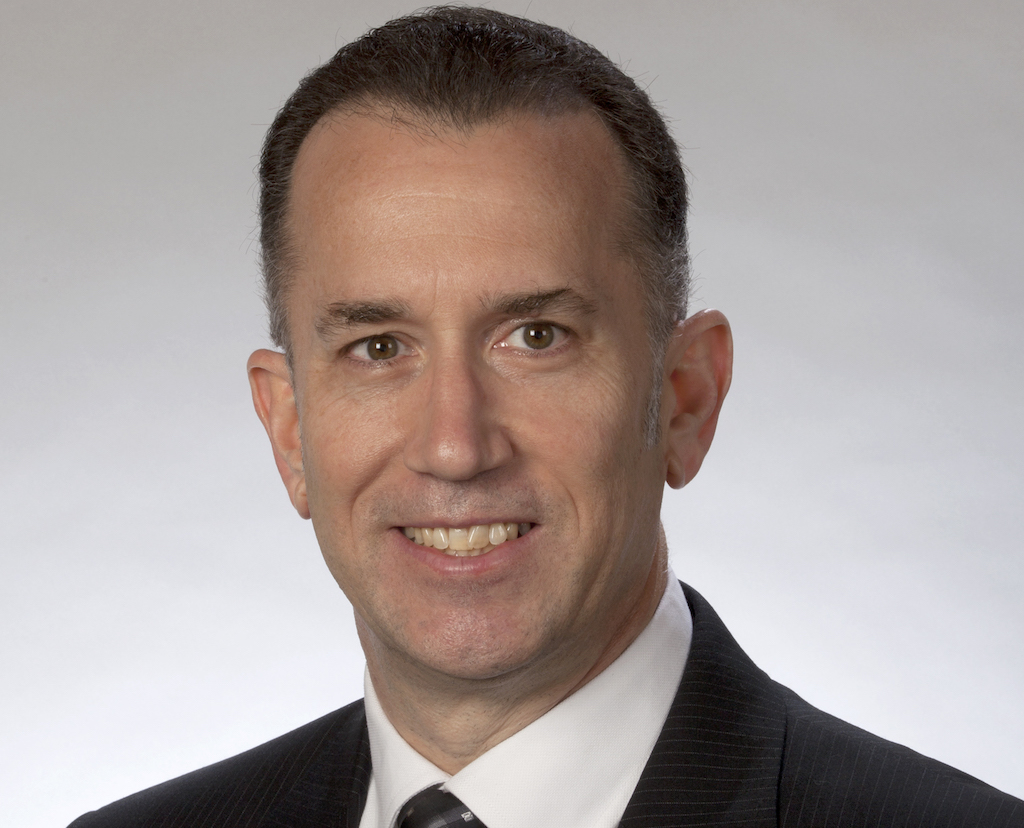
Alex Kerai: The Rise of Digital Nomads Highlights Fast Broadband Needs
The top cities for remote work all have something in common: fast internet speed and free connection spots.

Todd Rigby: How to Troubleshoot Digital Infrastructure Networks Across Industries
In a mesh network, individual devices act as both clients and routers, creating a decentralized digital ecosystem that can expand.
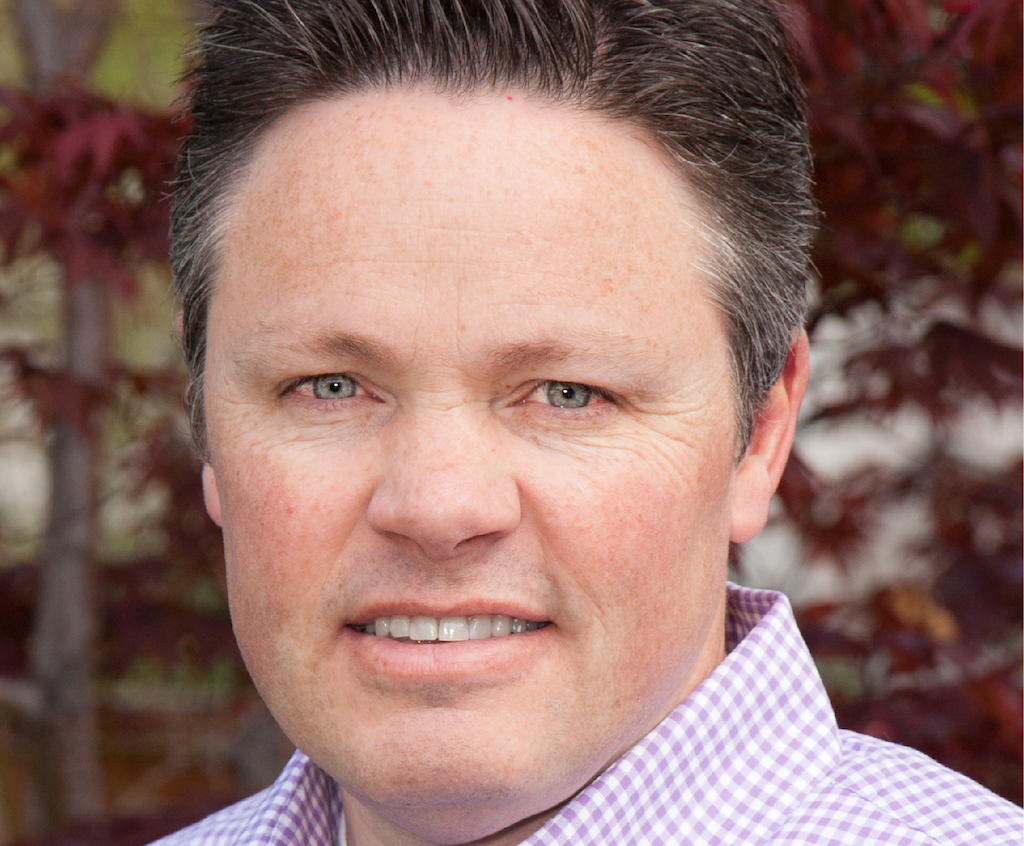
FCC Seeks Comment on Carriers Forced to Separate Domestic Violence Victim Phone Line
The proposal is part of the commission’s obligation under the Safe Connections Act.
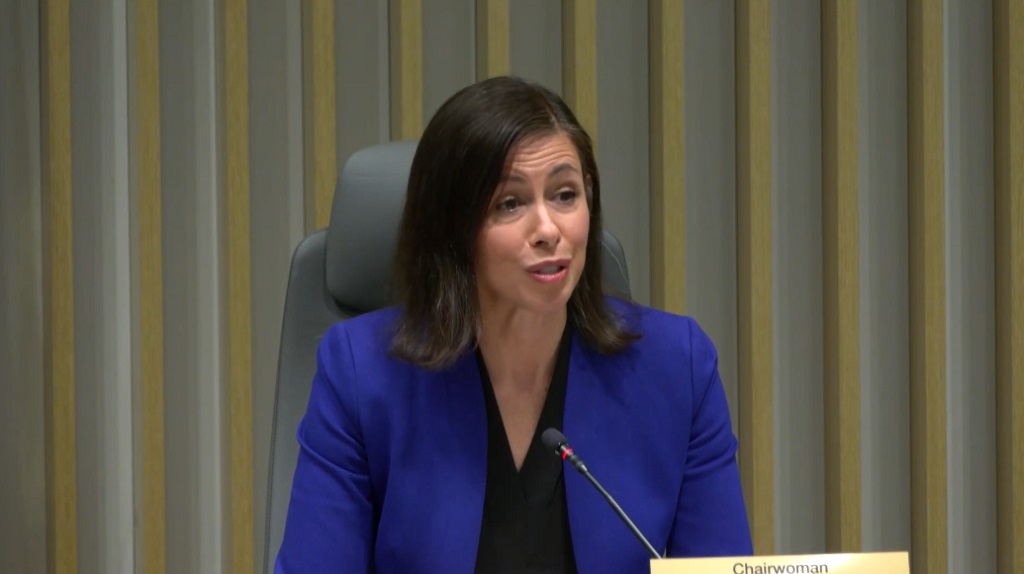
NTIA Launching $1.5B Innovation Fund to Explore Alternative Wireless Equipment
A comment period on the new fund will run through January 23.
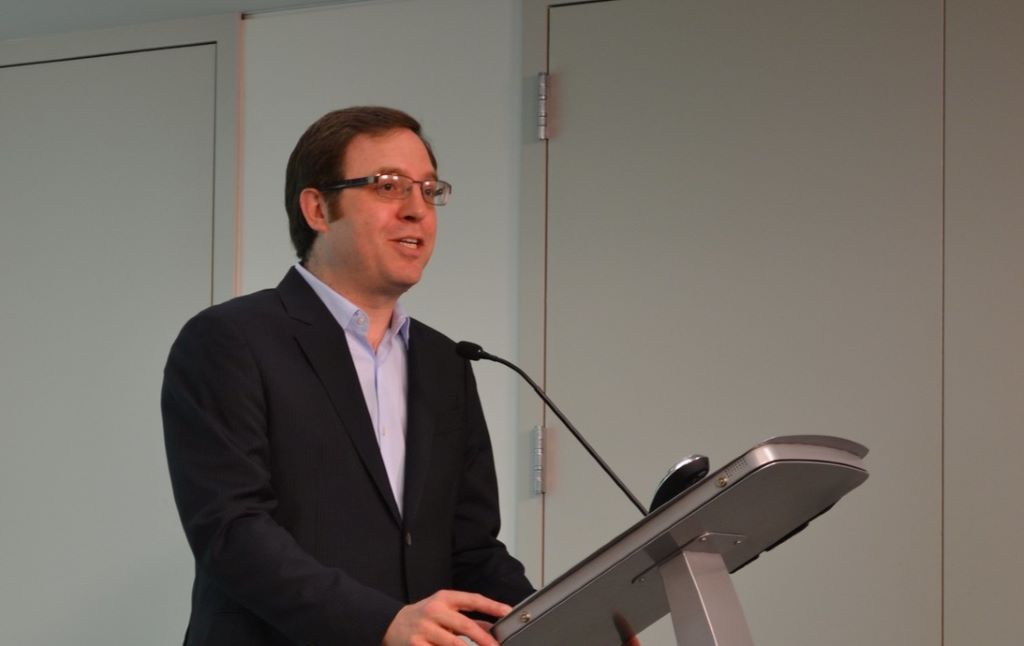
GOP Senators Want NTIA to Revisit View That Unlicensed Spectrum Networks Are Not ‘Reliable’
The coalition sent a letter to NTIA head Alan Davidson urging the agency to reconsider the policies outlined in the BEAD NOFO.
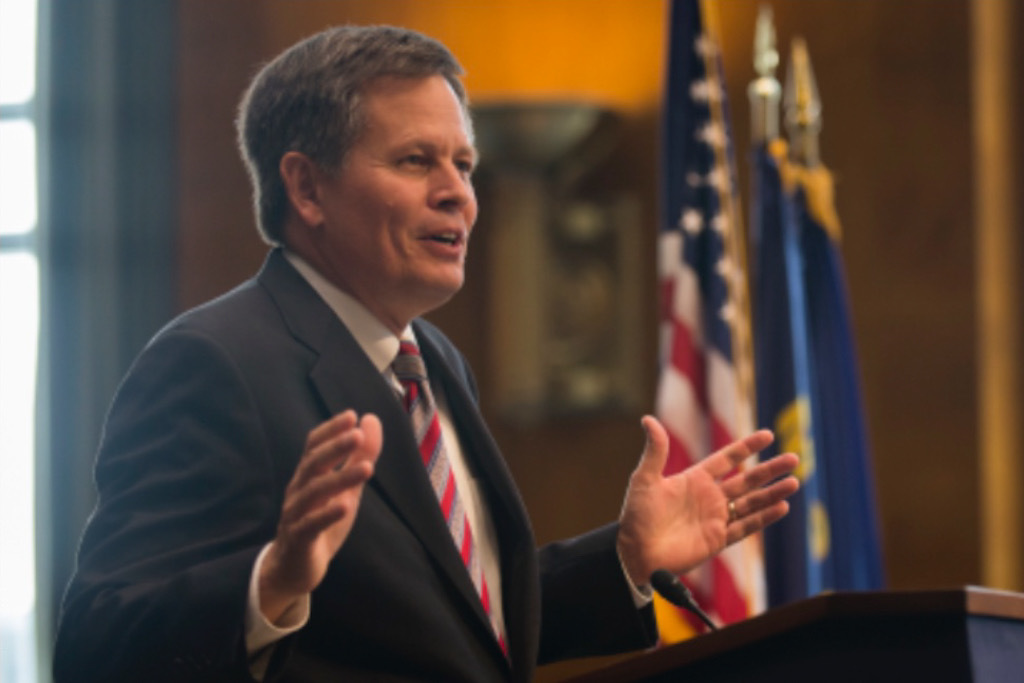
Premium
Premium Posts & Reports

Ookla Names T-Mobile Fastest, Most Consistent Mobile Service Provider
68.5 percent of T-Mobile customers spent a majority of their time on 5G networks during the quarter, Ookla said.

Starry Hosts First Earnings Call, Says its Model Positions it to Compete Against Larger Players
Starry CEO assured investors that Starry’s technology model allows them to compete with other more established providers.
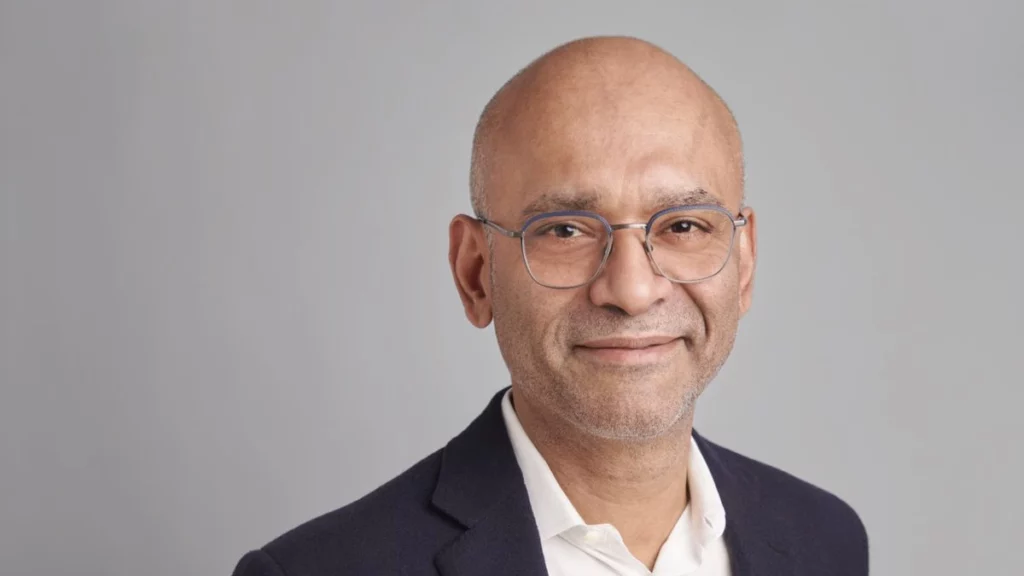
5G Will Impact the Future Beyond Previous Generations of Wireless, Company Execs Say
With every generation of wireless technology new applications reveal themselves, and experts say 5G is no exception.
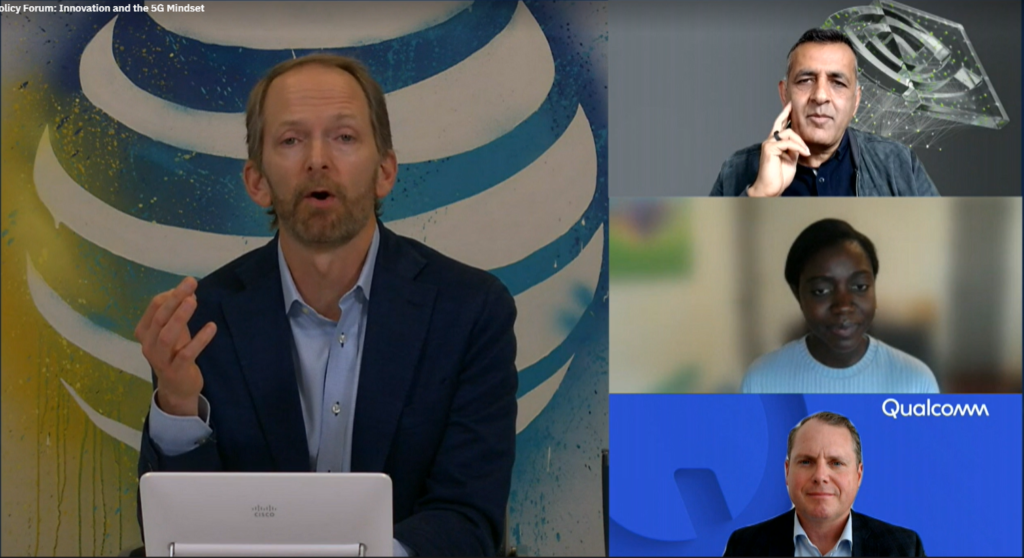
National 6G Strategy Bill Passes Senate Commerce Committee
The Next Generation Telecommunications Act received bipartisan support.
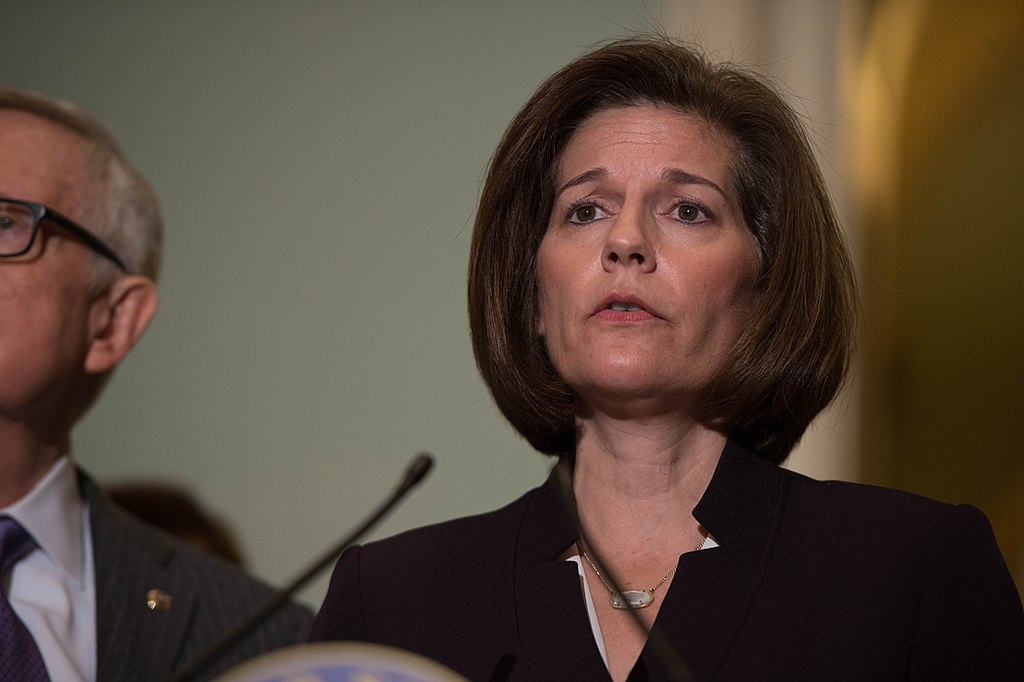
Kevin Ross: The Time is Now to Expand Internet Access with Fixed Wireless Broadband at Gigabit Speeds
New approaches must leapfrog the slow pace of extending fiber to the home and high costs of 5G and satellite.

D.C. Circuit Upholds Freed Up 6 GHz, Wireless Players Celebrate
Industry bigwigs say the decision paves the way for next-generation Wi-Fi.
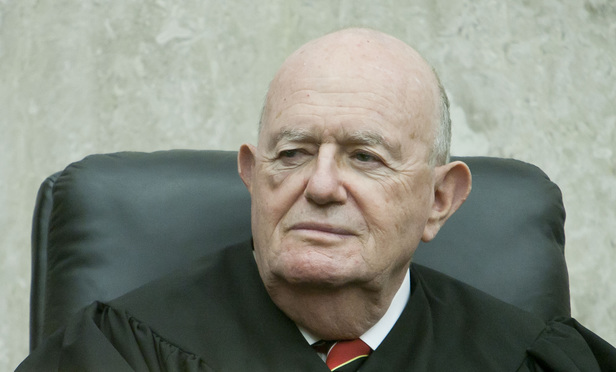
Starlink Download Speeds Fell Below New Federal Broadband Standard in Q3, Ookla Data Show
According to data from Ookla, Starlink’s median speeds in the U.S. dipped below 100 Mbps download, the speeds required for federal infrastructure bill money.
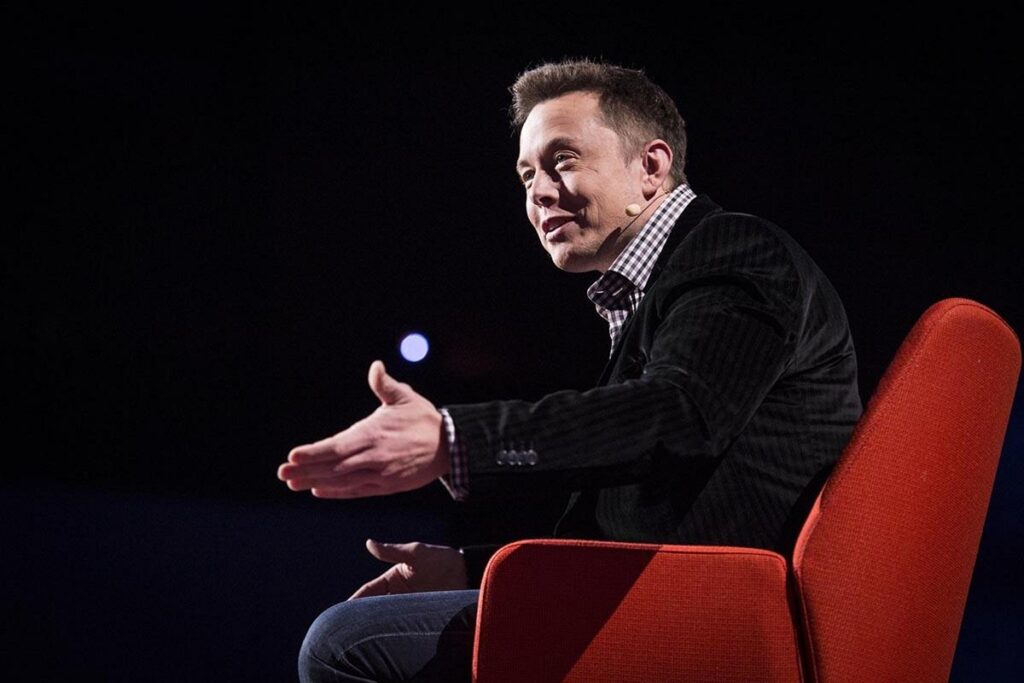
Stephane Daeuble: Crossing the Digital Divide with Citizens Broadband Radio Service
CBRS presents an alternative where fiber installation is difficult.

Experts Disagree Over How Broadband Rollout Should be Handled with New Federal Dollars
Gary Bolton and Nicol Turner Lee debated technology use to tackle the digital divide.
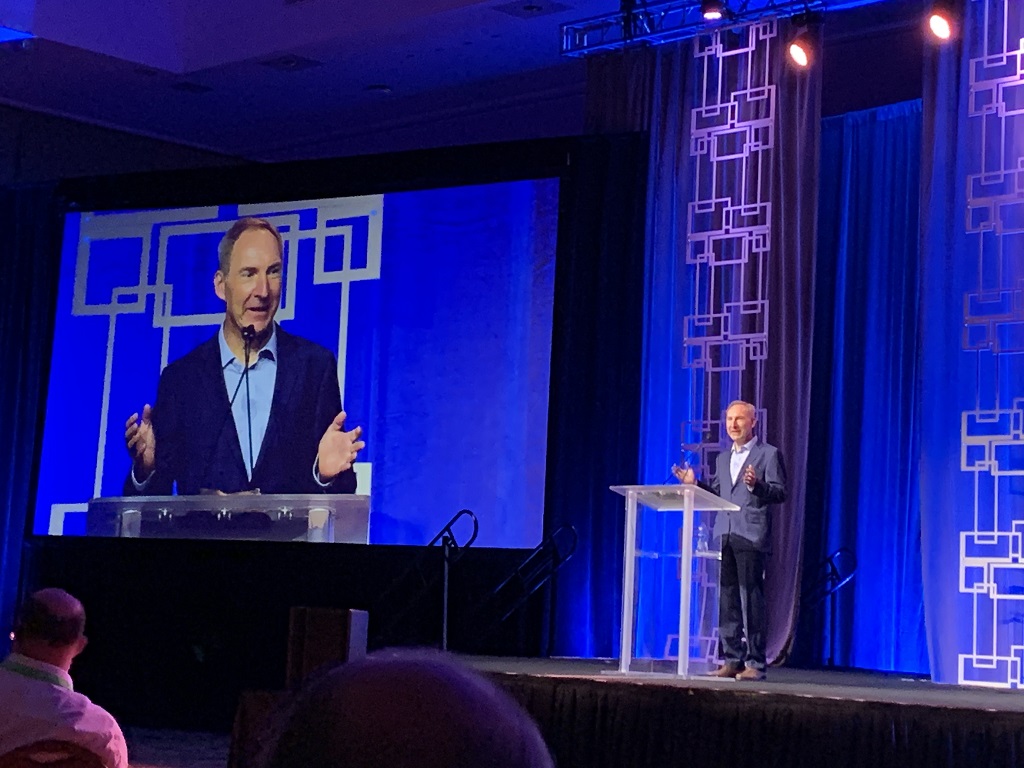
Verizon, TracFone Deal Gets FCC and California Approval
The companies agree to consumer protection measures as conditions of the transaction.

University of Notre Dame Launches SpectrumX to Expand Radio Spectrum Research
The project is funded by a National Science Foundation grant and keeps diversity and inclusion in mind for its research goals.
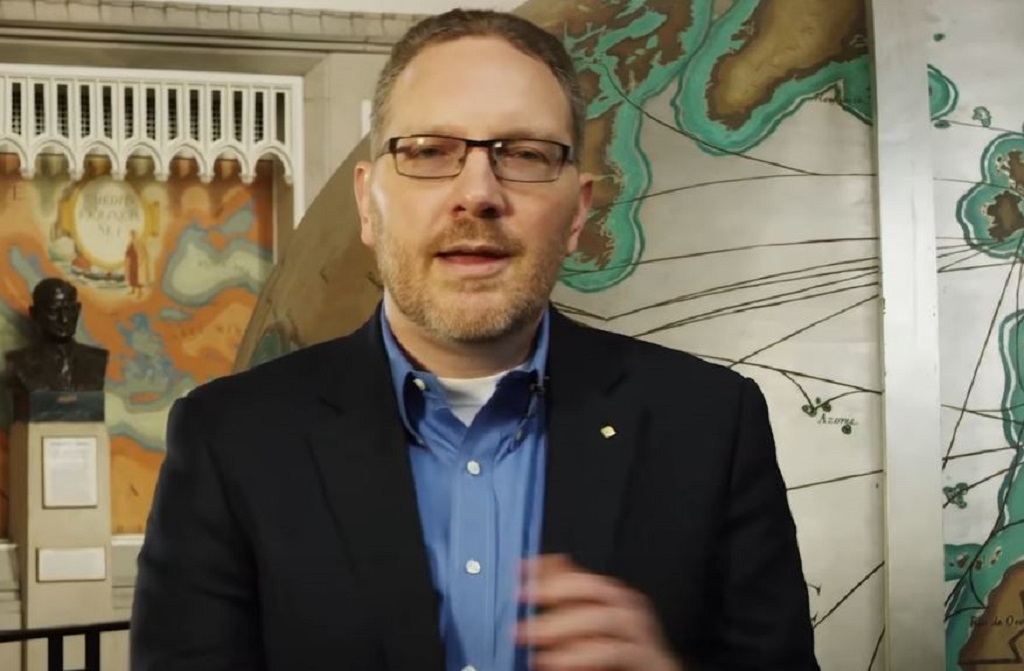
Dish Reiterates Need for Full Three-Year Phase-out of Sprint Network
Supply chain issues are impacting Dish’s ability to bring on new customers, company says.
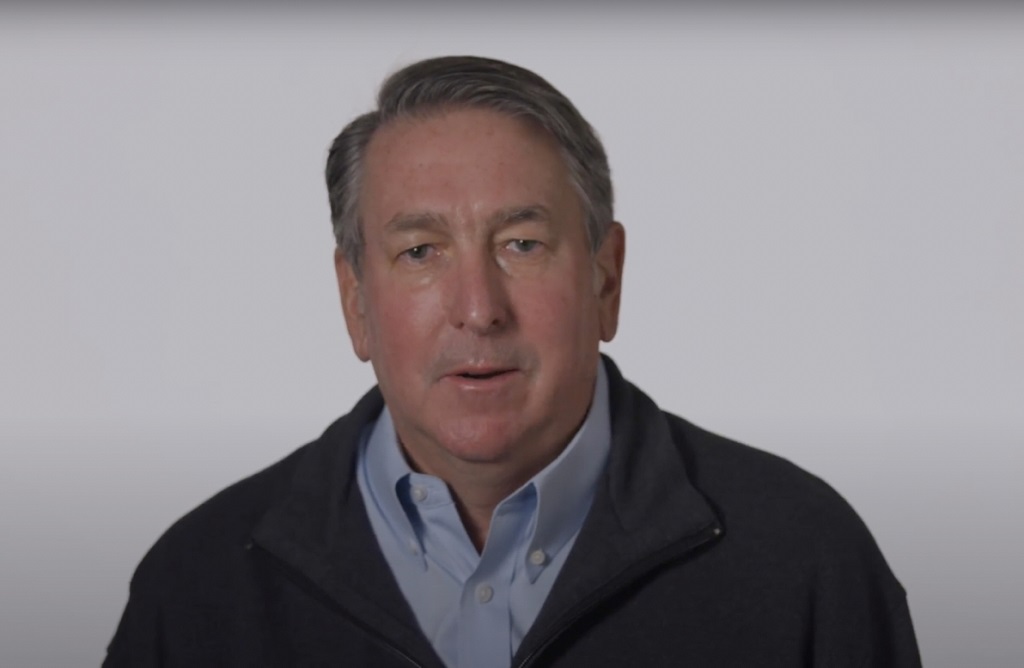
Google, Reliant On Success of 5G, Says It Wants Government-Funded Test Beds for Open RAN
Company says that the next generation of its products depend on 5G progress.
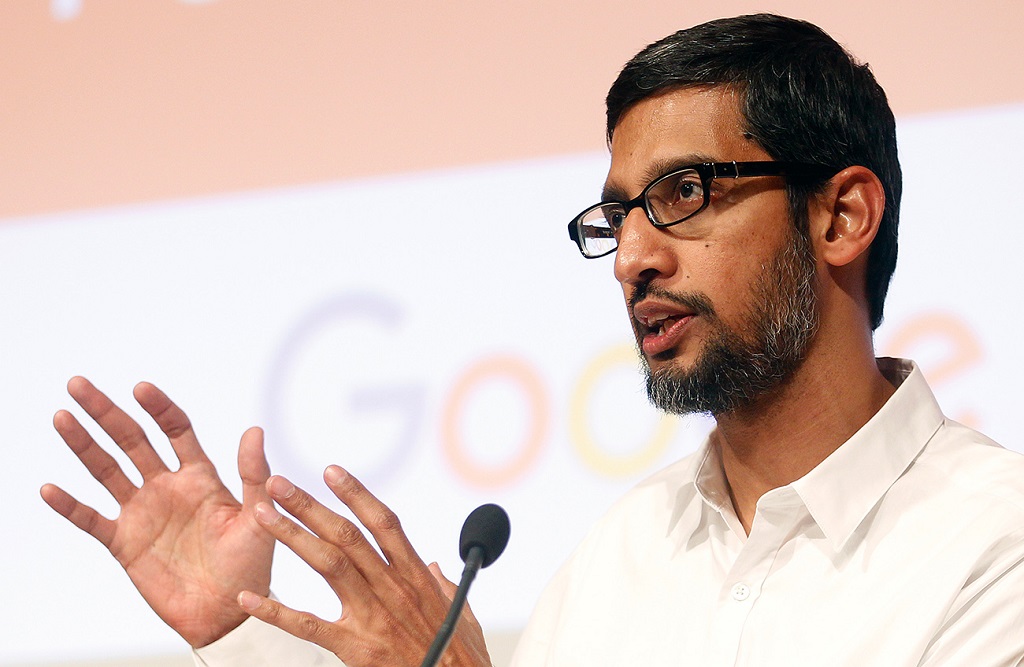
Observers Wrangle with Whether Bipartisanship on Broadband Infrastructure Will Last
Concern that pandemic only temporarily heightened broadband awareness in Washington.
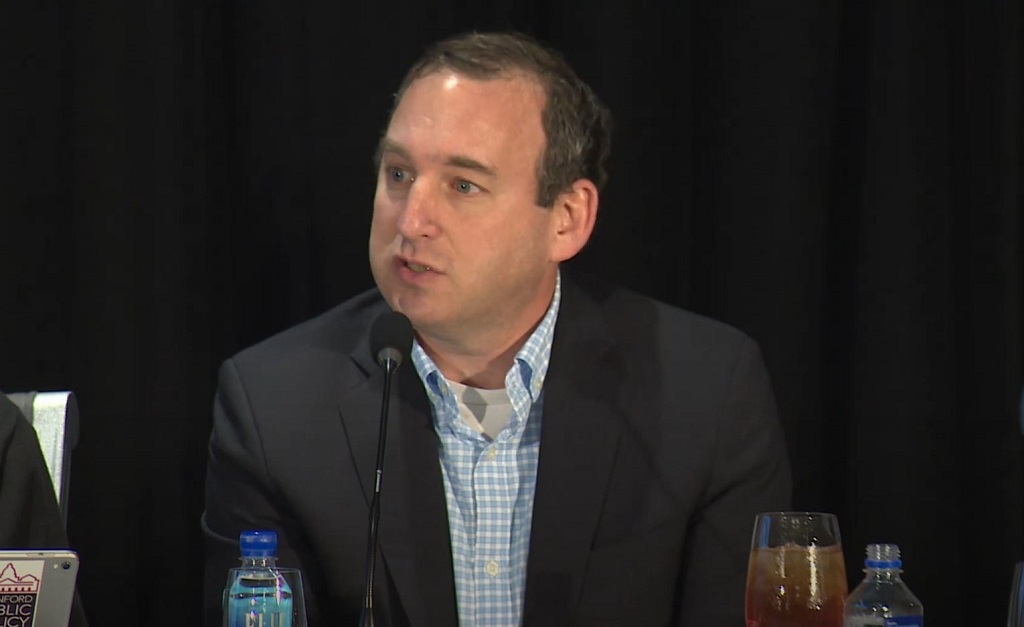
O’Rielly ‘Perplexed’ By Delay in Rosenworcel Decision, China Mobile Domesticating Contracts, AT&T Partners with Frontier
Former FCC commissioner confused by Biden, China Mobile only choosing Huawei and ZTE, and AT&T partners with Frontier.
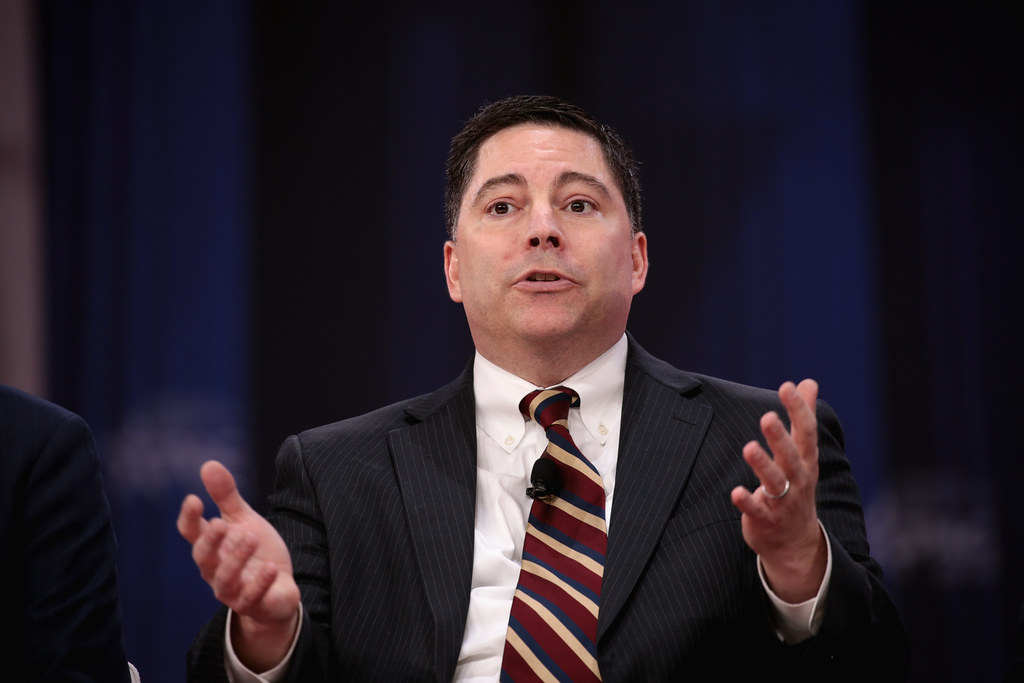
Mapping Comment Deadline Extended, AT&T Gets Federal Contract, 5G and LTE Drive Microwave Demand
The FCC extends Form 477 comment deadline, AT&T secures State Department contract, mobile wireless driving equipment demand.
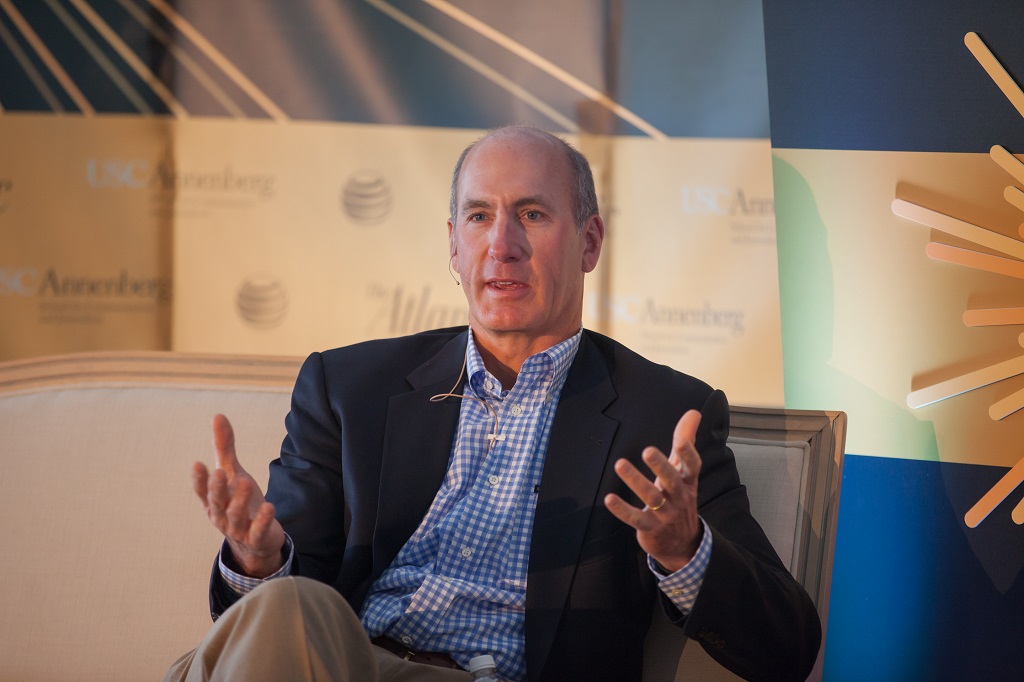
Jeff Blum and V. Noah Campbell: Unleashing the Next Wave of American 5G through Competition in the 12 GHz Spectrum Band
Allowing 5G use of the 12 GHz band will lead to better broadband.
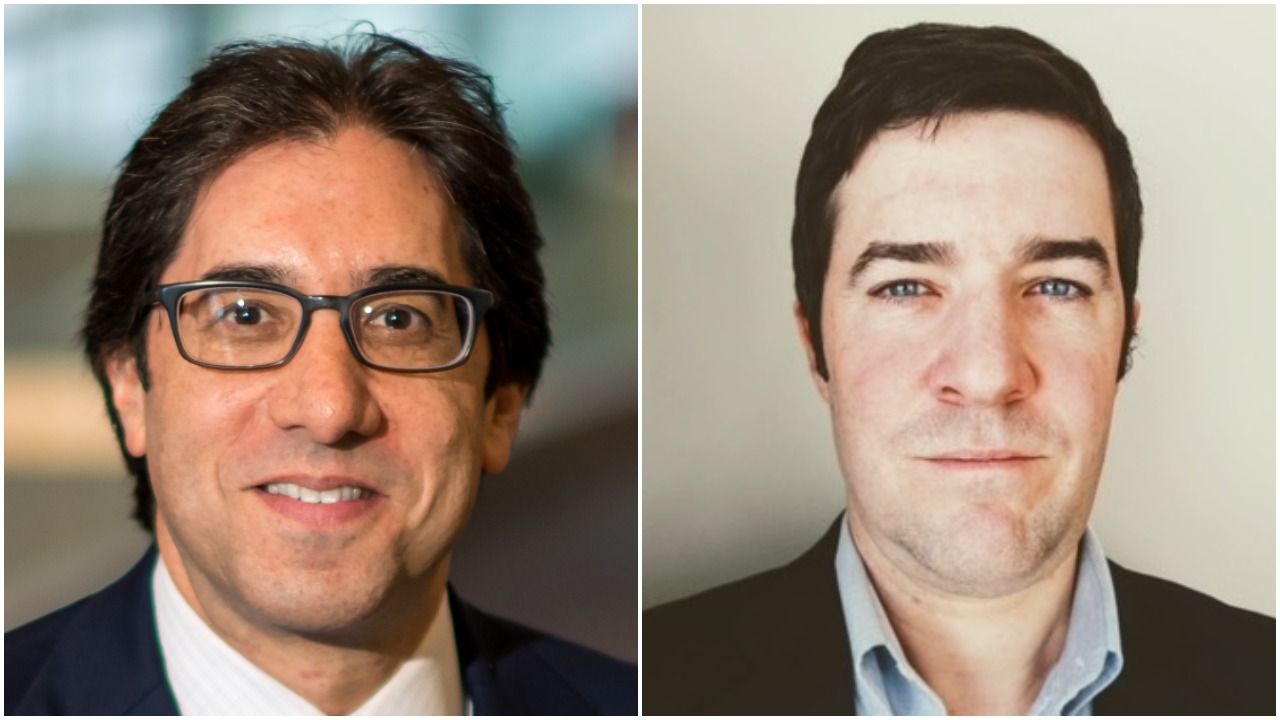
Property Owners Highlight Role of Commercial Real Estate in Digital Infrastructure Deployment
Wireless push by FCC has led to higher capacity broadband throughout multi-tenant buildings.
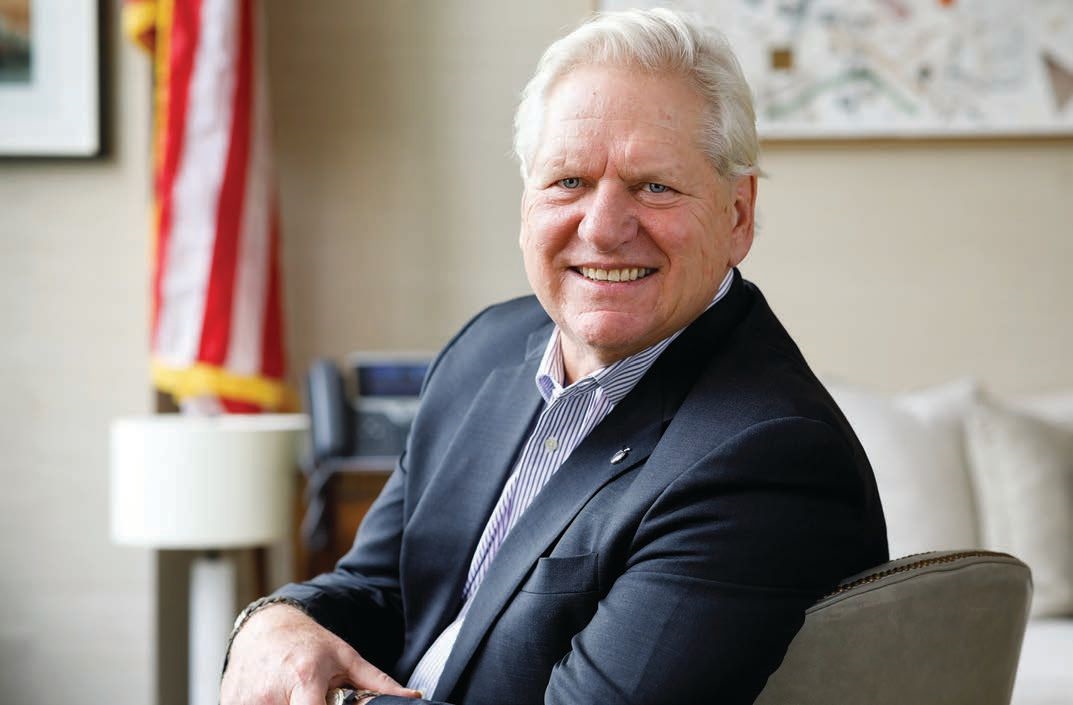
Congress Must Support Multiple Broadband Technologies, Wireless Association Says
Debate has pitted certain tech over others, but the WIA says all broadband tech must be considered.
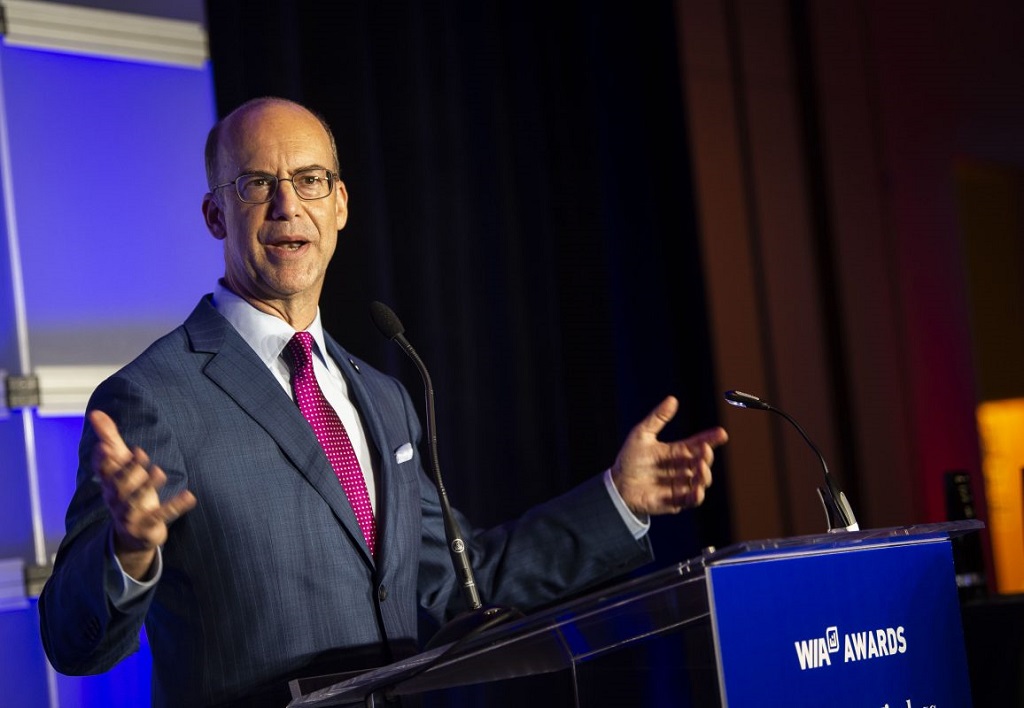
Broadband Breakfast Interview About the Future of 5G with John Godfrey of Samsung
Greater availability of mid-band spectrum has kick-started 5G through better signal propagation, penetration and carrying capacity.
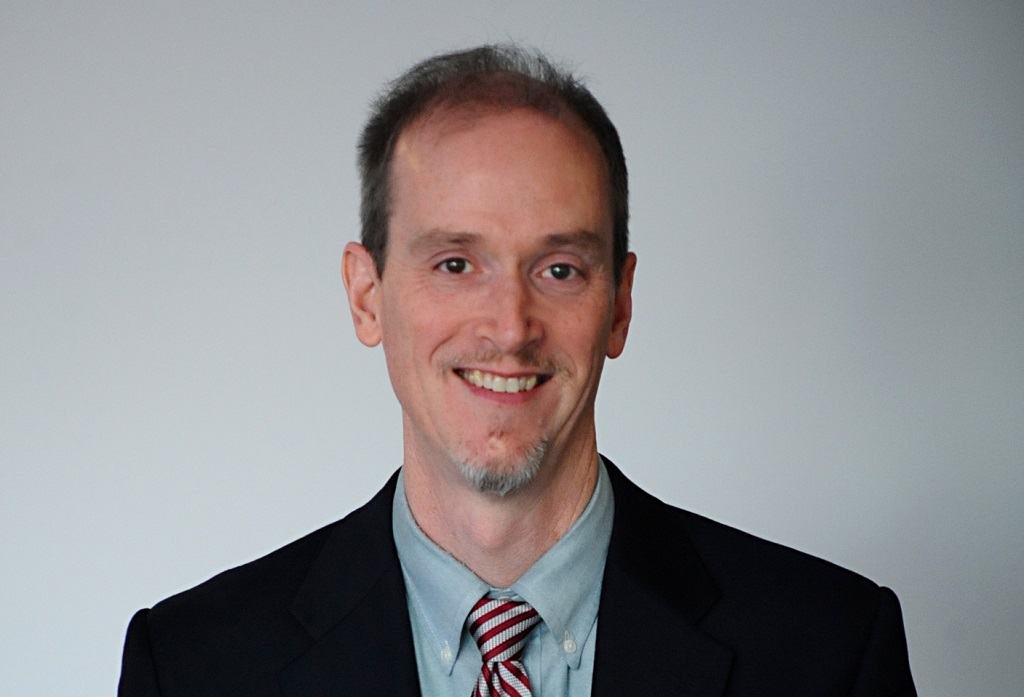
Network Automation is Key to 5G’s Future, Experts Say
Artificial intelligence can help manage an increasingly growing network with the advent of new devices on 5G networks.
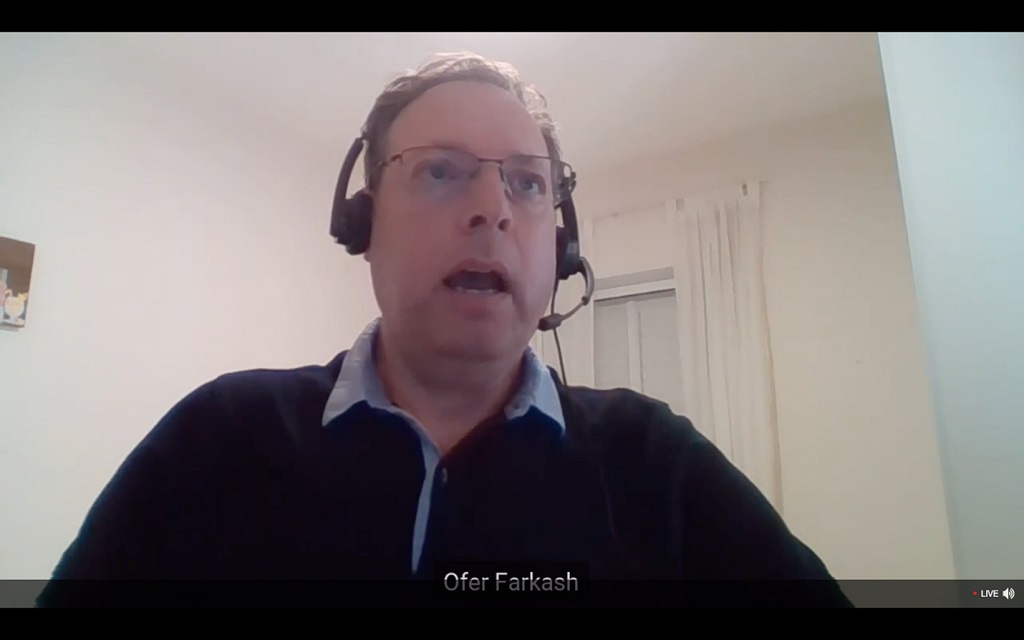
AT&T Labelling Over 1B Robocalls, NTIA Updates Broadband Guide, Fiber Assoc. Says Current Speeds Inadequate
AT&T is now labelling over 1 billion spam calls, NTIA updated broadband guide, FBA says speeds inadequate.

STL Announces Technology Advisory Council to Advance Wireless and Open Networking
Founded in India in 1988, STL has expanded far beyond its historical focus on fiber optics.
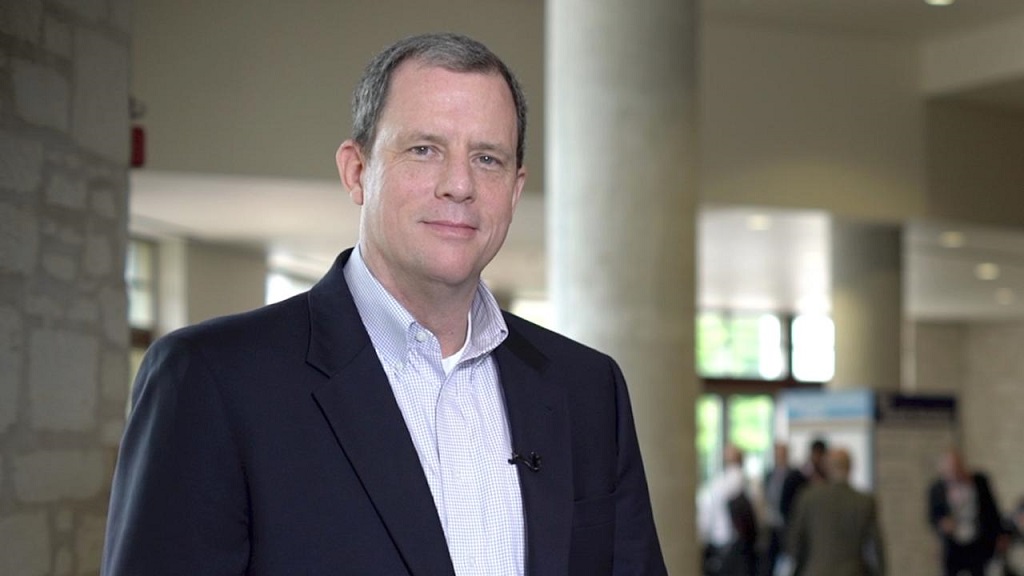
Could And Should Future 5G Networks Include Open Core Access?
Experts argue the 5G core network may need to be open to fully realize goals of next-gen wireless networks.
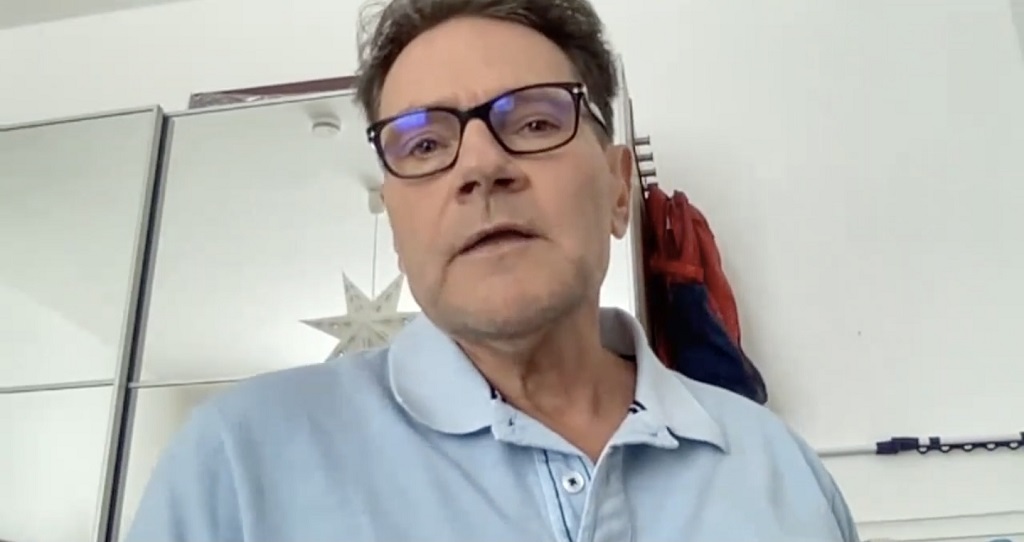
Senate Committee Hears High Symmetrical Internet Speeds, Up-To-Date Technologies For Future Of Rural America
NTCA’s Shirley Bloomfield on driving improvements for rural broadband.

5G Broadband Speeds Could Be Difference Between Wired and Wireline For The Home
If fiber speeds don’t increase — and 5G meets the hype — consumers could use wireless for the home.
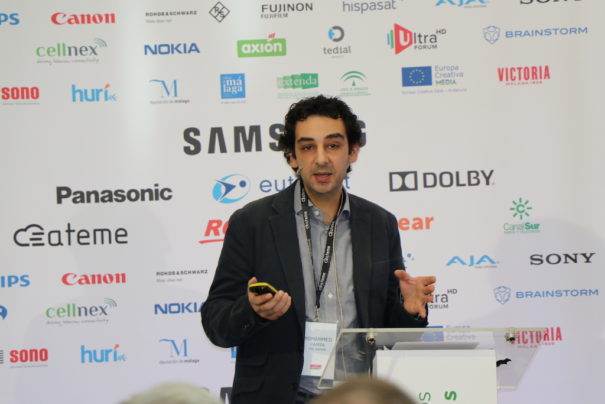
Explainer: Is Spectrum Sharing a Key to Broader Connectivity Goals?
In the second in a series of explainers, Broadband Breakfast looks at the quickly emerging topic of spectrum sharing, as 5G ramps up against the finite resource.
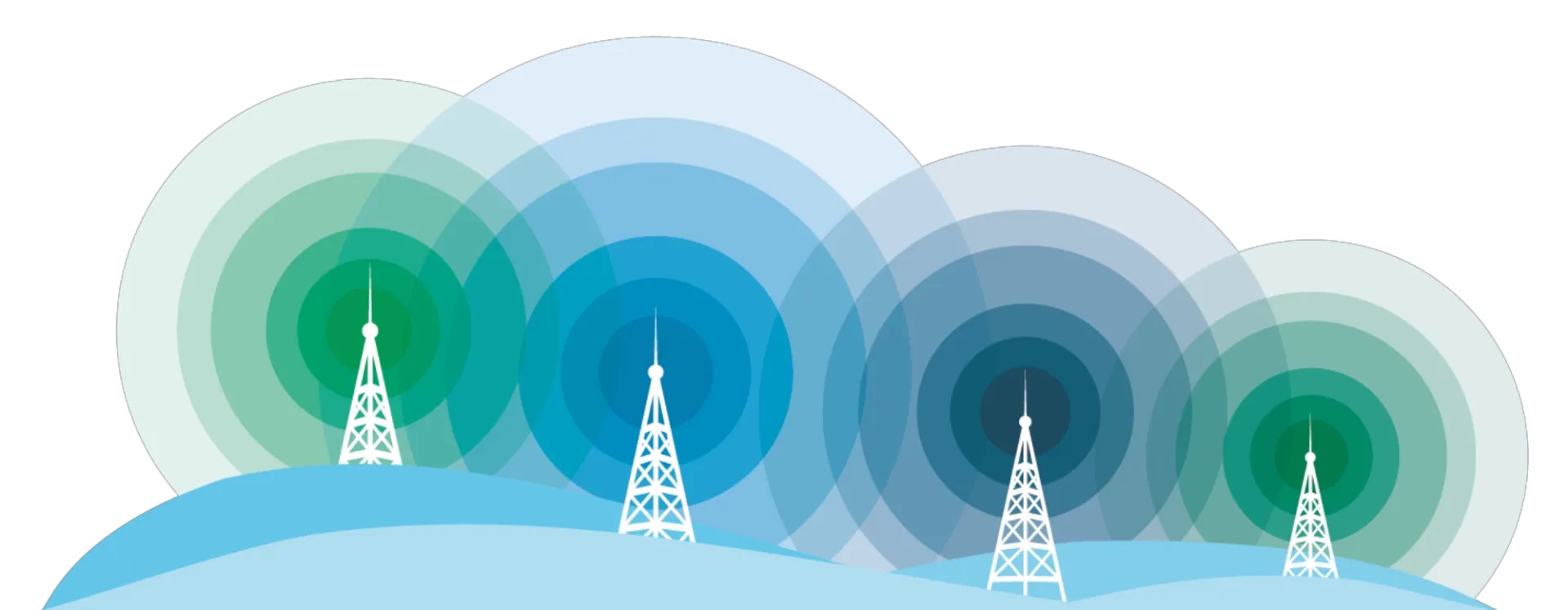
FCC Acts to Expand Access to Spectrum Sharing in American Territories
Chairwoman Rosenworcel has been a longtime supporter of spectrum sharing, and these actions advance that aspect of her agenda.

Shabbir Bagasrawala: A Clarion Call for Supply Chain Diversity in Our Telecom Networks
Limited competition is provided by the existing trio of vendors. This worsens the supply chain problem for operators.

In Call For Open Radio Access Network, FCC Chairwoman Points to Security and Cost Savings
March 18, 2021—The FCC on Wednesday launched its first official inquiry into the status and trajectory of open radio access network technology, with the acting chairwoman suggesting the search for new network vendors must ramp up. The open RAN movement has gained significant momentum since Huawei wa
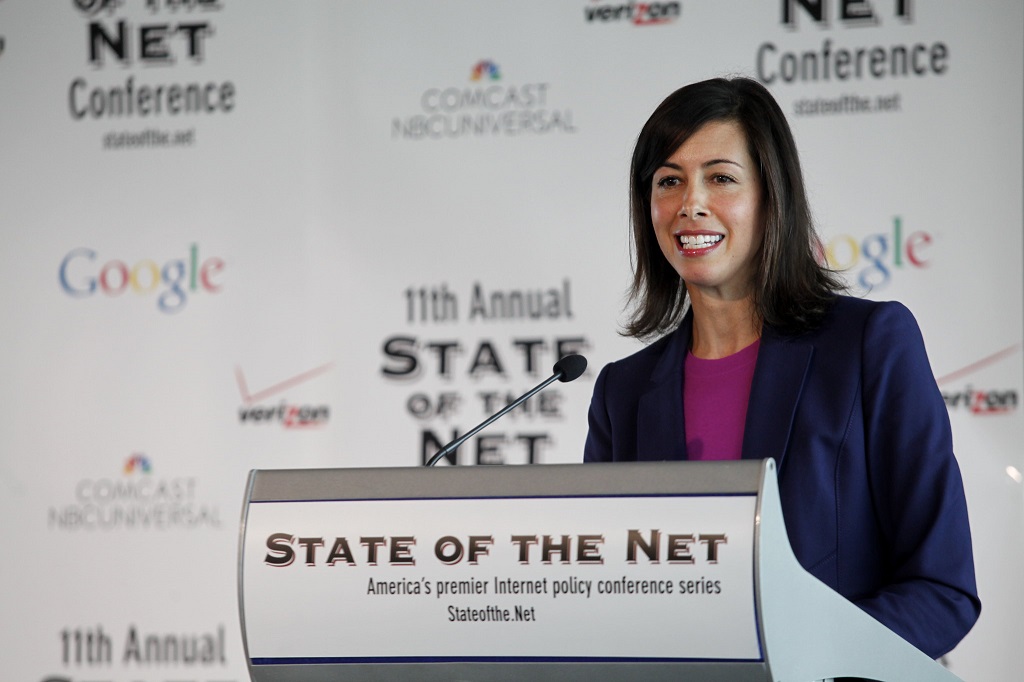
Federal Communications Commission Approves Auction Rules For 3.5 GigaHertz Band
March 17, 2021—The Federal Communications Commission voted on a handful of items pertaining to the upcoming 3.45-3.55 GigaHertz (GHz) spectrum auction’s rules and bidding process. Rules regarding the facilitation and operation of the 100 megahertz between 3.45 GHz and 3.55 GHz were voted on Wednesda
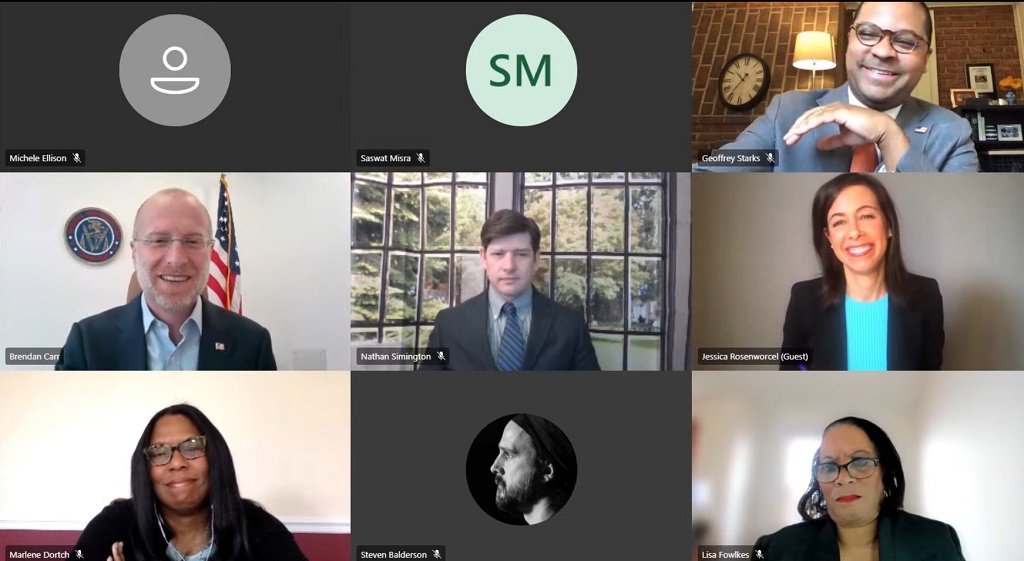
FCC’s Brendan Carr Offers Roadmap for Future Spectrum Auctions at Mid-Band Radio Frequencies
March 16, 2021— Federal Communications Commissioner Brendan Carr said he is looking ahead toward spectrum bands that could potentially be auctioned off in the future. Speaking at a Monday event hosted by the American Enterprise Institute, Carr offered a roadmap for several bands that he would like t
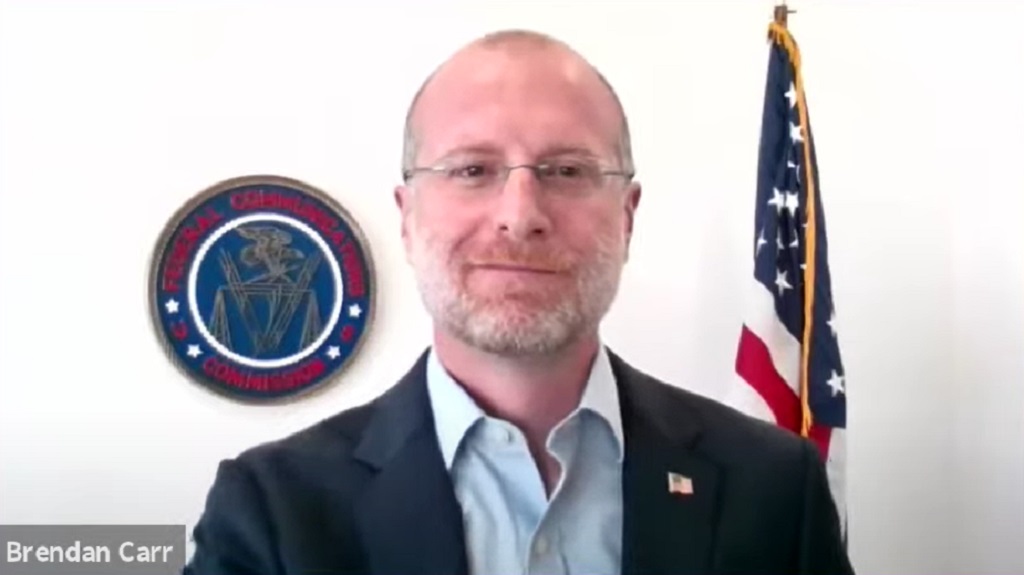
Industry Experts Fight Over Whether Satellite Tech Should Monopolize 12 GigaHertz Band
March 8, 2021—Experts are divided about how the 12 GigaHertz (GHz) spectrum should be utilized in the wake of the historic C Band auction, which would primarily be used by satellite technologies. Representatives from some of the largest wireless providers quarreled in a lively exchange on March 4 as
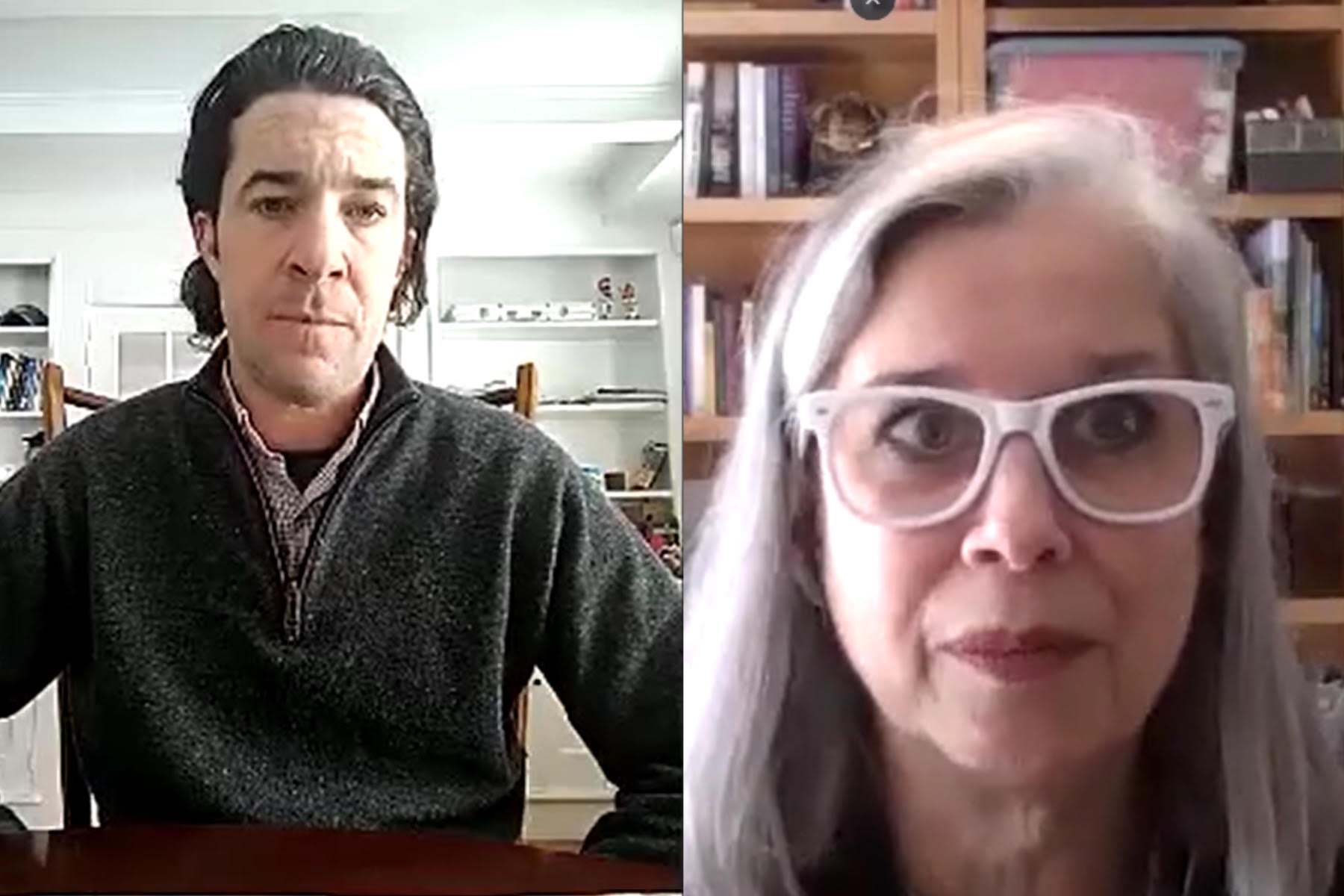
WISPA Responds To Claims Wireless Providers Have Not Demonstrated Gigabit Capabilities
March 3, 2021—Vantage Point Solutions is questioning whether wireless providers can deliver on their contractual obligations following the announcement of $9 billion in federal award for the first phase of the Rural Digital Opportunity Fund. The concerns, outlined by CEO Larry Thompson in a white pa
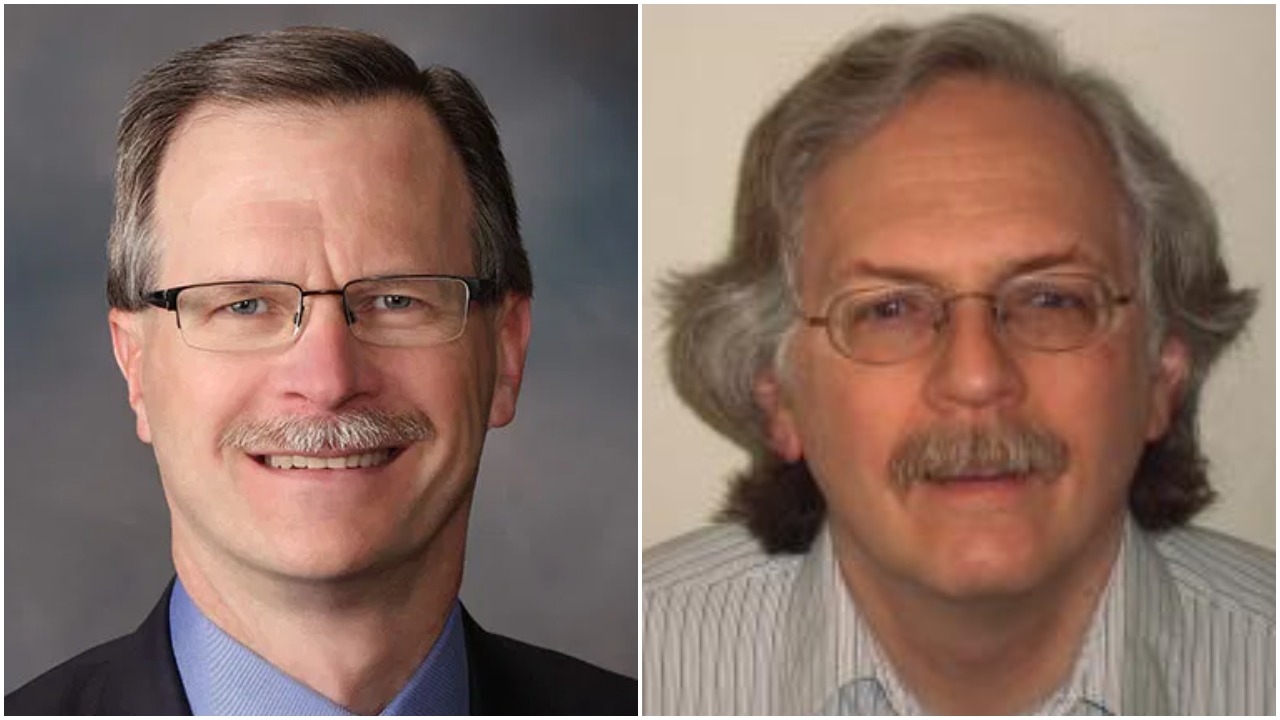
Smaller Carriers Serving Rural Communities Need Customer Service to Stand Out
February 25, 2021—Customer service strategies are being used to separate smaller carriers from bigger ones during the pandemic, according to company executives speaking at the third general session Thursday at the conference of NTCA, the Rural Broadband Association. In the session, industry members

Labor Department Official Addresses Apprenticeships at Wireless Infrastructure Event
February 25, 2021—As the demand for broadband continues to grow during the pandemic, so too must the workforce responsible for deploying it. One avenue for growing this workforce is apprenticeships facilitated by broadband providers, often in conjunction with universities or trade organizations, suc
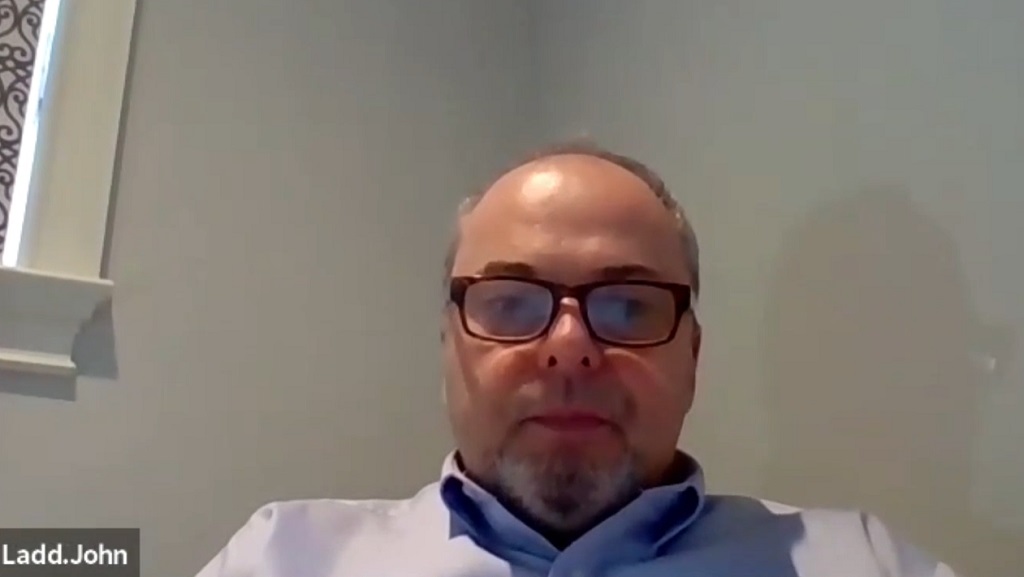
Wireless Infrastructure Advocates Urge Municipalities to Work Collaboratively on 5G Facilities
February 25, 2021— Municipalities and the nation’s carriers must work together to deploy and extend networks as the era of 5G quickly approaches, experts said Wednesday. Tensions have been picking up between industry and local governments about access to infrastructure to extend broadband networks b
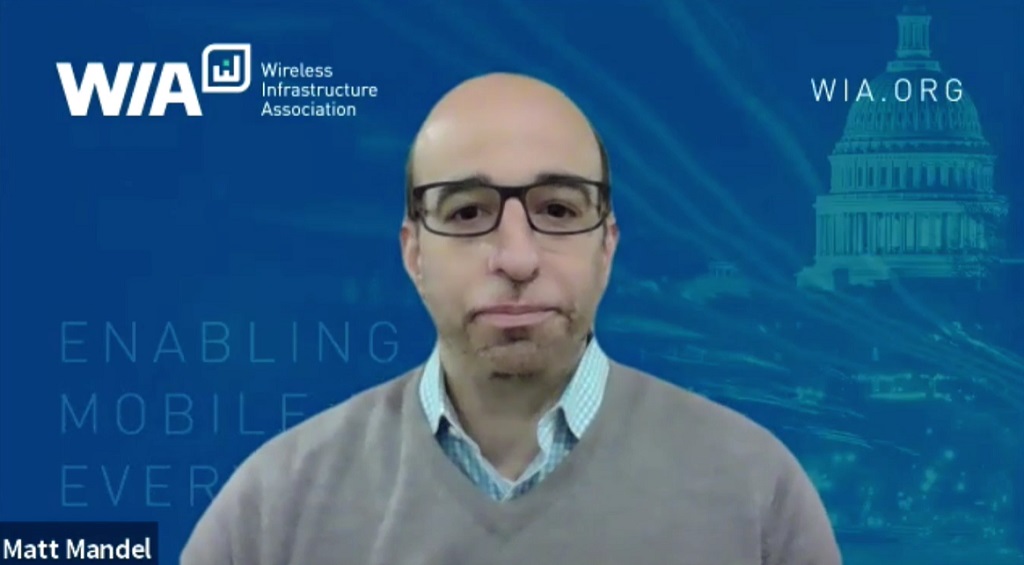
FCC Acting Chairwoman Jessica Rosenworcel Proposes Opening Mid-Band Spectrum For Sharing
February 23, 2021—Amid the search for more spectrum, Federal Communications Commission Acting Chairwoman Jessica Rosenworcel on Tuesday released a draft order that would clear spectrum for 5G deployment and auctioning. Rosenworcel shared her plan for opening and auctioning the 3.45-3.55 GigaHertz (G

U.S. Window of Opportunity for Open Radio Access Networks is Closing, Say Panelists
February 24, 2021—Some experts suggest that the future of wireless connectivity is in open radio access networks, but the window of opportunity for the U.S. to lead the way in this endeavor is closing. Radio access networks comprise physical pieces of equipment – such as antennae or other hardware –
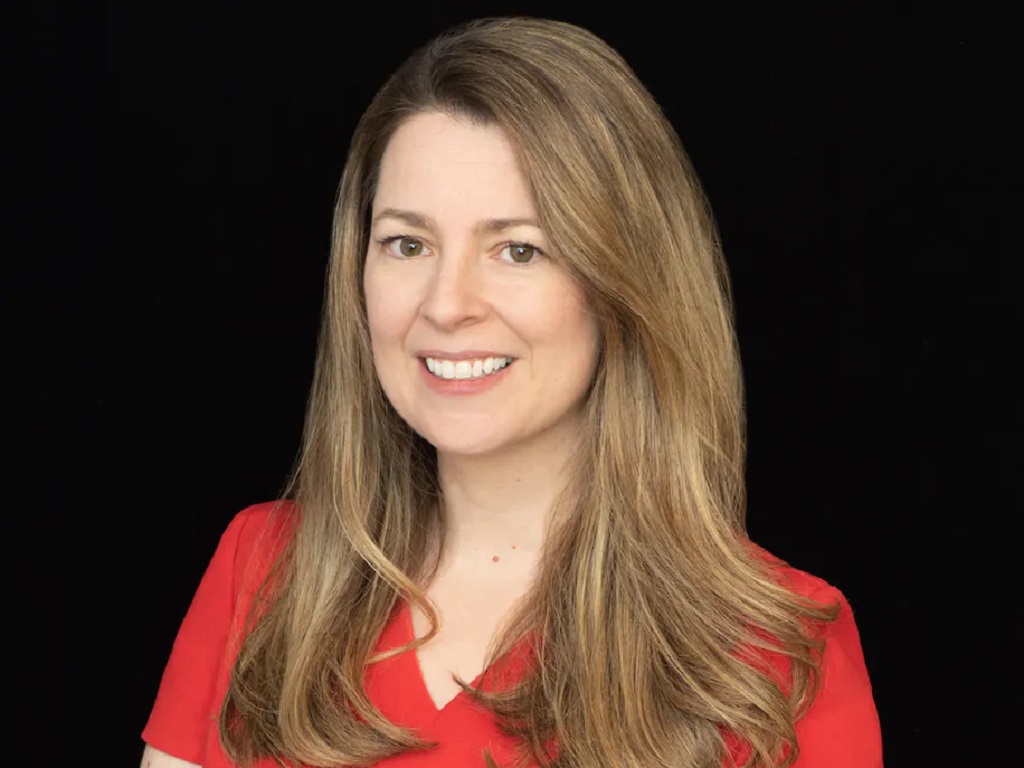
In Regard to Wireless Deployments, City Leaders Offer Advice to Strengthen Local Government Authority
September 15, 2020 — Don’t talk to Portland, Oregon, about what it’s like to challenge the federal government. They’ve also been a pioneer of taking on the Federal Communication Commission in advocating for local governments in the deployment of small cell technology. The city sued the FCC over its
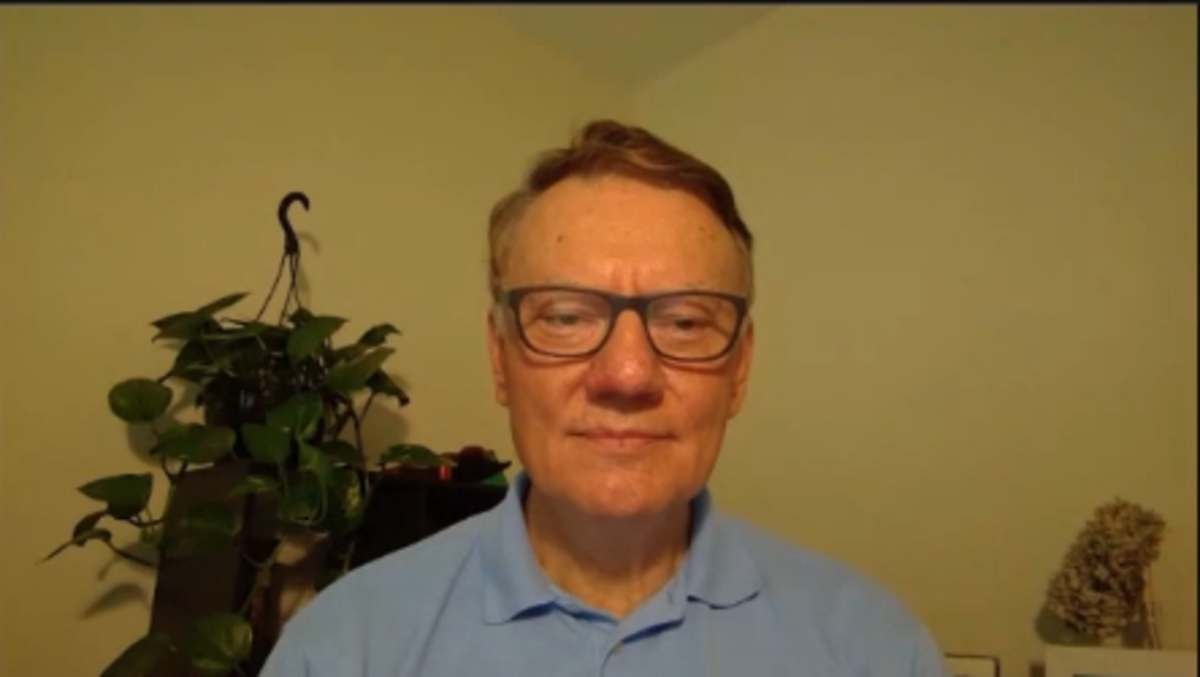
Federal Communications Commission Advisory Council Recommends 5G Vulnerability Changes
June 11, 2020 — The Federal Communications Commission’s Security, Reliability and Interoperability Council voted to accept recommendations addressing how vulnerabilities of 5G infrastructure might impact the integrity and confidentiality of wireless networks Wednesday. Lee Thibaudeau, chair of Worki
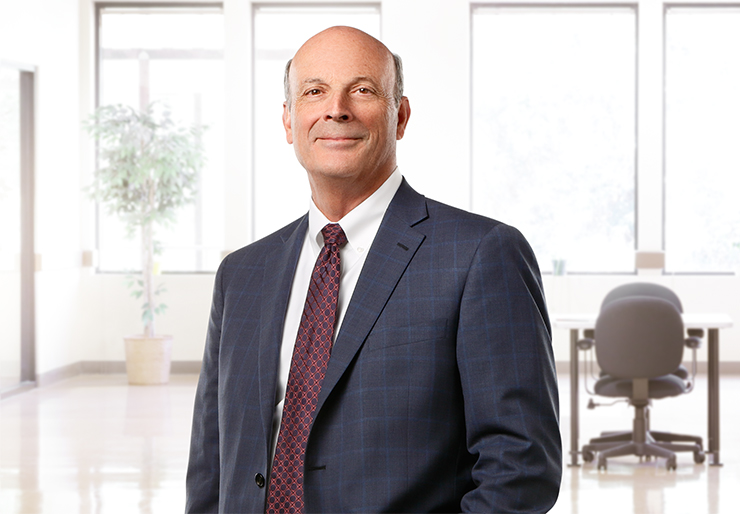
Federal Communications Commission Chairman Ajit Pai Announces Accelerated C-Band Transition
June 1, 2020 — Federal Communications Commission Chairman Ajit Pai announced Monday that he instructed satellite operators to expedite the transition of C-band spectrum for 5G technologies. The agency’s Wireless Telecommunications Bureau, which executes policy changes, received confirmations from ea
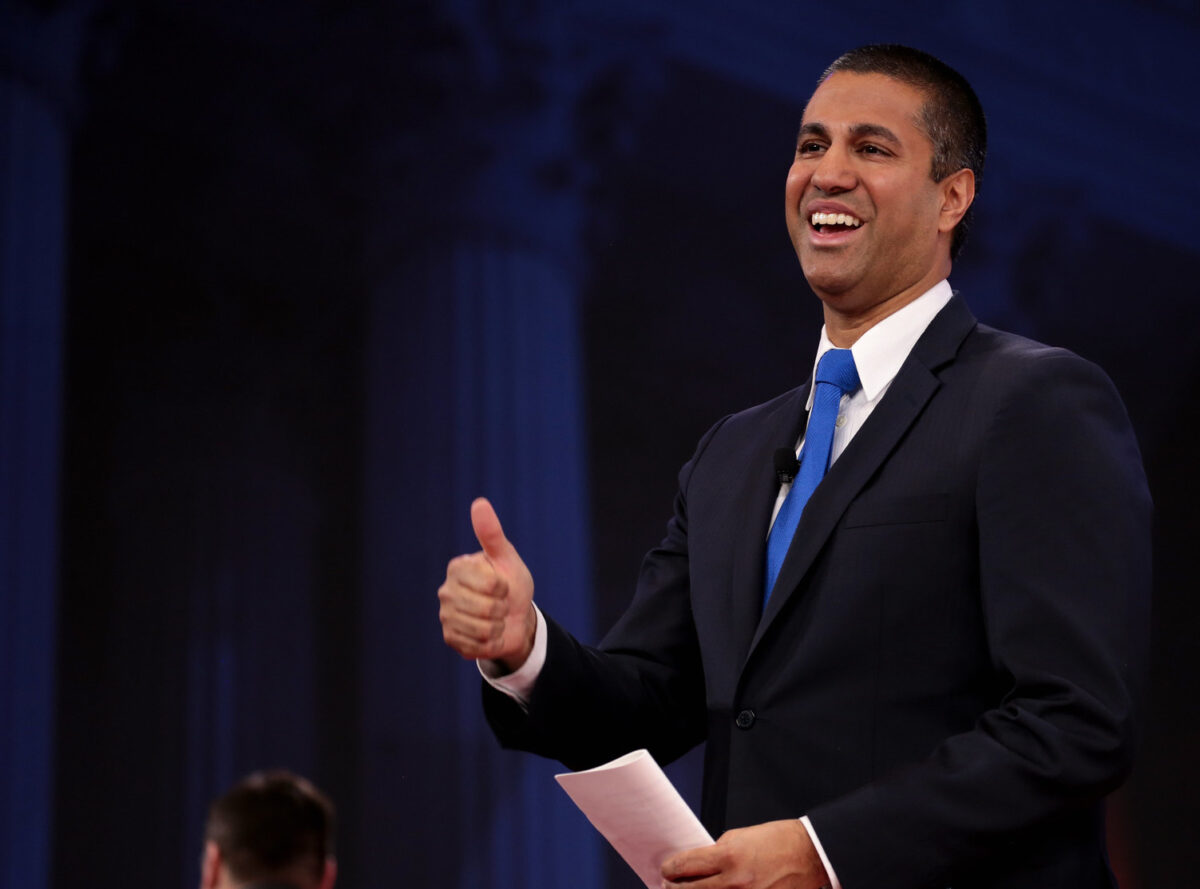
FCC Approves Rules for Deployment of Satellites, Allocates Six Megahertz of Low-Band Spectrum to Broadband
May 13, 2020 — The Federal Communications Commission on Wednesday adopted new rules for the deployment of satellites. The action, at the agency’s May meeting – its second monthly meeting conducted remotely because of the coronavirus pandemic –comes at a time of increased pressure by military officia
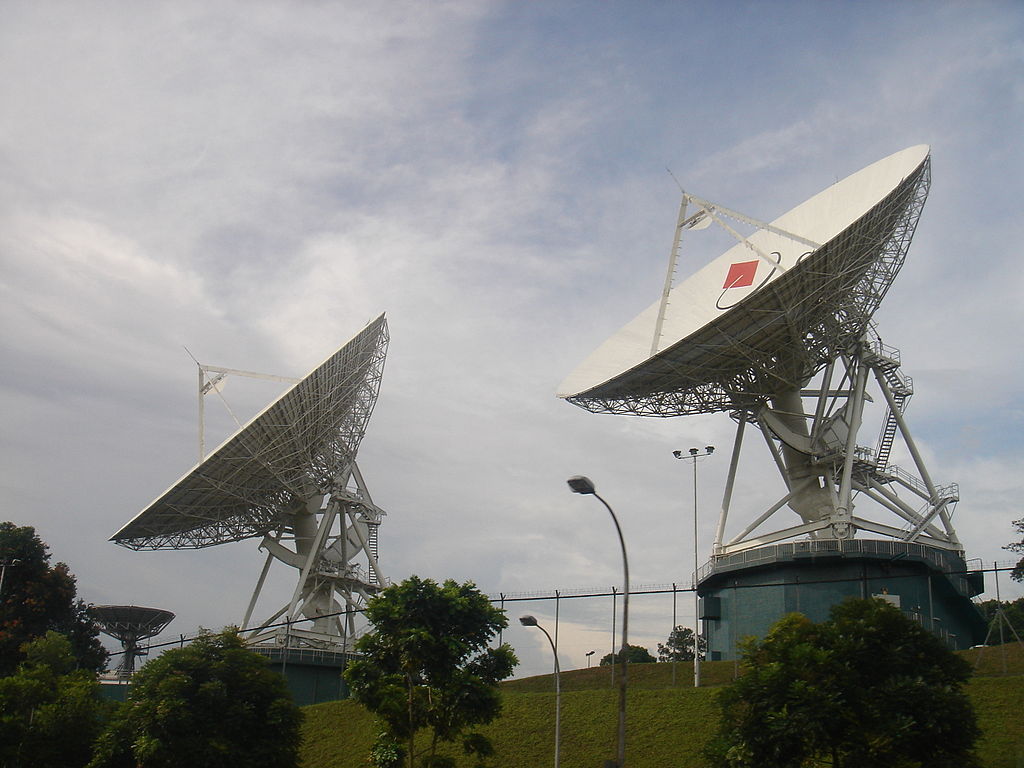
Fiber Optics Generally a Better Option Than Wireless, Even in Rural Areas, Says Municipal Broadband Advocate
May 5, 2020 – As internet connectivity grows increasingly essential, fiber optics may prove to be a better option than wireless internet connection, the Institute for Local Self Reliance’s Christopher Mitchell said Tuesday at a webinar hosted by the nonprofit Merit Network. Mitchell, who directs th
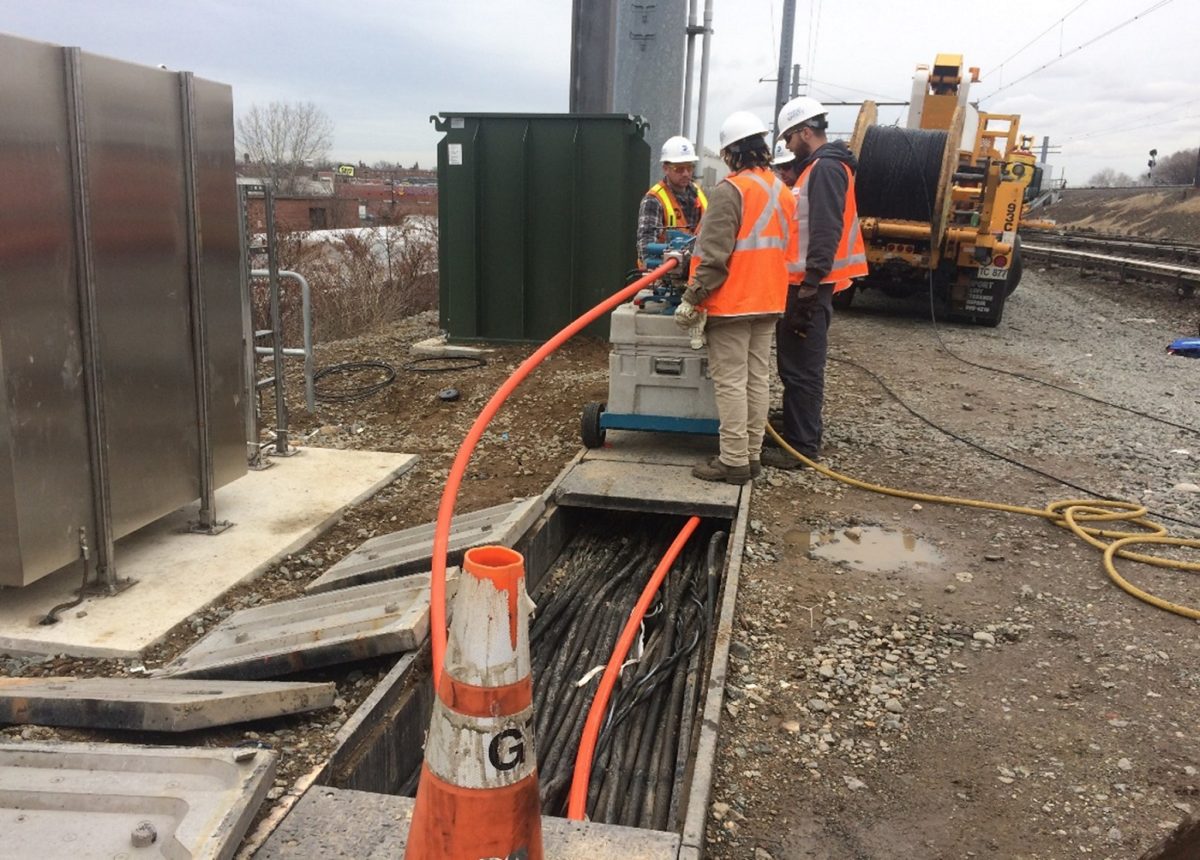
Syracuse, N.Y., and Other Cities Discuss Process of Coexistence With ‘Small Cell’ Wireless Technology in Rights-of-Way
April 8, 2020 – Syracuse, New York, has made significant strides in implementing small cells technology to poles, according to a webinar hosted by smart city-accelerator US Ignite on Monday. So-called “small cells” are the wireless transmitters and receivers that go on streetlights on poles in a cit
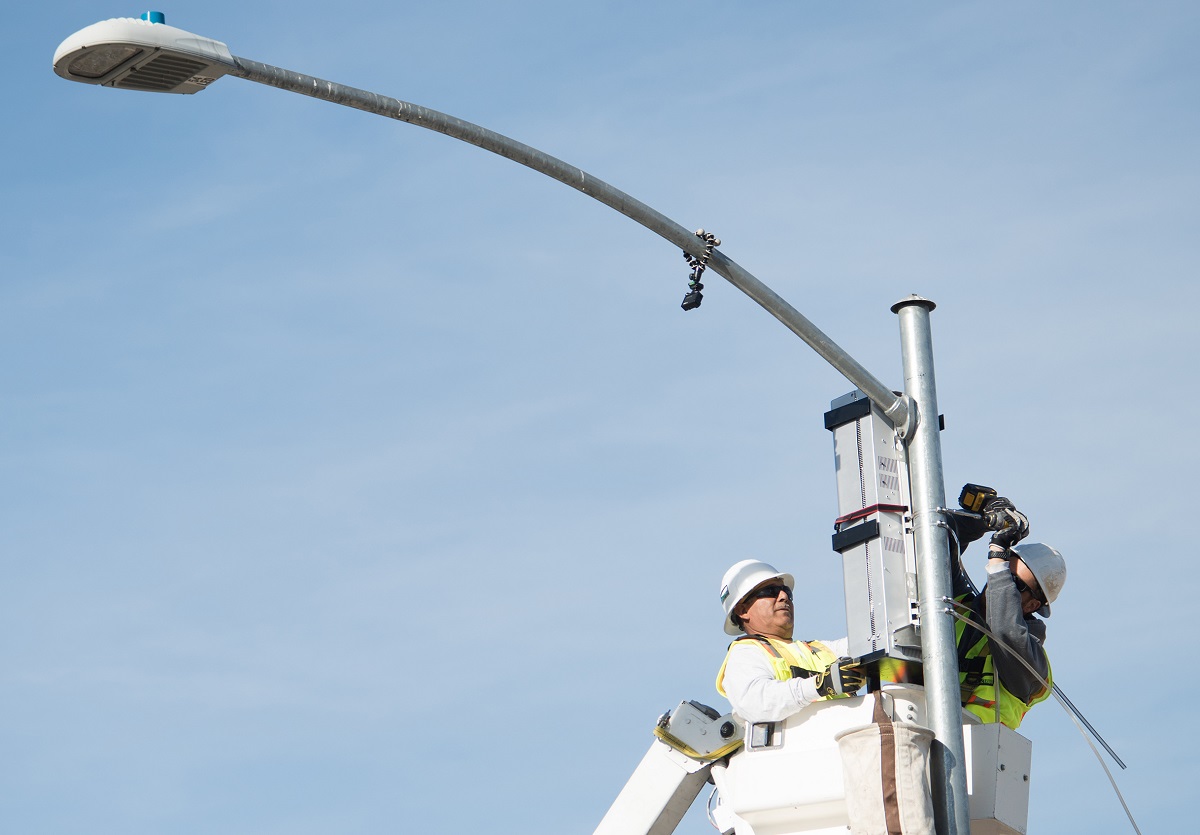
In Law More Than a Year, MOBILE Now Advocates Say Act Requires Further Implementation for 5G Deployment
WASHINGTON, December 6, 2019 – Even though the so-called MOBILE NOW law has been effect since March 2018, former Senate Commerce Committee Chairman John Thune, R-S.D., highlighted ongoing implementation needs at a Thursday hearing. Dubbed the Making Opportunities for Broadband Investment and Limitin
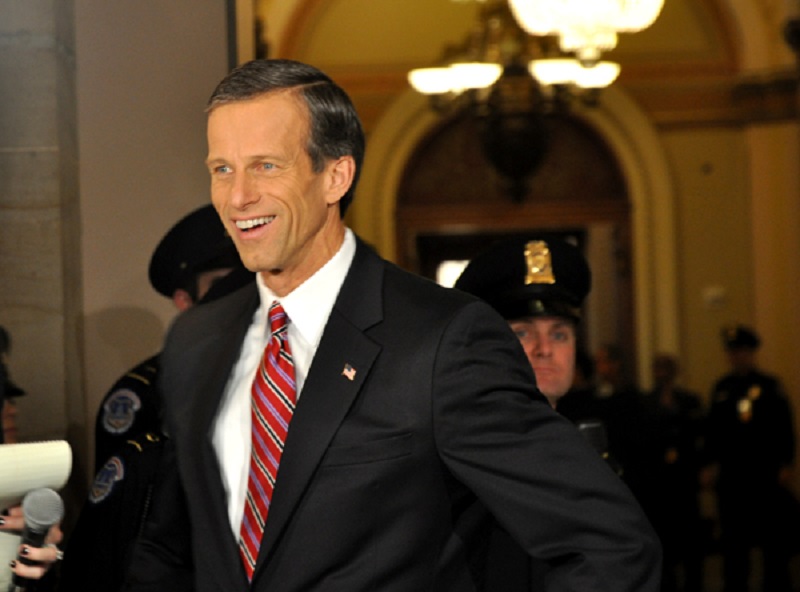
T-Mobile’s Acquisition of Sprint Passes Federal Muster, But 16 States Press On in Opposition
WASHINGTON, November 14. 2019- Despite the approval of the T-Mobile-Sprint merger by the Federal Communications Commission and the Department of Justice, 16 state attorneys general are still determined to block the acquisition. Policy experts at Thursday’s Capitol Forum conference advocated both the
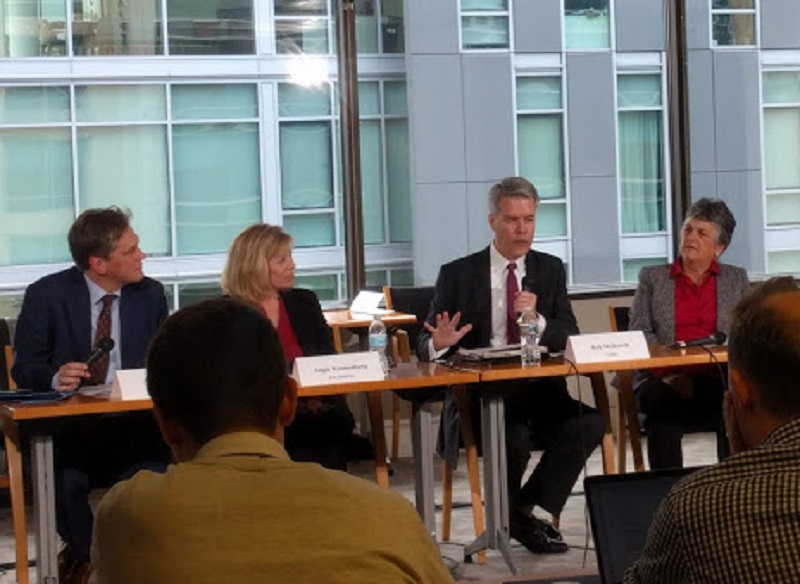
Questions of Public vs. Private Auction and Role of 5G Spectrum Dominate Conference on C-Band
WASHINGTON, October 9, 2019 – Proposals to allocate C-Band spectrum to terrestrial wireless providers are getting close to action decision-making. However, questions remains about whether to conduct a public or private auction for the right to use mid-band frequencies, as well as how much spectrum
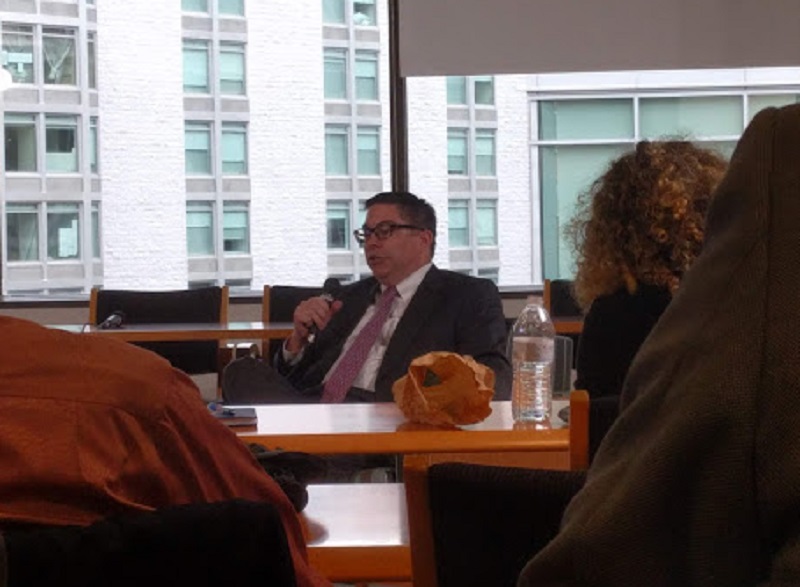
Ron Quirk: FCC Again Proposes to Enlarge Service Areas for Wireless Public Access Licenses
The Federal Communications Commission (FCC) recently issued a Public Notice seeking comment on procedures for the auction of Public Access Licenses (PALs) in the 3550-3650 MHz (3.5 GHz) band. The auction is scheduled for June 25, 2020. Comments are due by October 28, 2019, and reply comments are due
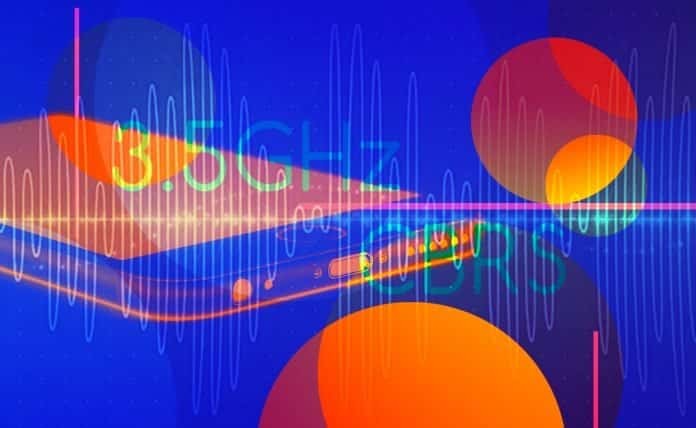
FCC Finalizes Approval of T-Mobile-Sprint Merger, As States Continue to Oppose
WASHINGTON, August 14, 2019 – Federal Communications Commission Chairman Ajit Pai on Wednesday issued a final order (PDF) that would approve the proposed merger of T-Mobile and Sprint. But the negotiations over the proposed transaction between the two telecom companies continues at the state level “
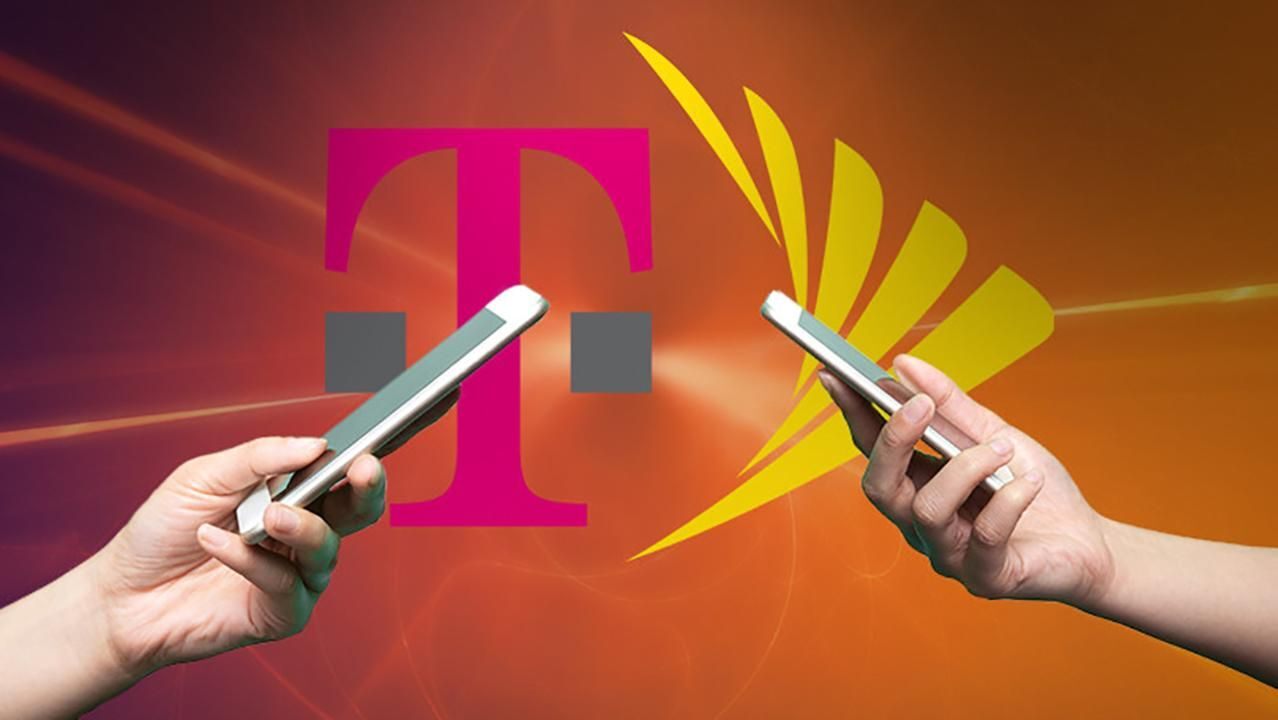
Cable Industry Touts Energy Efficiency, Next Century Highlights Open Access Fiber, Aspen Forum Set
Nearly 100 percent of internet modems, routers, and other equipment sold to residential broadband subscribers in 2018 met the energy-efficiency standards of the Voluntary Agreement for Ongoing Improvement to the Energy Efficiency of Small Network Equipment, according to a new report from auditor D+R
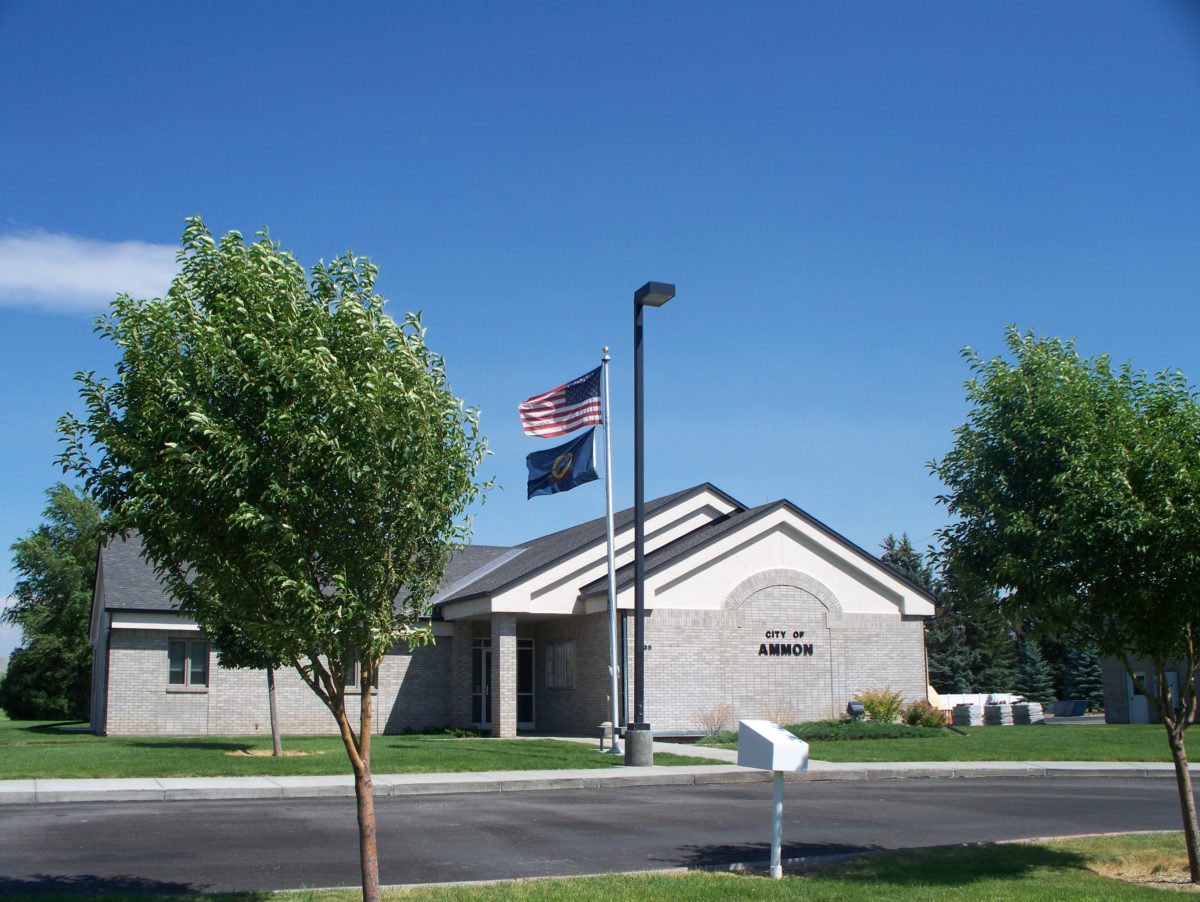
Faster Access in Metro and Suburban Areas, Amazon and Higher Prices, Trump and Social Media
Broadband technologies are getting better and faster, but access is still concentrated in metro and suburban areas, Kim Hart and Sara Fischer report in Axios. Despite efforts to narrow the digital divide, rural areas, small towns and low-income neighborhoods in big cities still struggle to have acce

T-Mobile/Sprint Merger Settlement Fiercely Criticized by Activists, and Dish Network’s Charlie Ergen is ‘Insulted’
WASHINGTON, July 31, 2019 — The Justice Department’s recently announced settlement on the T-Mobile/Sprint merger has drawn widespread criticism, even though the agreement maintains four nationwide carriers by drawing Dish Network into the marketplace. Dish has fiercely defended its ability to quickl
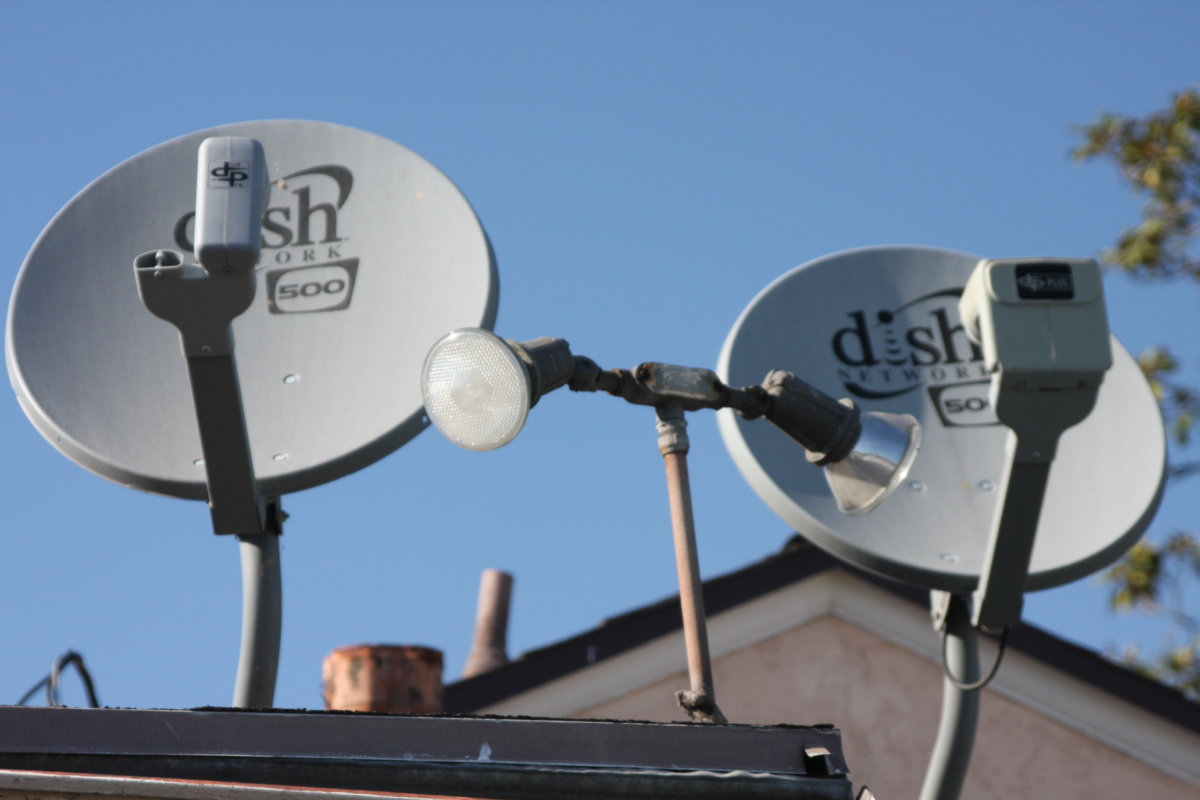
Justice Department Settles with T-Mobile/Sprint, with Dish Market Entry; Siri Eavesdropping
The Department of Justice announced Friday that it and the Attorneys General for five states reached a settlement with T-Mobile and Sprint regarding their proposed merger. The settlement requires a substantial divestiture package in order to enable a viable facilities-based competitor to enter the m
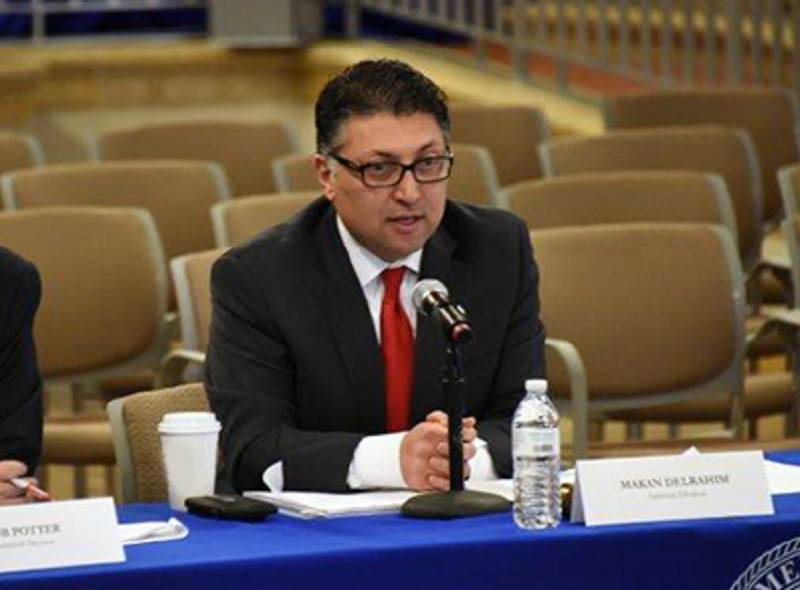
California Business and Its Privacy Act, Trump and Silicon Companies, C-Band Spat
California businesses and legislators are pushing to change the California Consumer Privacy Act, San Francisco Chronicle reports. Dirk Lorenz, owner of Fremont Flowers, said that the law will affect not only big tech firms, but small businesses as well. “It’s going to cost a good deal of money,” he
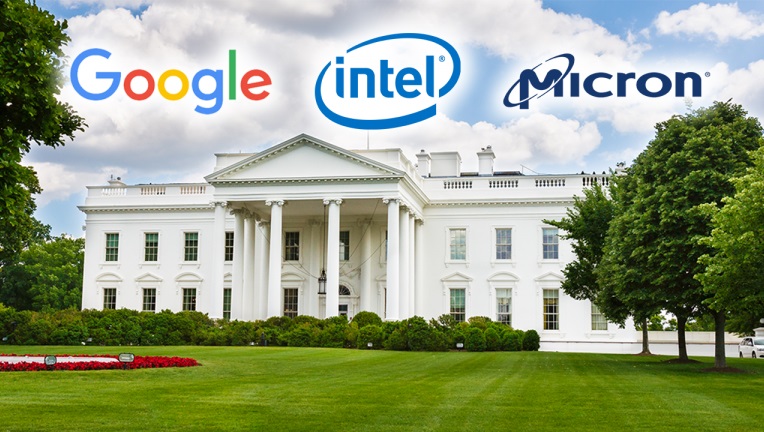
Consumer Groups Oppose Project Libra, Comcast on Shapefile Mapping, Windstream Goes Wireless
The Hill reports that dozens of consumer advocacy groups have called for congressional committees and regulatory agencies to impose a moratorium on Facebook’s cryptocurrency project. Among the 33 groups include Public Citizen, the Electronic Privacy Information Center, the Economic Policy Institute

Techies Tout Plan to Share the C-Band and Bring High-Speed Wireless Access to Millions
WASHINGTON, July 2, 2019 — About 80 million Americans in unserved or underserved locations could receive gigabit broadband access through spectrum sharing without harming existing operations, according to research conducted by Jeffrey Reed, Professor of Electrical and Computer Engineering at Virgini
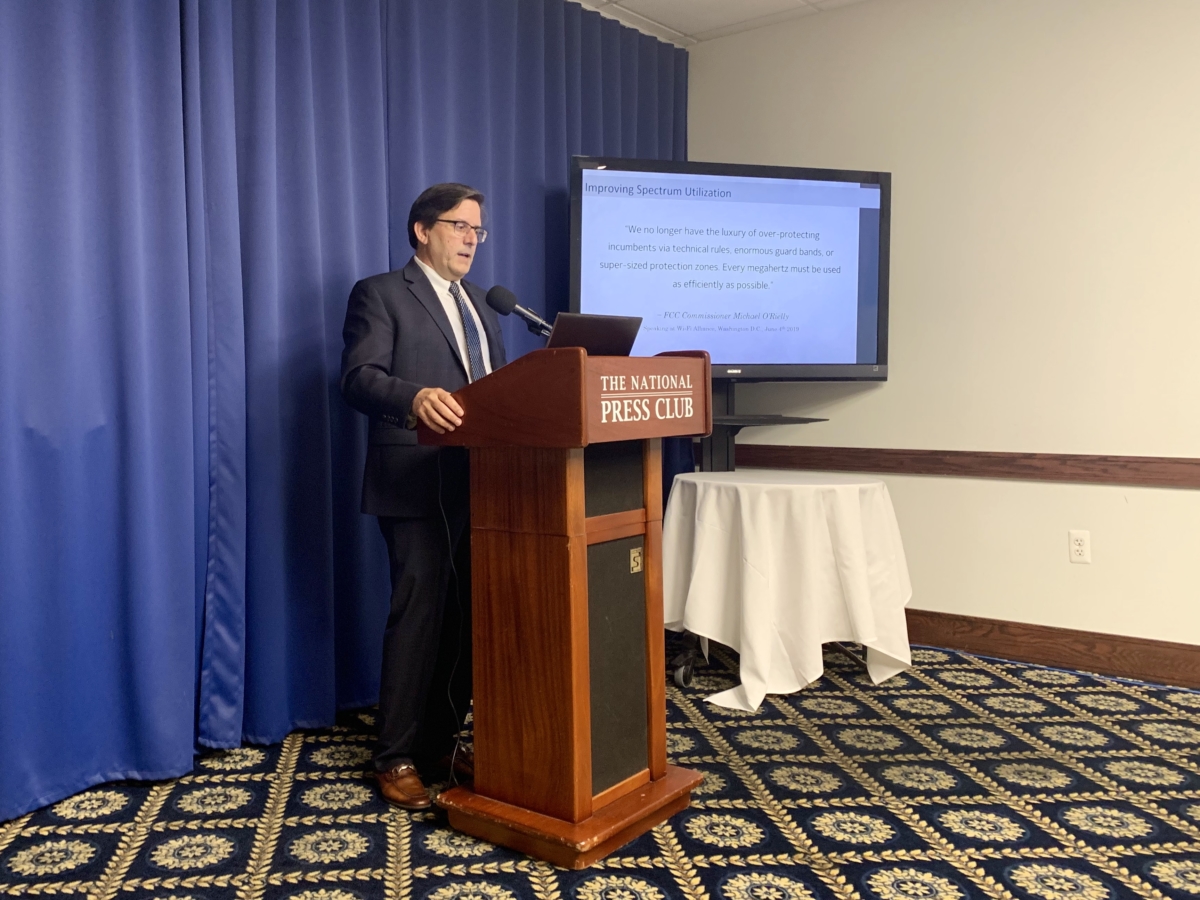
5G Needs Fiber, Anchorage Wireless Project and Budgeting for Broadband in Fort Collins
Just because 5G is “around the corner” doesn’t mean fiber optic broadband development is unnecessary, said Ben Lewis-Ramirez of Lit Communities. Ramirez is not the only one with a cynical outlook on 5G’s nationwide rollout. “Deep deployment of fiber optics is a national imperative. The success of 5G
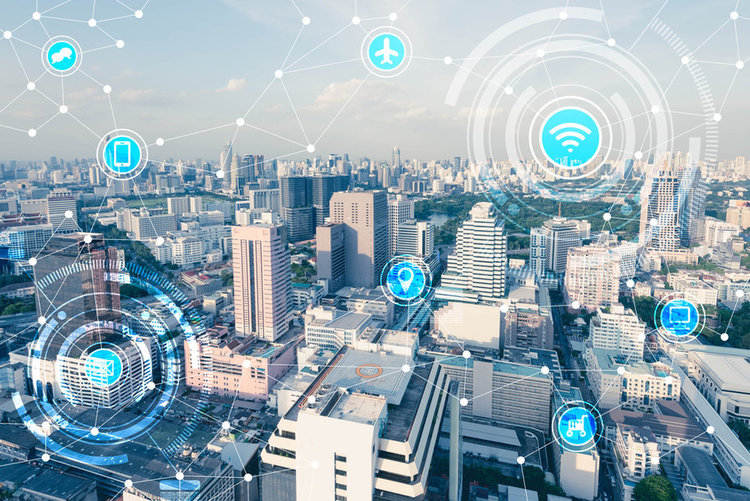
Gigi Sohn on Wireless Mergers, Utah Ignite Lunch Launch, and New Global Crypto-Currencies
The political turmoil and guess-manship over the proposed T-Mobile/Sprint merger continues, with 10 state attorney generals filing a lawsuit in New York last week in a federal district court. Unusually, the Antitrust Division of the Department of Justice did not join the lawsuit. It’s not the first

Verizon’s Throttling of Santa Clara County Firefighters Discussed by Panel of Net Neutrality Advocates
May 31, 2019 – Verizon Wireless’ slowdown of the Santa Clara County Fire Department’s data plan had a “significant impact” on the department’s ability to respond to last year’s wildfires, according to testimony by Fire Chief Anthony Bowden that featured prominently in a Thursday discussion at the St
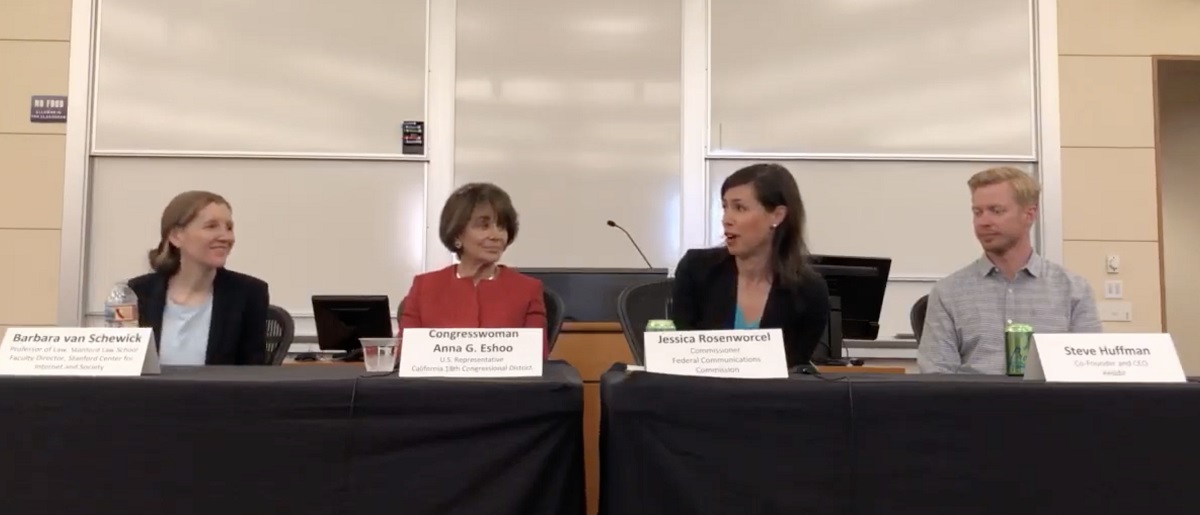
Senators Capito and Hassan Re-Introduce the Rural Reasonable and Comparable Wireless Access Act
BROADBAND BREAKFAST INSIGHT: Together with her Democratic colleague Sen. Maggie Hassan, Republican Sen. Shelley Moore Capito on Friday introduced legislation designed to establish a national standard that would govern the Federal Communications Commission’s determination about whether mobile and bro
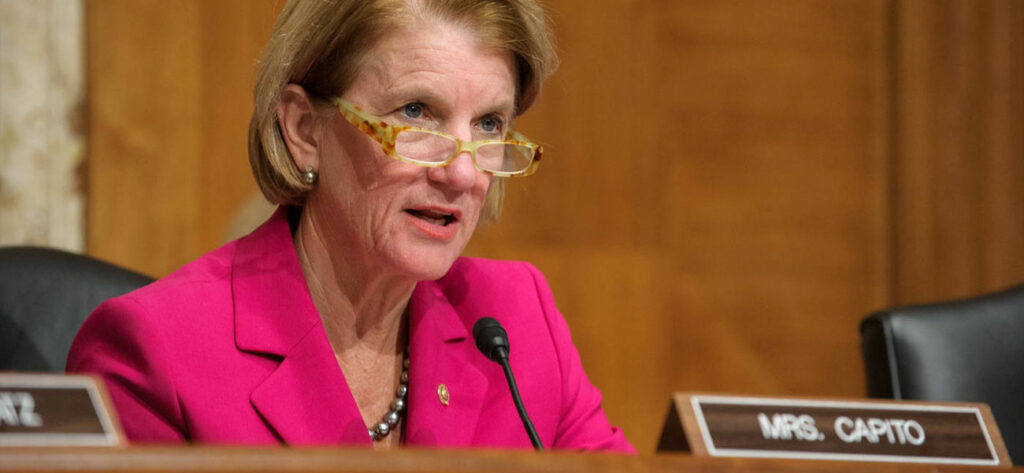
Donald Trump Declares Another Emergency, Bans Huawei from U.S. Commerce for Trading With Iran
WASHINGTON, May 15, 2019 – Exactly three months after invoking the National Emergencies Act to fund his wall along the U.S.-Mexico border, President Donald Trump is using emergency powers to enable the Department of Commerce to ban U.S. telecommunications equipment manufacturers from selling chips t
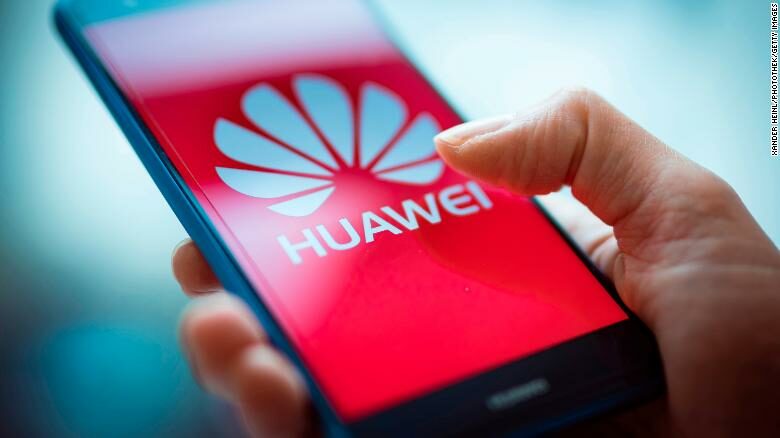
A Growing Bipartisan Fear of Huawei, and Its Role in 5G Wireless, is Taking Root in Washington
BROADBAND BREAKFAST INSIGHT: On Tuesday, when the Senate Judiciary Committee expressed a growing bi-partisan sense of dismay about Chinese telecommunications manufacturer Huawei and its influence on impending 5G wireless technology standards, Adonis Hoffman of Business in the Public Interest republi
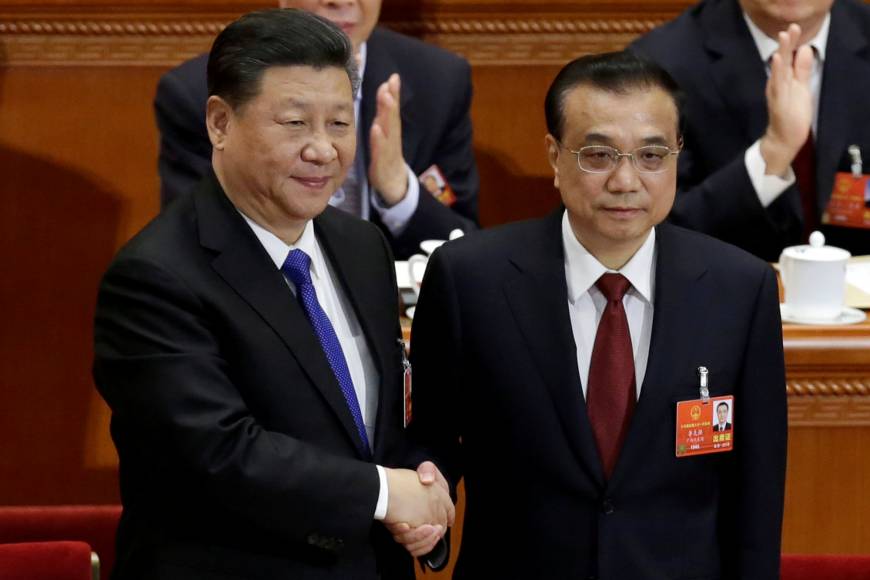
Michael O’Rielly: Substantive Objections to a Government 5G Wholesale Network
Over the last few months, various ideas have been floated about the offering of 5G wireless services via a government-sponsored network. This entire effort seems convoluted and borders on the preposterous. Just the notion of the U.S. moving away from the highly-successful, private-sector led approac
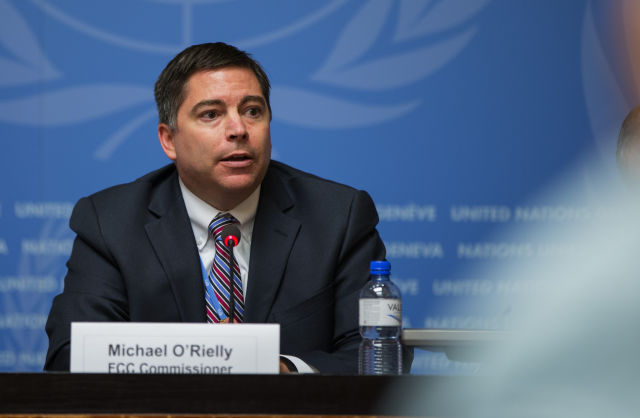
Deborah Simpier: Big Telecom Isn’t the Answer to Bridging the Digital Divide
When the 4G networking protocol improvements rolled out, I was a Verizon Wireless dealer in a small town in rural America. The 4G marketing echoed today’s 5G promises of fast “fiber like” speeds and improved, “nationwide” coverage. 4G was going to revolutionize broadband. Verizon Wireless even offer
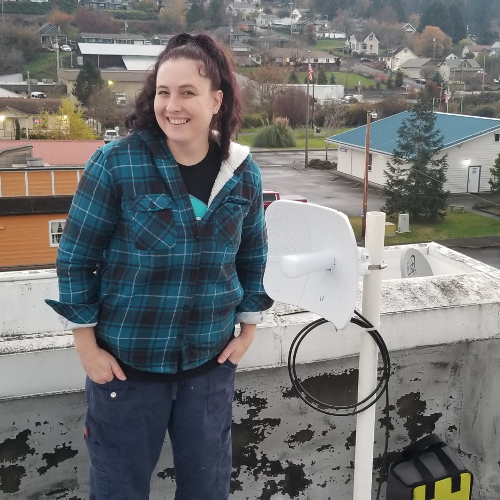
Bruce Mehlman: It’s Fitting that Congress is Focused on Accelerating Our 5G Future
At the beginning of a new Congress, there’s generally an exciting, hopeful spirit, even after the bitter partisanship of the past election. The issues that new committee chairs choose to focus on upfront are a good indication of their priorities and where they believe progress can be made. In telec
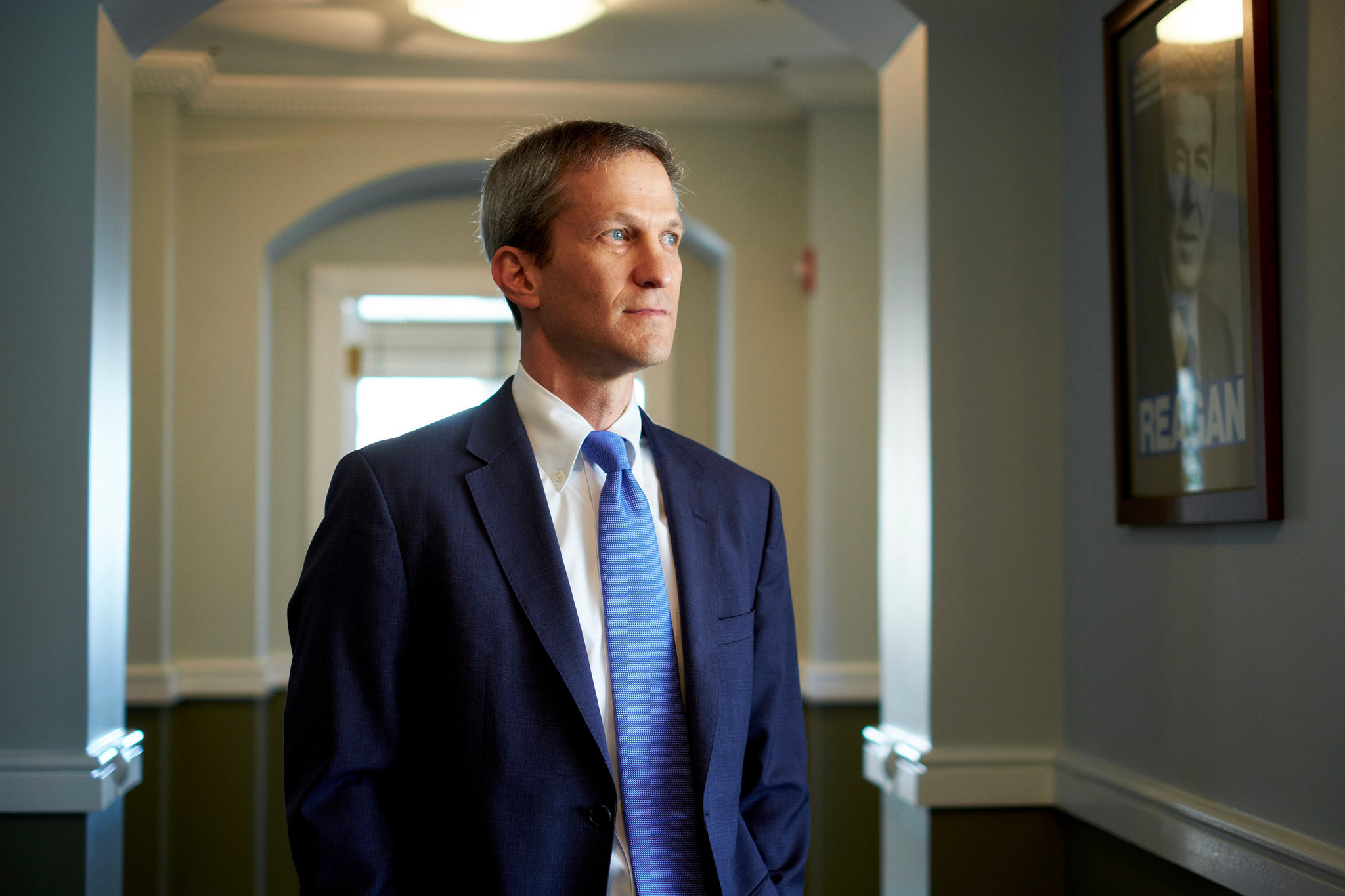
Wireless 5G Broadband and Everywhere Connectivity is the Buzz at the Consumer Electronics Show
LAS VEGAS, January 9, 2018 – Here at the Consumer Electronics Show, it’s impossible to avoid being bombarded by the energy – real and imagined – surrounding the 5G wireless standard that is just beginning to be deployed. Verizon CEO Hans Vestberg made the communications company’s efforts to nurture,
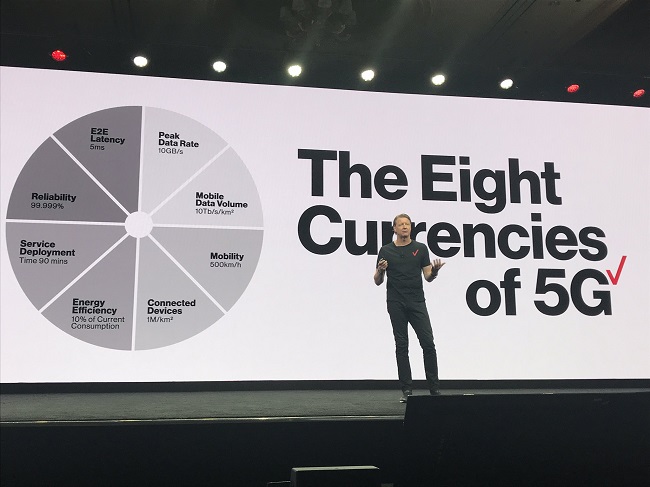
Metro Finally Extends Wireless Coverage to a Portion of Washington Underground
BROADBAND BREAKFAST INSIGHT: It’s about time that Metro began covering the Washington subway! Metro, AT&T, Sprint, T‐Mobile and Verizon Wireless announce major milestone in tunnel wireless coverage, from WMATA: December 19, 2018 – Today Metro and the nation’s leading wireless carriers, AT&T, Sprint,
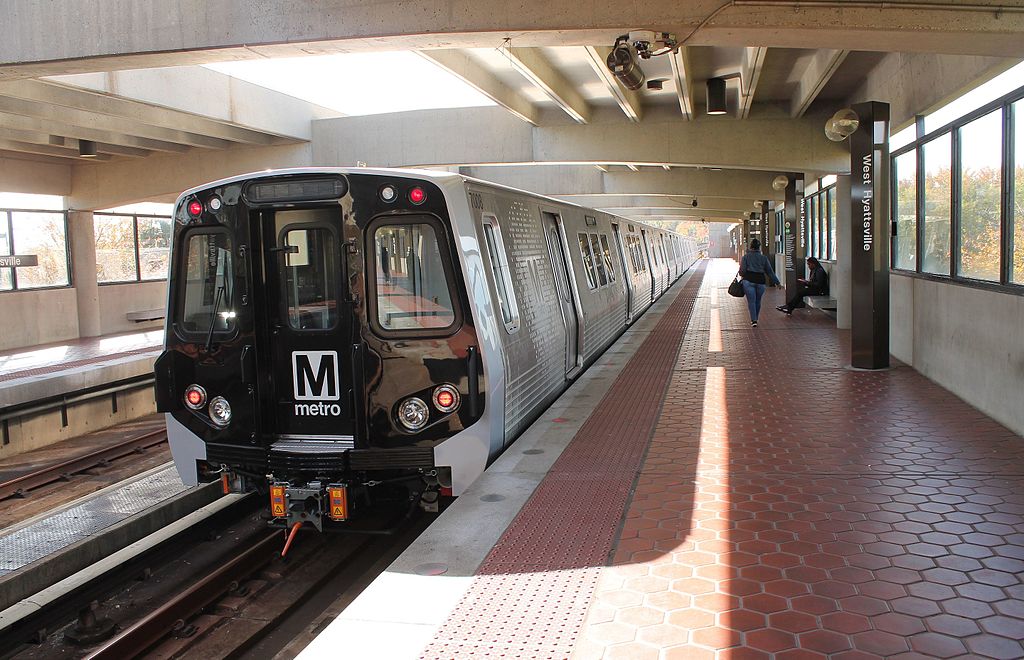
Why Cable Companies May Soon Begin to Bet on Fixed Wireless Technology
BROADBAND BREAKFAST INSIGHT: A lot of jargon in here, but the key message is that there are some real advantages for fixed wireless technology (“FWA,” in the jargon of the piece) as opposed to networks built primarily for mobile uses. Cable companies can use fixed wireless to deliver broadband servi
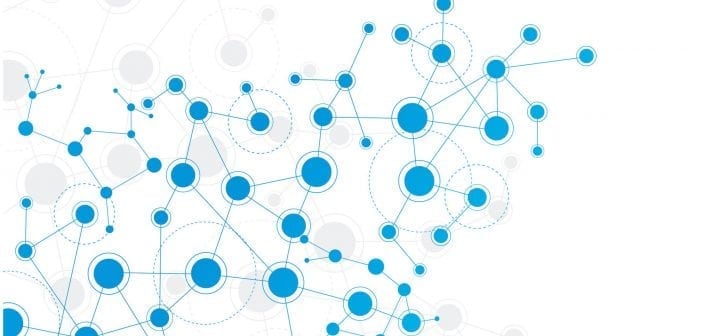
Seattle Loses Very Little Sleep in Suing the FCC Over the Agency’s 5G Rollout Rules
BROADBAND BREAKFAST INSIGHT: Seattle steps up to the plate as the first city to take on the Federal Communications Commission in the emerging battles over the rollout of so-called 5G, or fifth generation, wireless networks. 5G networks require an exponential expansion on transceivers, and many citie

Bruce Mehlman: Accelerating 5G Will Be Good for America
What did you do on your summer vacation? Major broadband network operators spent the season making plans to deploy superfast 5G wireless broadband. 5G is the communications technology that offers broadband speeds of up to a hundred times faster than 4G, lower “latency” (basically, faster response ti
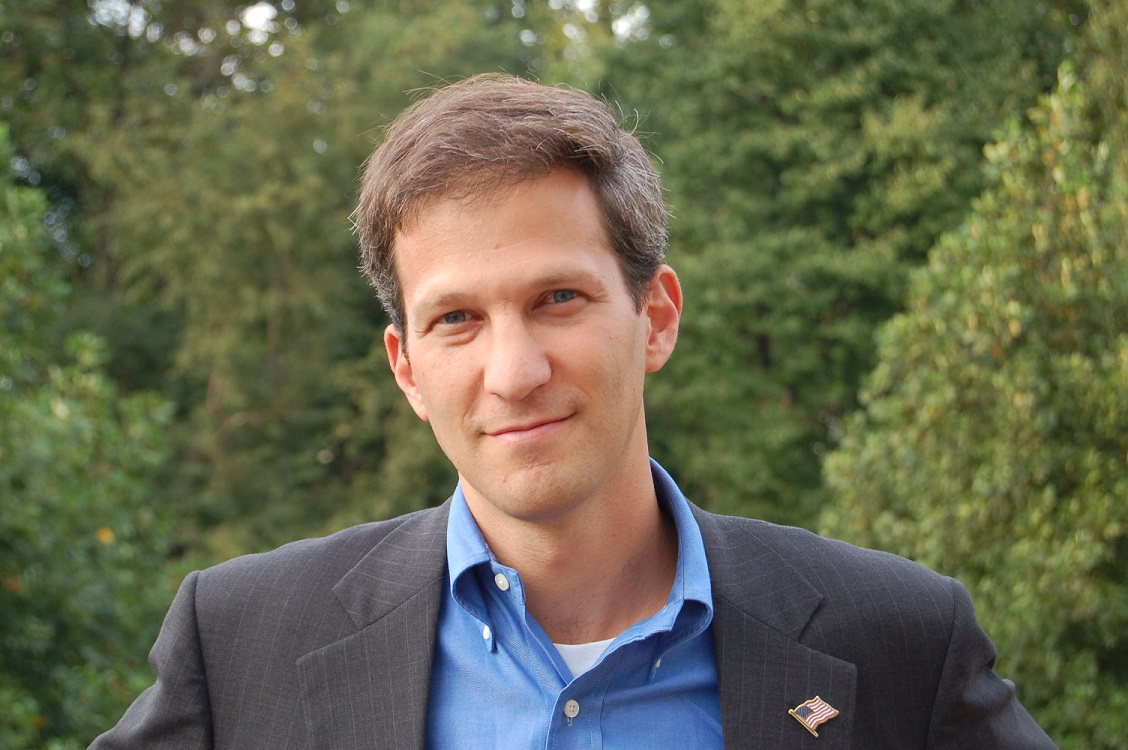
Community Broadband Efforts Alive and Thriving in Ohio, Maryland and Utah
PITTSBURGH, August 16, 2018 – Big telecommunications providers are not making it easy for communities to step up and offer robust broadband service, even in low-density areas that the private sector has declined to serve for years, according to experts speaking at a July 23 Next Century Cities confe
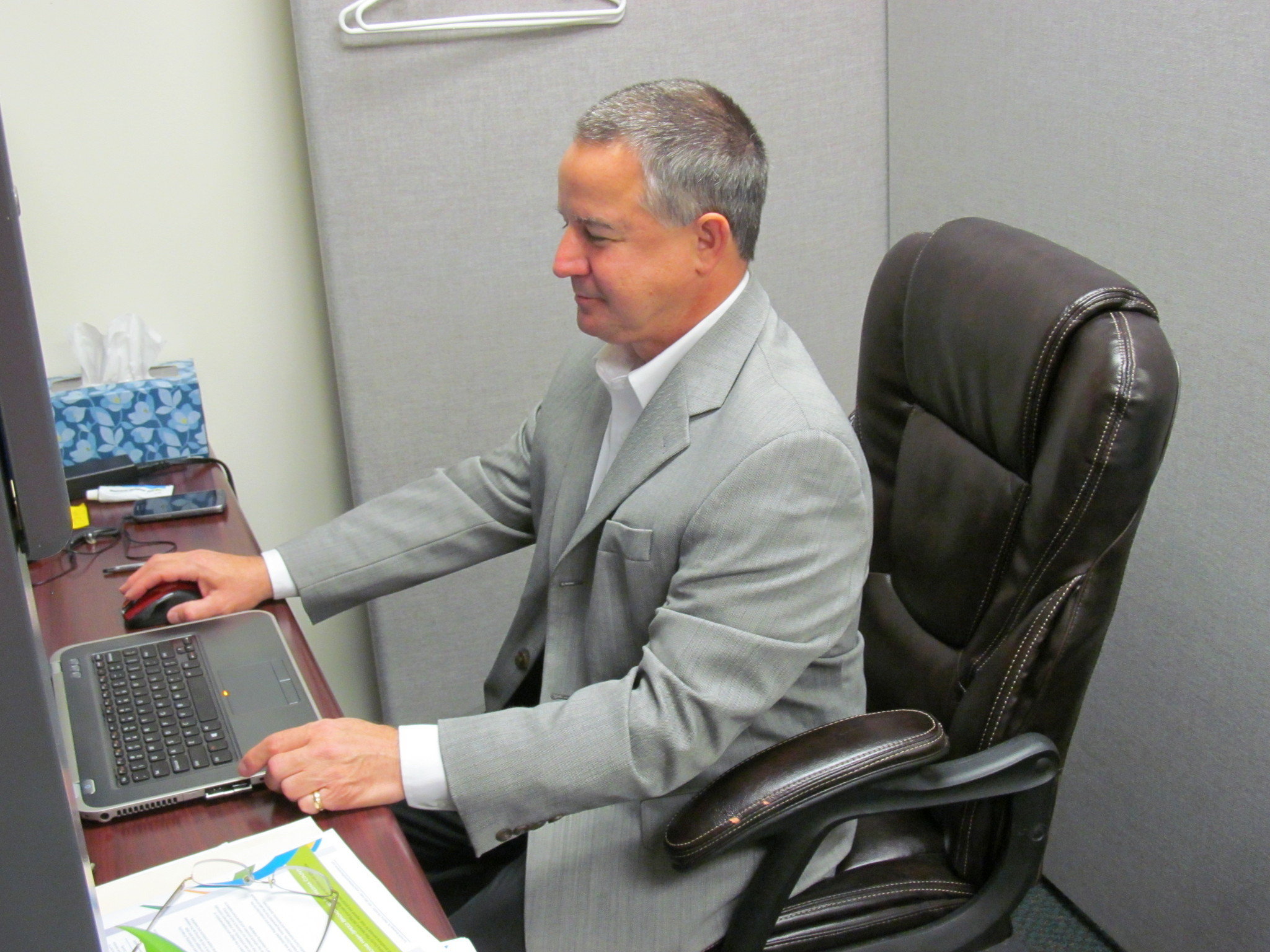
FCC Passes ‘One Touch Make Ready,’ Designed to Speed Broadband Deployment, on a Split Vote
WASHINGTON, August 2, 2018 – The Federal Communications Commission voted to pass the new, so-called “One Touch Make Ready” policy, a measure designed to accelerate pole attachment processes for new broadband deployments. At the agency’s monthly open meeting today, the commissioners voted 3-1 to shif
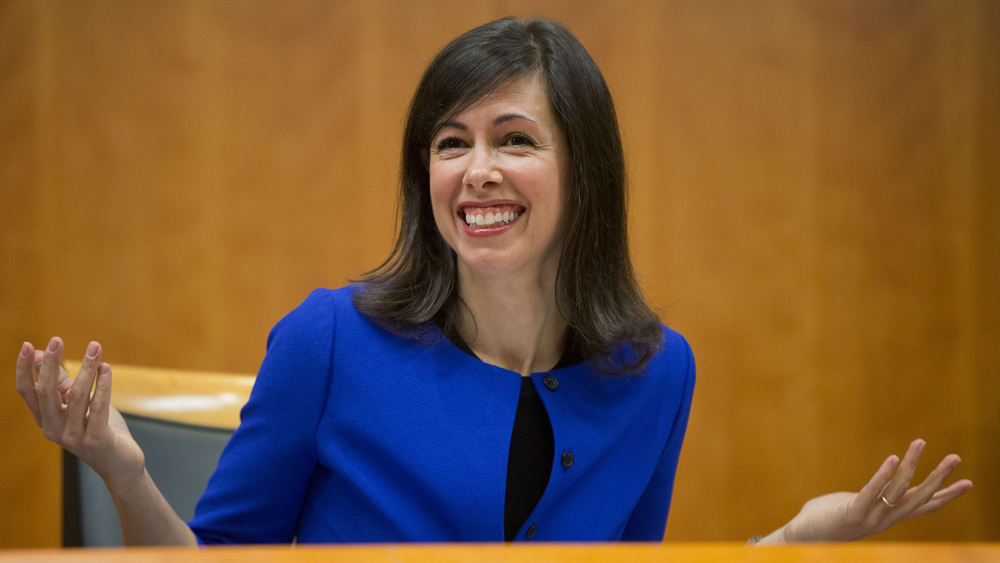
For Robust Broadband in the 5G Era, More Local Control May Be Required
PITTSBURGH, July 30, 2018 – Many broadband experts speaking at the Next Century Cities regional summit here said last week that city jurisdiction should take precedence over federal rules in ensuring impactful broadband deployment. The conference highlighted some of these local voices, eager for bro
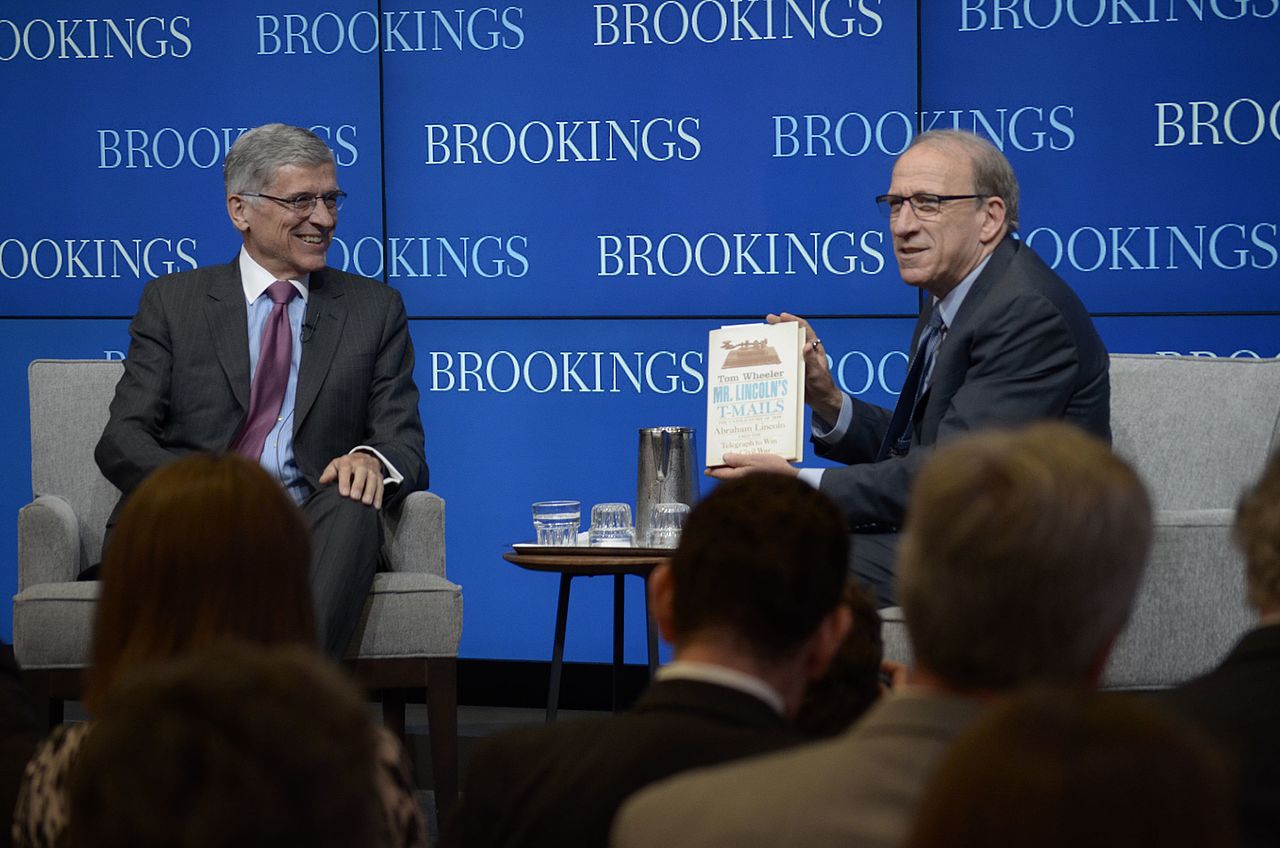
Bi-Partisan Congressmen: Trump Administration Lost Technology Leverage with China by Removing ZTE Ban
WASHINGTON, July 12, 2018 – A Republican congressman on Wednesday criticized the U.S. government’s treatment of the ZTE ban as a waste of an opportunity that could have given the U.S. a leg up in the race for new technology. Earlier, the Commerce Department announced that the U.S. has signed an agre
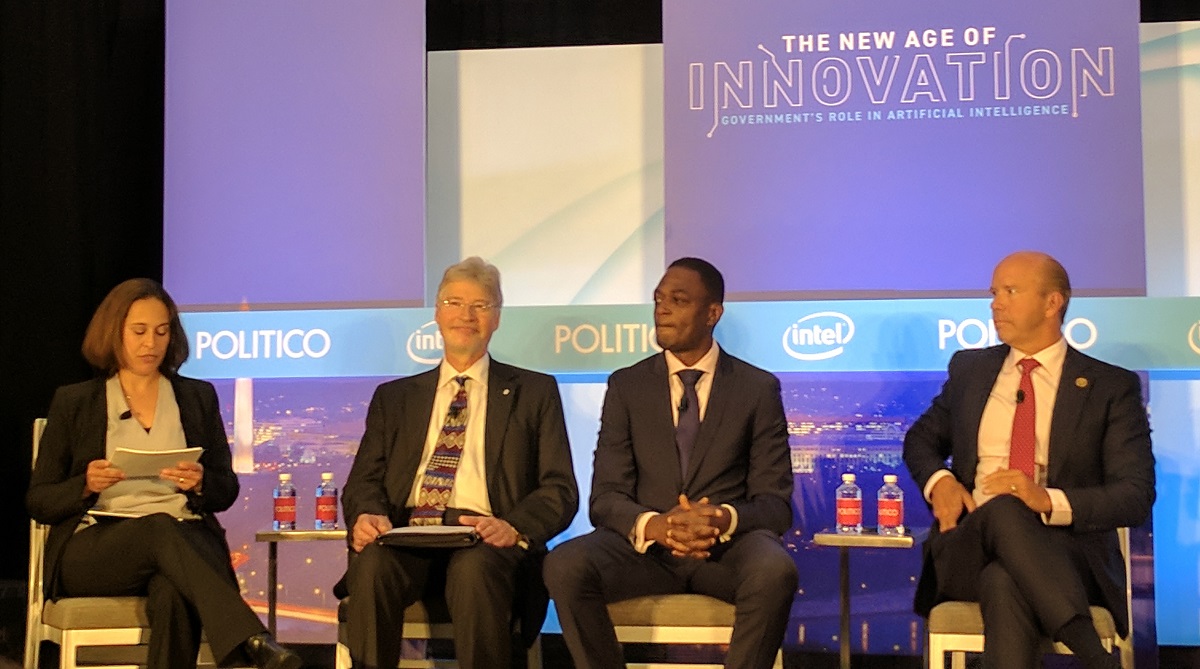
In the Senate, T-Mobile and Sprint Chiefs Say Their Proposed Merger is Necessary Because of Global 5G Race With China
WASHINGTON, June 28, 2018 – The CEO of T-Mobile on Wednesday defended his company’s proposed merger with Sprint against skeptical senators, claiming the merger is necessary in order for the U.S. to win the race for 5G wireless service against China. A Senate subcommittee hearing investigating the co
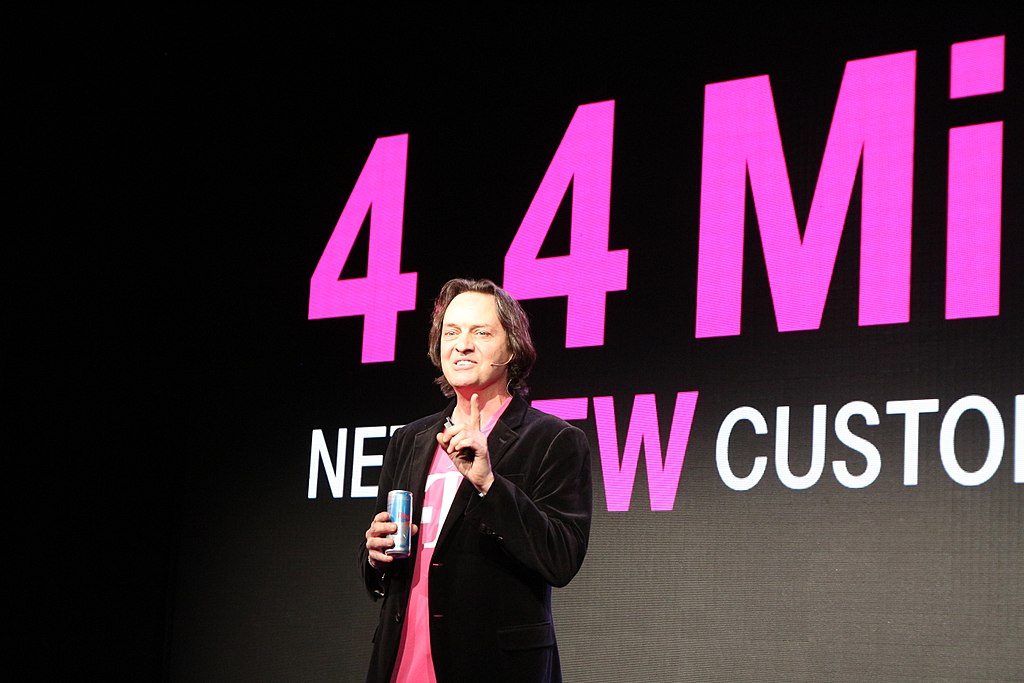
Blair Levin’s Scathing Takedown of FCC’s Ajit Pai, Broadband Deployment Advisory Committee, and 5G Hype
BROADBAND BREAKFAST INSIGHT: We were present at the Broadband Communities Summit at which Blair Levin gave these remarks; thanks to the Coalition for Local Internet Choice for providing the complete and unvarnished record of this important and scathing speech. Remember that Levin was the former exec
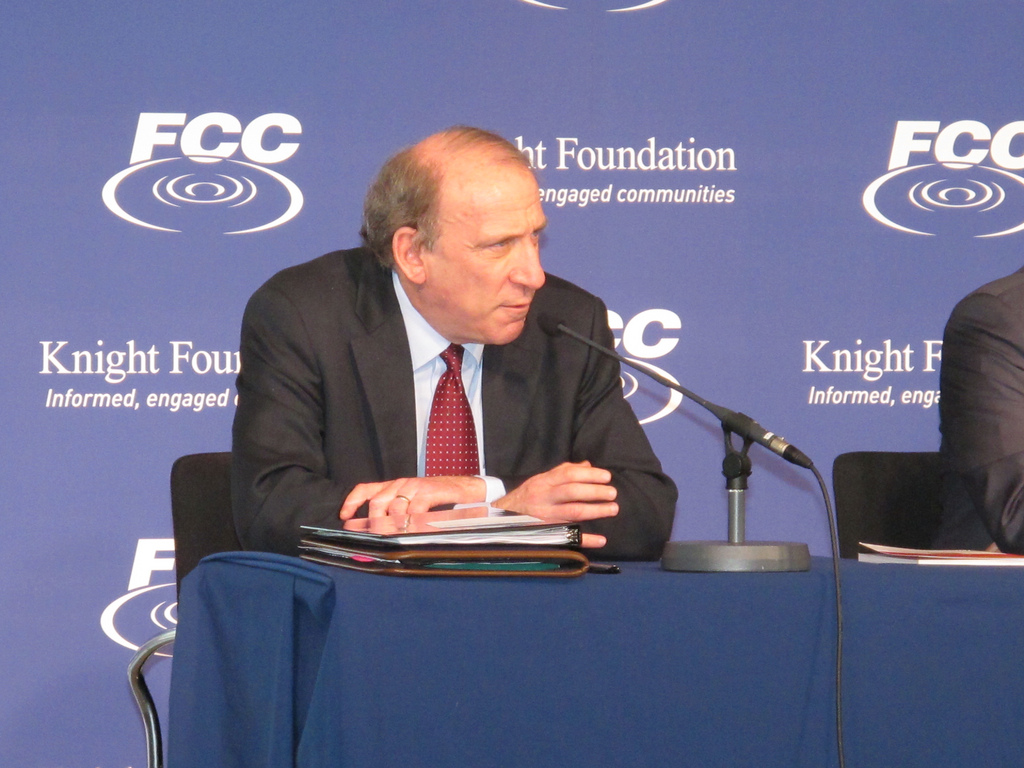
Beyond the Hype: Emerging 5G Technologies Aren’t Significantly Different From Existing LTE, Say Industry Leaders
BROADBAND BREAKFAST INSIGHT: This is from Dave Burstein, a telecom geek/journalist/gadfly, and who frequently has some interesting observations about broadband technologies, and the politics behind them. In this pieces, he’s reporting on the thoughts of leaders in the mobile industry, to the effect
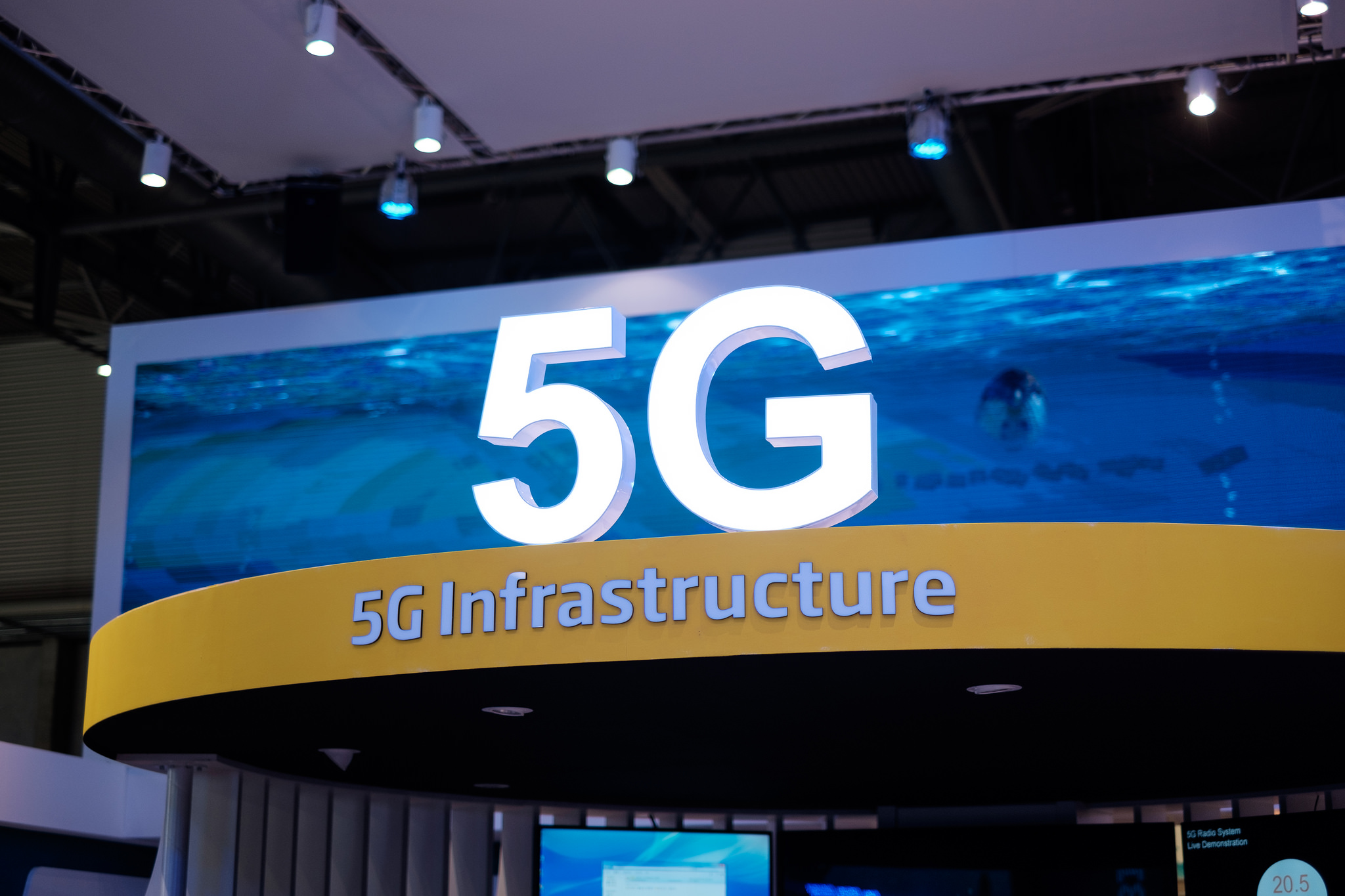
Agriculture Secretary Sonny Perdue and Commerce Secretary Wilbur Ross Discuss Broadband at Senate Hearing
WASHINGTON, March 16, 2018 – Questions about how the federal government will be involved in rolling out the next-generation infrastructure for wireless, known as 5G (for 5th generation) remained after a Wednesday infrastructure hearing of the Senate Commerce Committee. “With the rise of the internet
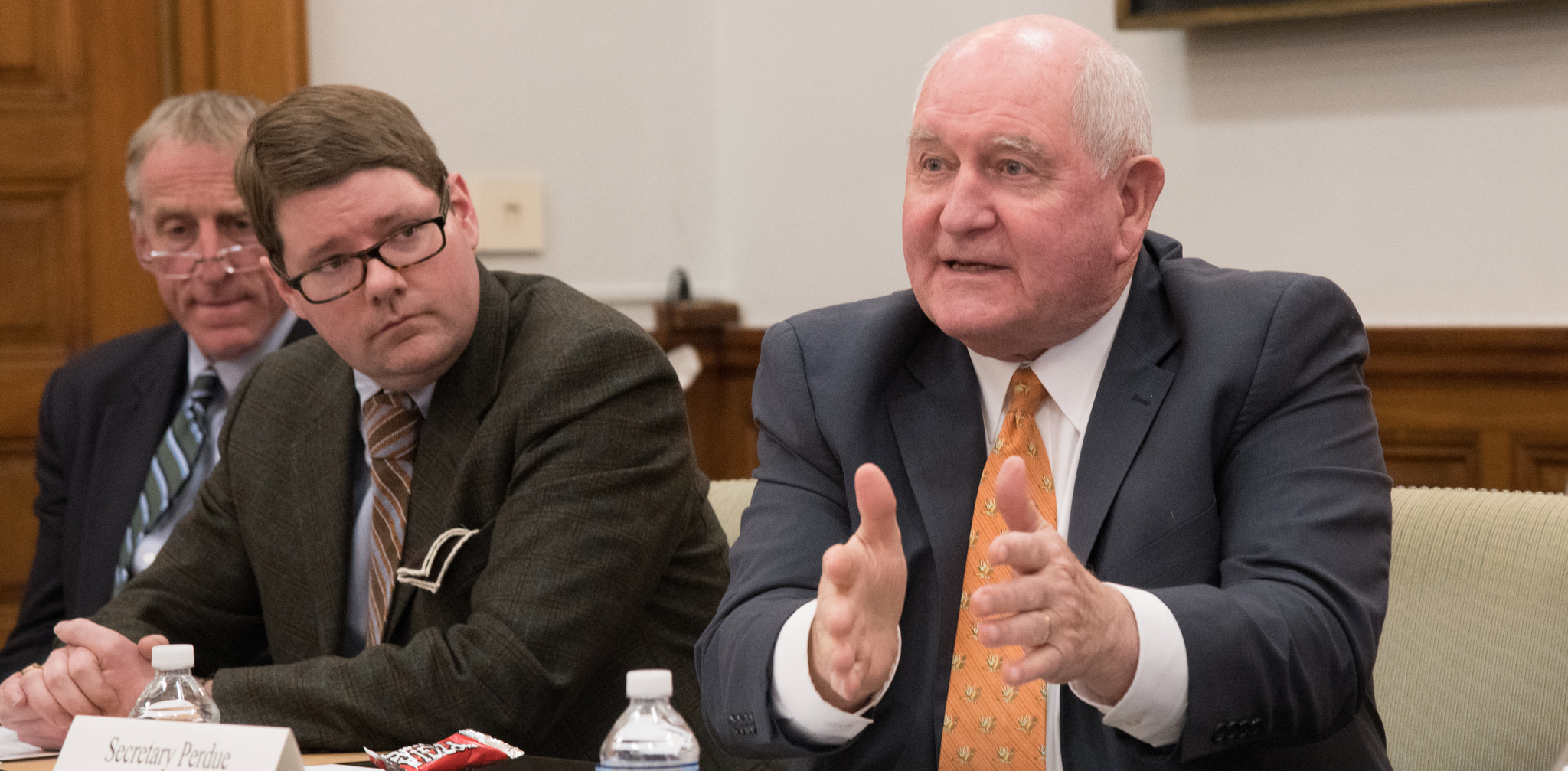
Bob Frankston: From Net Neutrality to Seizing Opportunity for New Networks
Network neutrality is an important issue. We mustn’t allow transport owners to limit our ability to communicate. But, network neutrality in itself positions the internet as a telecommunications service. We need to step back and recognize that the internet itself is part of a larger shift wrought by
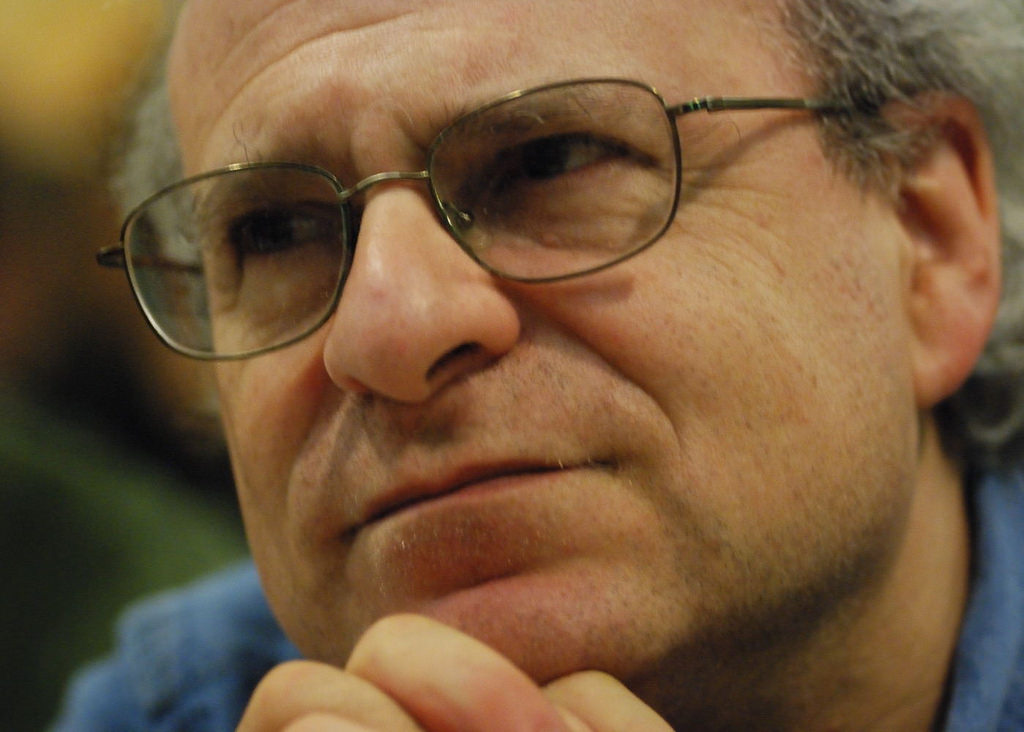
Trump Administration Trial Balloon About Nationalizing 5G Broadband Networks Greeted with Skepticism and Derision
Editor’s Note: Updated January 30, 2018, at 8:44 a.m. with statement from the National Security Council. WASHINGTON, January 29, 2018 – The Trump administration has made no decisions regarding a National Security Council proposal to nationalize the forthcoming fifth-generation, or 5G wireless broadb
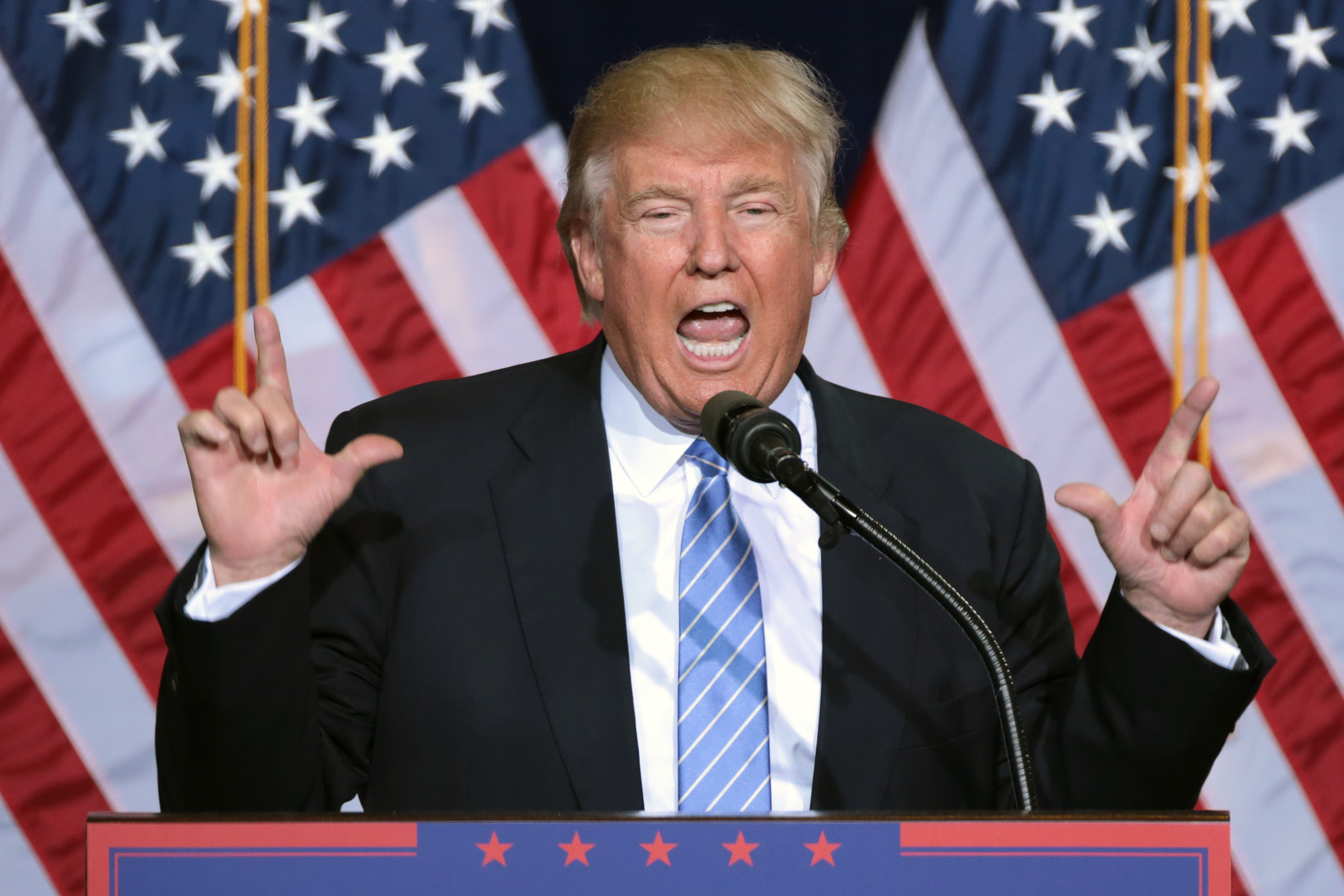
Trump Signs Executive Order Expediting Rural Broadband with Federal Lands, Towers and Fiber
WASHINGTON, January 8, 2018 – President Donald Trump on Monday signed an executive order encouraging rural broadband deployment by speeding up permitting processes for facilities on federal land and allowing wireless broadband equipment to be co-located on federally-owned towers. In addition to the
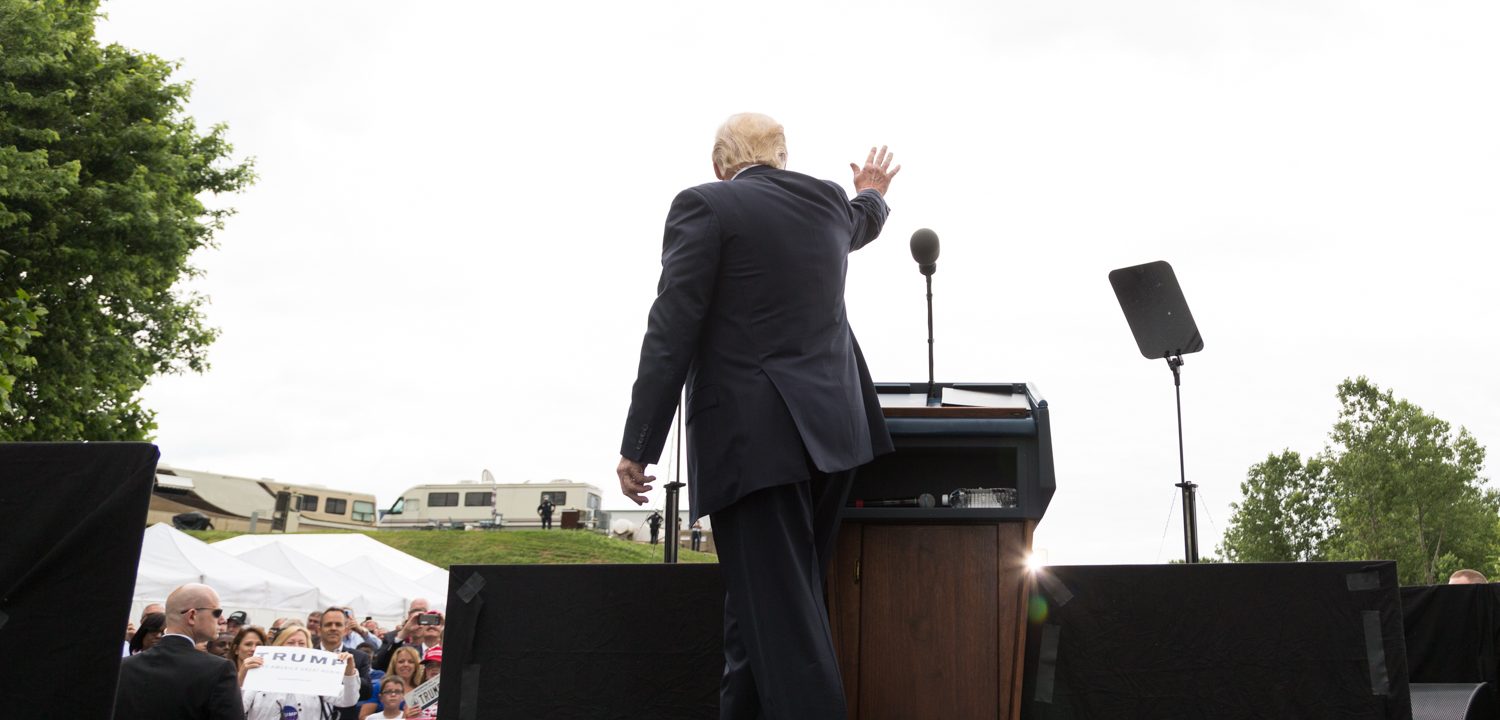
Microsoft Utilizes TV White Space in Puerto Rico and the Virgin Islands to Enhance Communications
BROADBAND BREAKFAST INSIGHT: Here, Microsoft is taking the initiative to address the communications failures and other challenges in Puerto Rico. Microsoft is aiming to use its particular variant of TV “white spaces” to allow greater communication capabilities during a time of widespread power outag

Verizon Wireless, AT&T and Tillman Infrastructure Unite to Build More Cell Towers
NEW YORK, November 14, 2017 — Verizon Wireless is joining forces with its’ largest competitor — AT&T — and smart cities infrastructure builder Tillman, in order to build hundreds of new cellular towers, the company announced on Monday in a press release. Construction of these new towers — which will
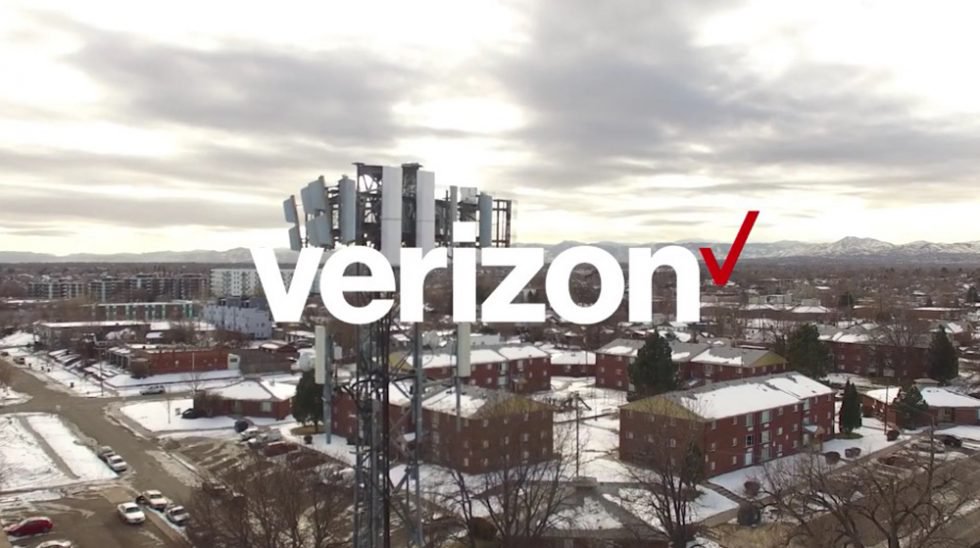
FCC Chairman Ajit Pai Visits Puerto Rico to Assess Communications Infrastructure Recovery Efforts
WASHINGTON, November 7, 2017 — The Universal Service Fund dollars the Federal Communications Chairman has allocated for rebuilding Puerto Rico’s communications infrastructure has helped with rebuilding efforts so far, FCC Chairman Ajit Pai said on Monday in a statement following his visit to meet w
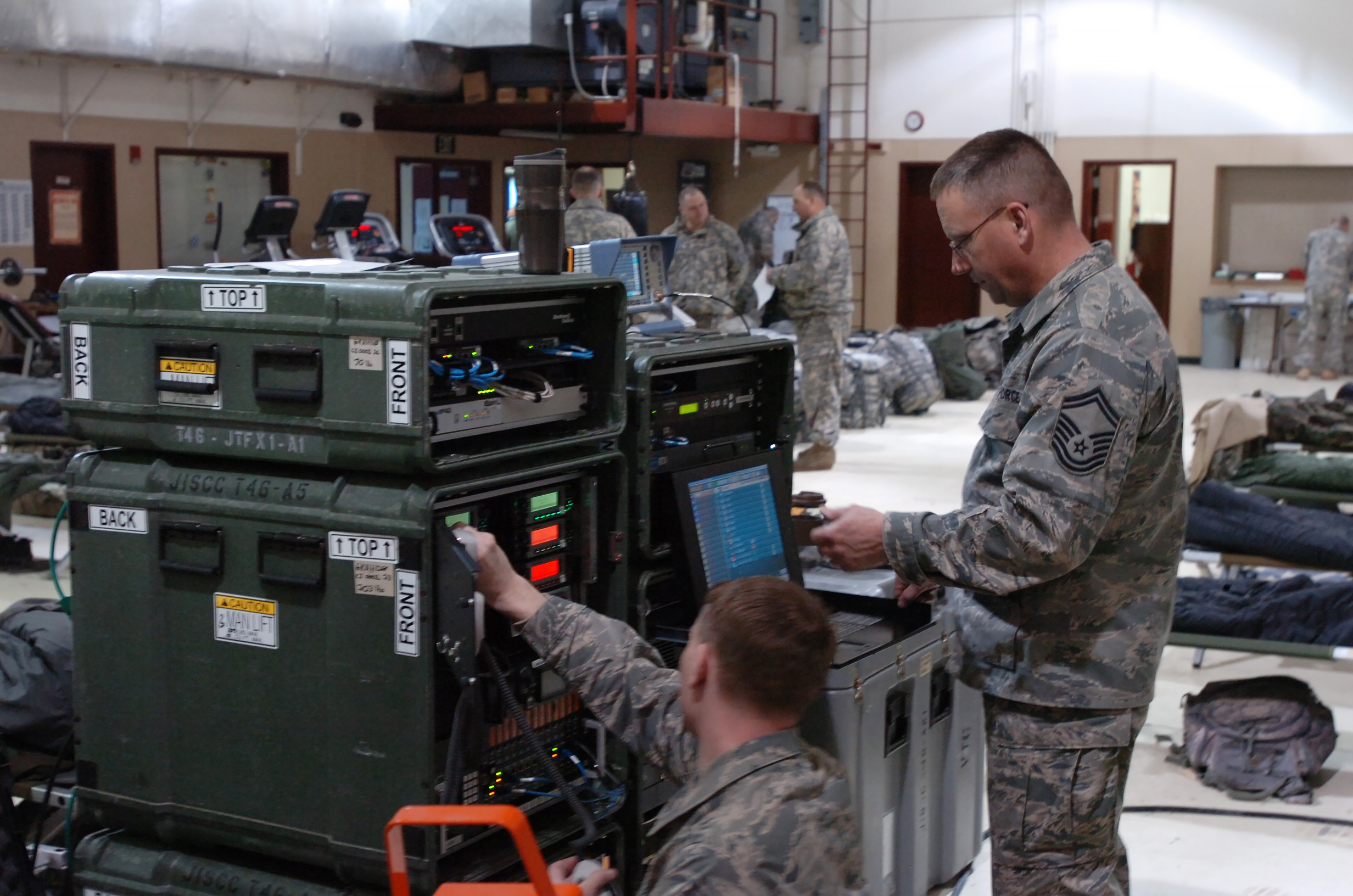
Wireless Gigabit Broadband Provider Siklu Addresses High-Speed Access
BROADBAND BREAKFAST INSIGHT: Siklu, which has been active in promoting the way high-speed wireless gigabit access can help communities leverage fiber-optic infrastructure, assembles a useful primer on its technology and business case for deployment. Providing 21th Century Broadband with Fixed Wirele

Is the FCC Preparing to Ready New Preemption Mandates Regarding Wireless Sites?
Sneak peek at FCC’s pending preemption of local wireless reviews?
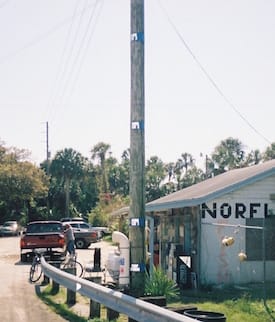
Verizon Takes a ‘Pole Position’ More Suited to a New Entrant Than an Established Incumbent
BROADBAND BREAKFAST INSIGHT: It is truly astonishing to see an incumbent provider, such as Verizon, taking the position that there must be easier access to poles and rights of way. But that’s a good thing! Perhaps this is evidence of how far Verizon has moved away from the public utility model, but
To Help Realize the Vision of 5G Networks, Deep Fiber is Necessary
BROADBAND BREAKFAST INSIGHT: Allow us to highlight one of the seven points made by Patrick Brogan in this commentary: Deep fiber. In this piece, he highlights seven elements – (1) Technical standards, (2) cell densification, (3) coexistence of 4G and 5G, (4) reevaluation of the mobile network archit
Wireless Internet Service Providers Pitch Fixed Wireless Technology in Forthcoming Infrastructure Bill
Wireline technologies such as fiber and cable are usually deployed where populations are greater, but areas with less density can best be served with fixed wireless networks for far less money, say WISPA officials.
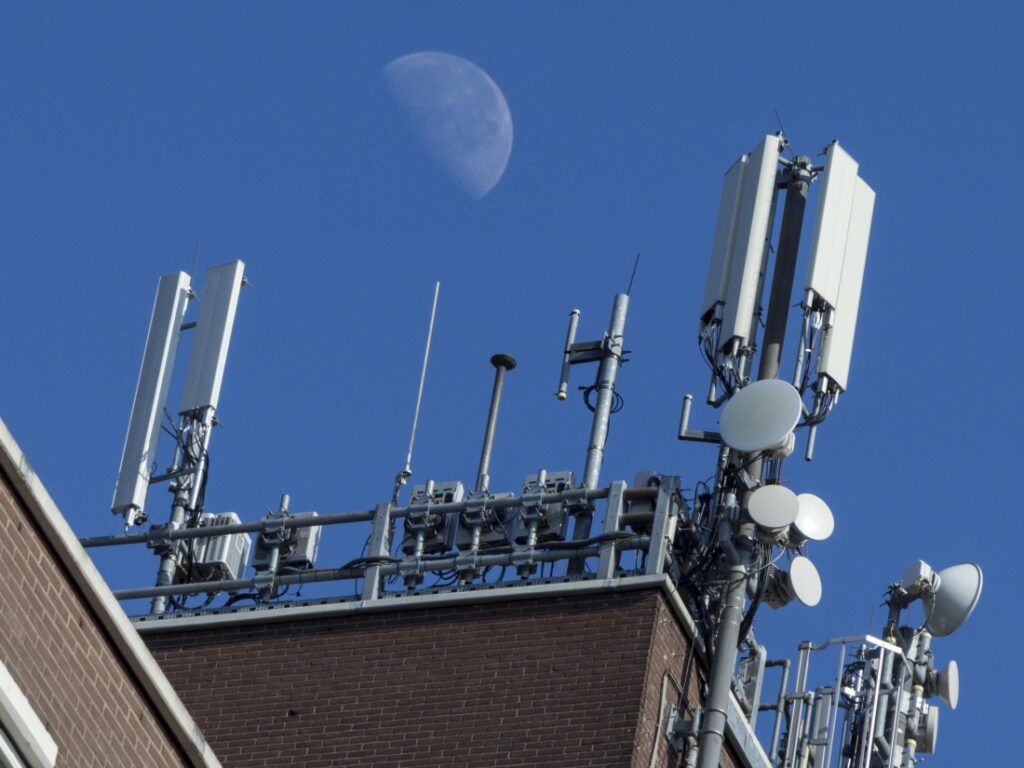
In Order to Take Advantage of 5G, We Need Fiber Deeper Into U.S. Neighborhoods
BROADBAND BREAKFAST INSIGHT: A useful voice of skepticism on the viability and timeliness of 5G. Here’s the simple point: Our nation don’t have enough fiber, deep enough, in order to capitalize on 5G. As the article says later on, “federal, state, and local governments have policy and regulatory lev
Sens. Gardner and Hassan Introduce AIRWAVES Act, Greeted Positively by All Sides
WASHINGTON, August 2, 2017 — A pair of senators on Tuesday introduced a bipartisan bill which they hope will improve wireless networks in underserved rural areas of the United States. The aptly named Advancing Innovation and Reinvigorating Widespread Access to Viable Electromagnetic Spectrum (AIRWAV
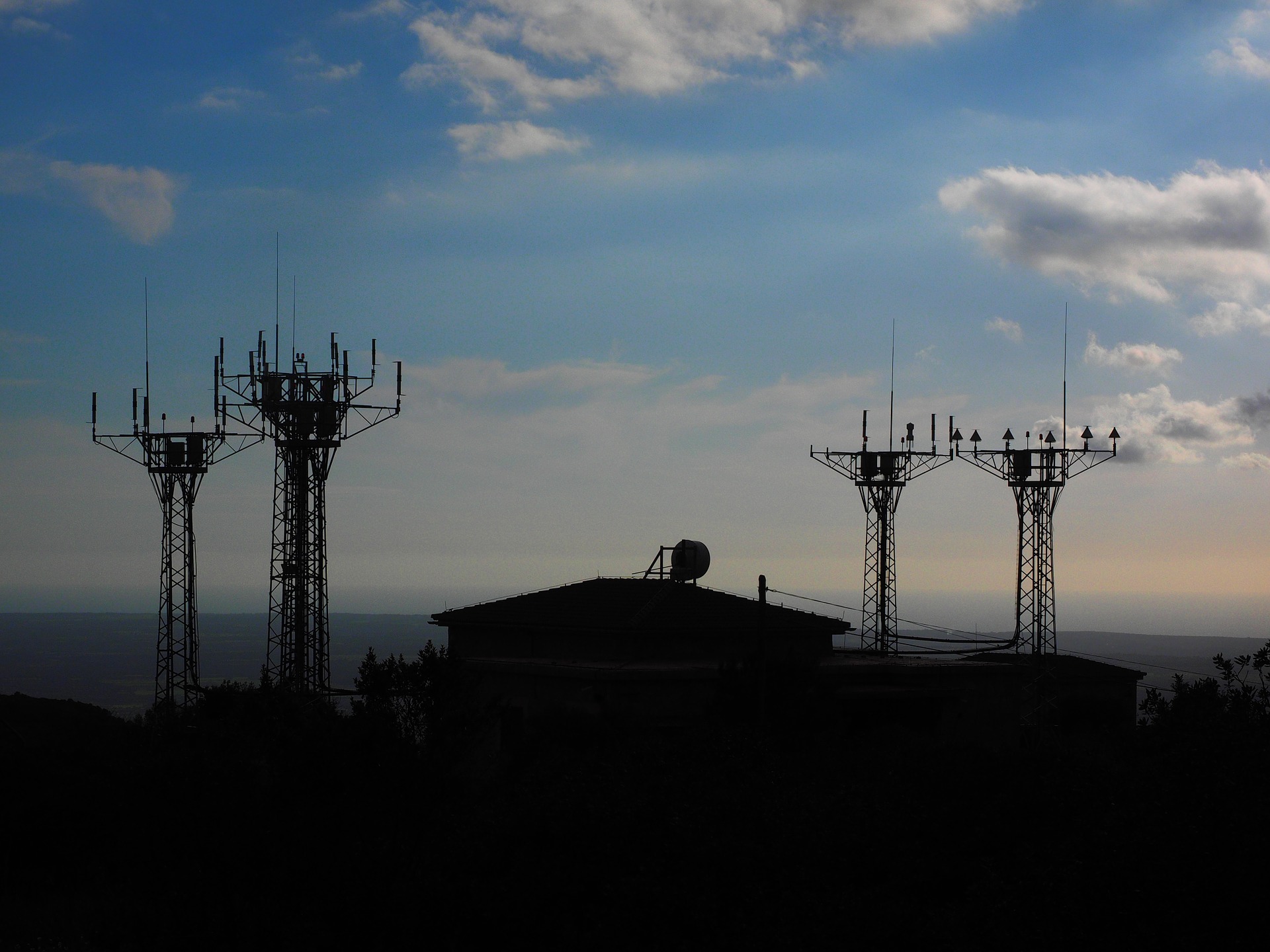
President Trump Remains Committed to Moving Broadband Through Infrastructure Bill
WASHINGTON, August 1, 2017 — President Donald Trump is committed to moving an infrastructure bill this year despite making little legislative progress towards on other policy goals, White House Press Secretary Sarah Huckabee Sanders said on Monday. “The President has been very outspoken on the need
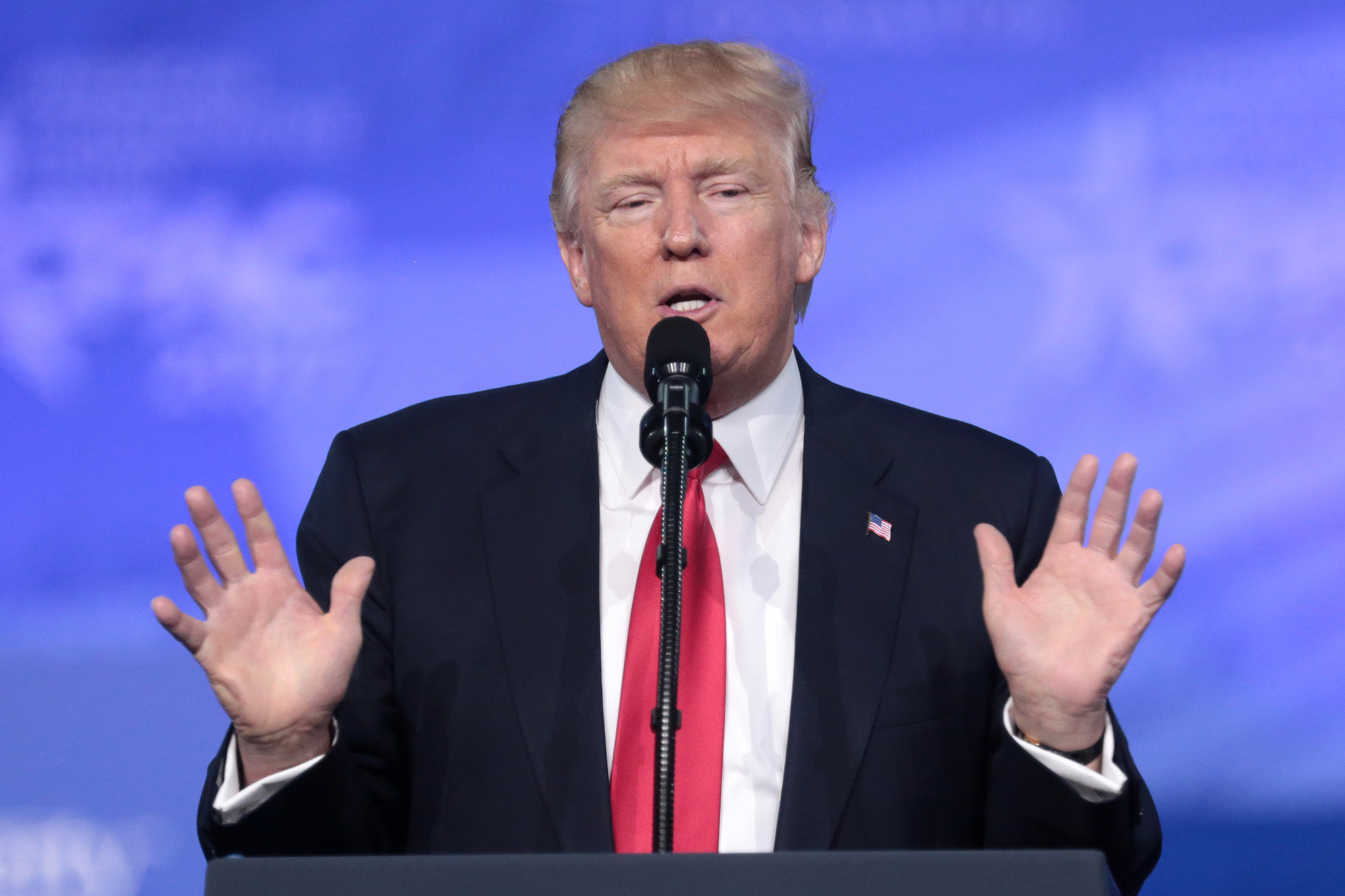
New America Foundation Panel Promotes a Hybrid Wireless-Fiber Network Architecture
WASHINGTON, July 28, 2017 – The New America Foundation’s wireless project promoted a hybrid fiber and wireless technology approach at a Tuesday event, “Shared Spectrum as a Fiber Extension,” discussing ways to make high-speed broadband internet more available through an additional 500 megahertz of w
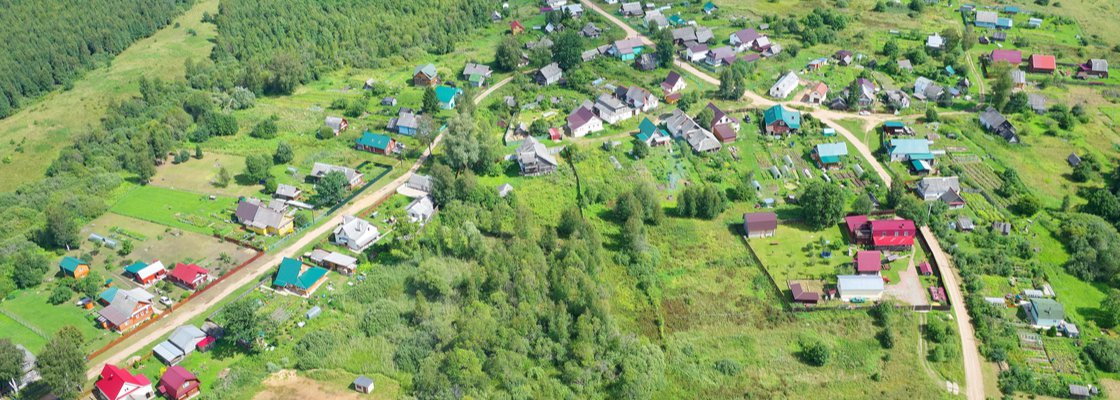
Net Neutrality Big Focus of House Oversight Subcommittee Hearing, With Stark Partisanship
WASHINGTON, July 26, 2017 – The official topic of Tuesday’s House Energy and Commerce subcommittee hearing was reauthorization of the Federal Communications Commission, but the big focus was on net neutrality. “The Commission’s decision in 2015 to reclassify the internet as a public utility was a po
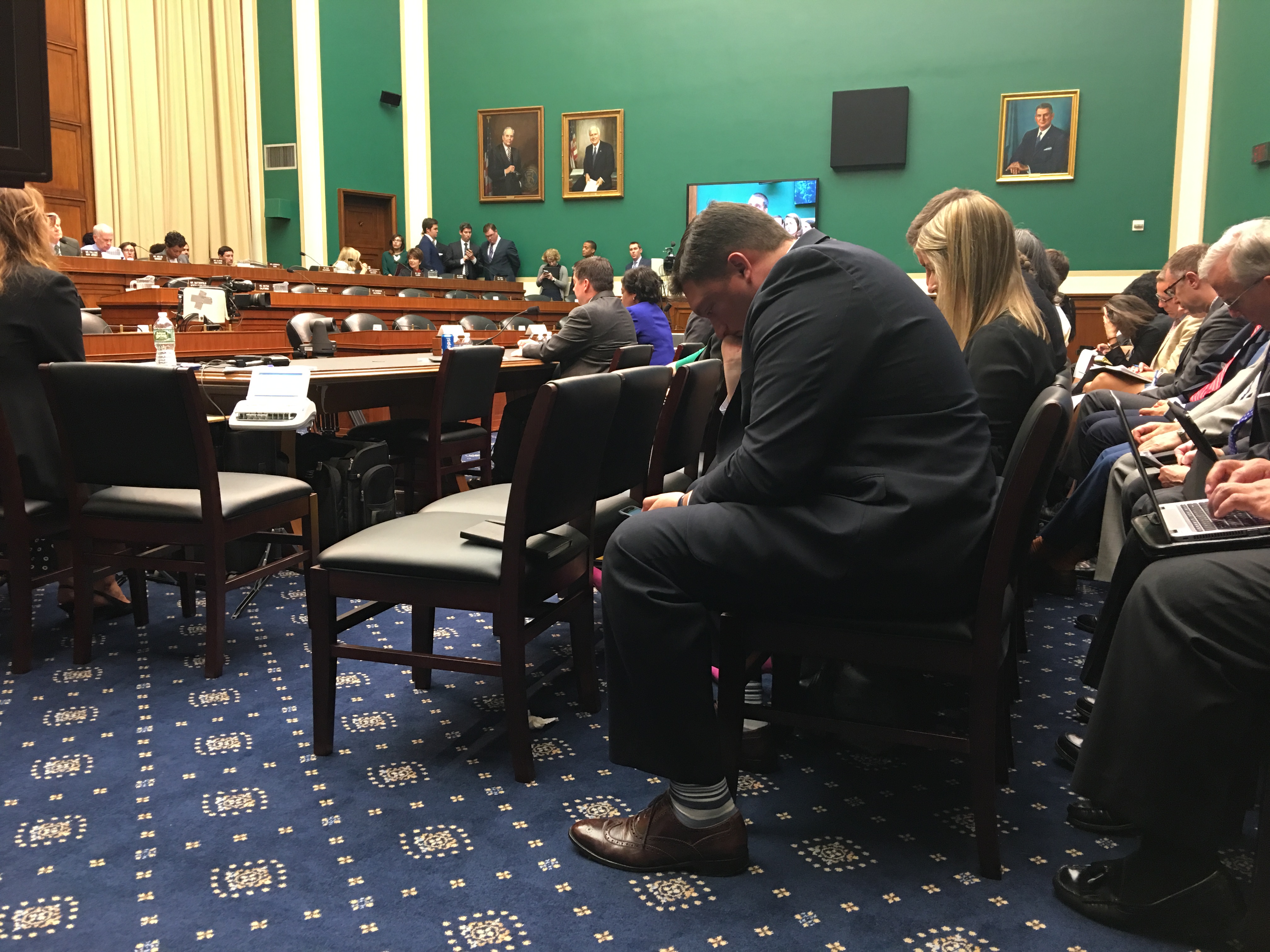
Rural Broadband Focus Increasingly Necessary in Infrastructure Package, Say Blackburn and Panelists at Brookings
WASHINGTON, July 25, 2017 – Rural areas of Tennessee have lost business because they don’t have access to high-speed internet, Tennessee Republican Rep. Marsha Blackburn said Monday at a panel on broadband infrastructure hosted by the Brookings Institution. Trump was aggressively pushing new infrast
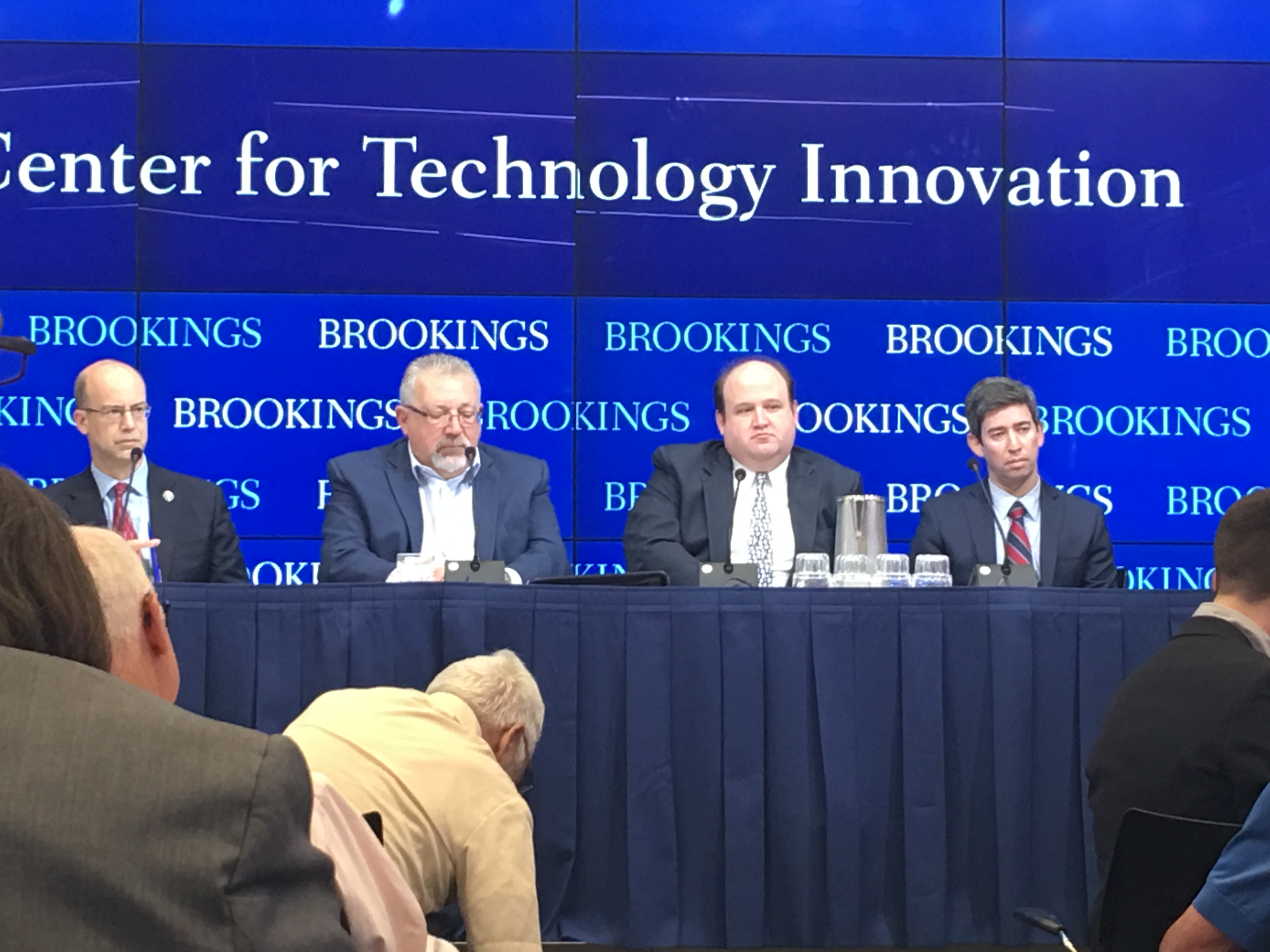
Trump Administration Officially Announces Broadband as Part of Infrastructure Package
WASHINGTON, June 22, 2017 — President Donald Trump’s announcement that he would add broadband internet access to his $1 trillion infrastructure proposal drew praise from FCC Chairman Ajit Pai despite the lack of details regarding how the Trump Administration would go about promoting more widespread
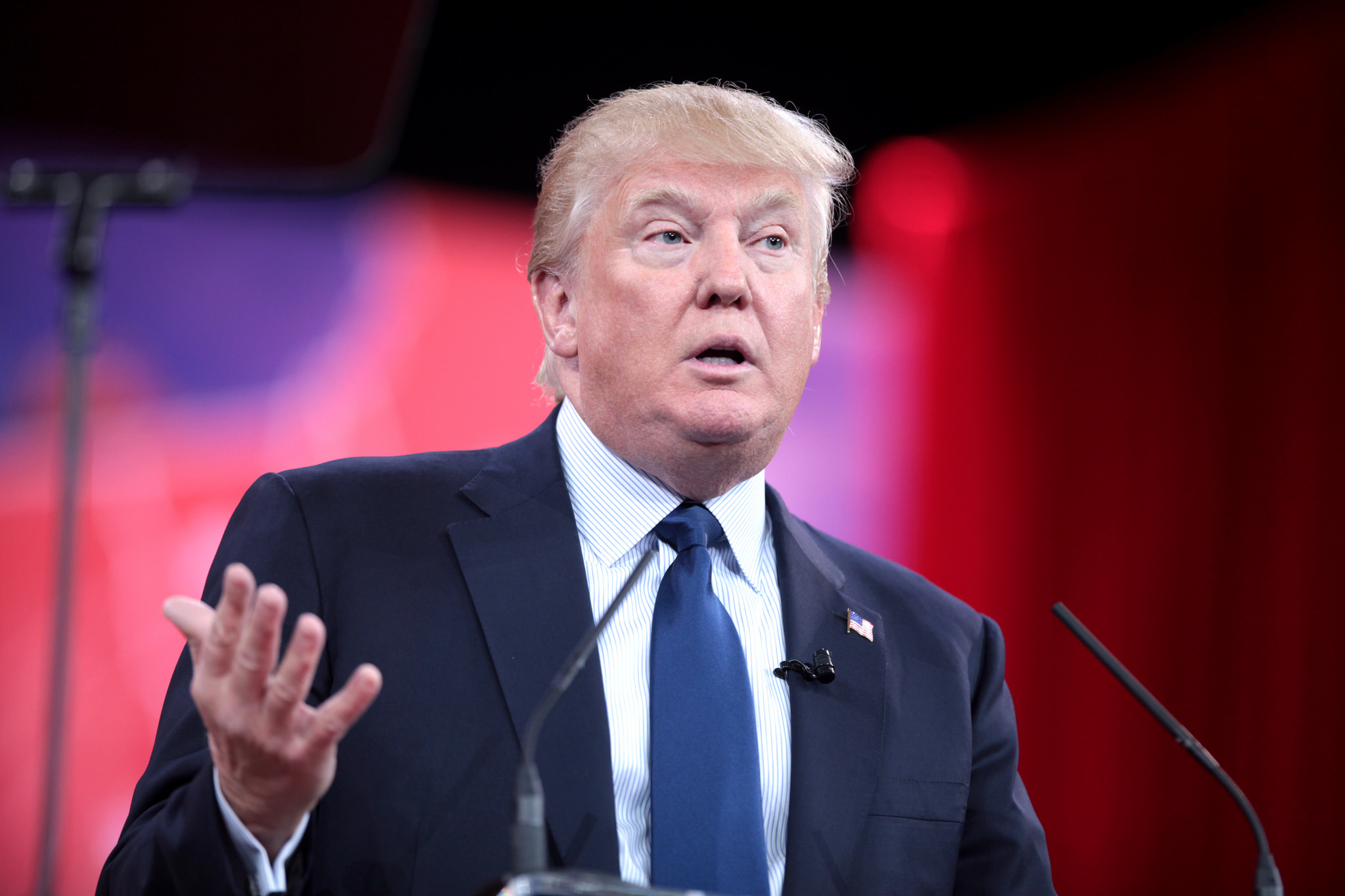
White House Will Host 25 Technology Founders and CEOs Thursday to Discuss 5G, Broadband and the Economy
WASHINGTON, June 21, 2017 — The White House on Thursday plans to continue its “tech week” by hosting a group of 25 technology company founders and CEOs to meet with Trump Administration officials on new technologies and promoting economic progress, Deputy Chief Technology Officer Michael Kratsios sa
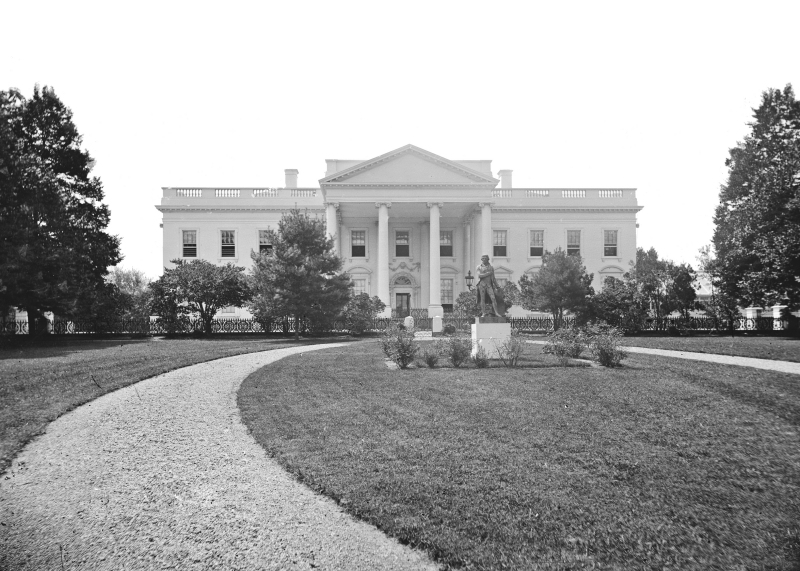
There Was Little to Show for Digital Broadband During the ‘Infrastructure Week’ at the White House
WASHINGTON, June 12, 2017 — Despite myriad public events and a soundbyte-friendly title of “Infrastructure Week,” last week the White House was light on infrastructure and nearly empty of plans to build out 21st century digital infrastructure of fiber or wireless broadband. “There’s not going to be

During ‘Infrastructure Week’ at the White House, One Wonders: Where’s the Infrastructure?
WASHINGTON, June 6, 2017 — Despite giving this week the title of “Infrastructure Week” at the White House, President Donald Trump and his staff haven’t taken any public actions to make digital infrastructure, such as high-speed broadband, a part of their plans for the much-discussed infrastructure b
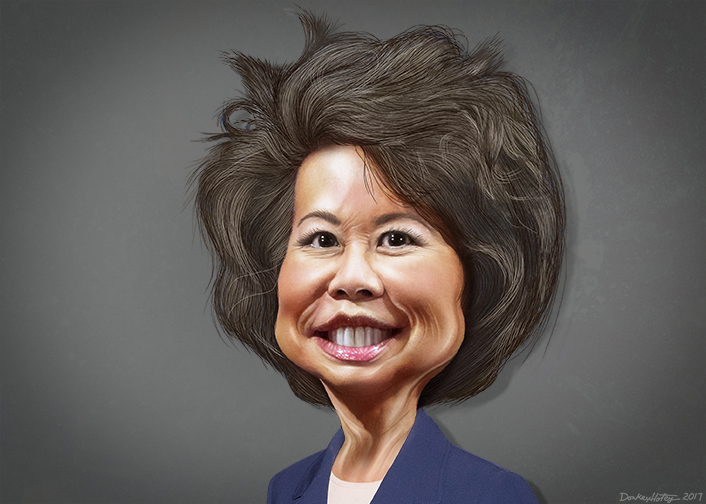
Wireless Internet Service Providers Association Urges FCC to Finalize Citizens’ Broadband Radio Rules
WASHINGTON, June 2, 2017 – The Wireless Internet Service Providers Association and 17 other organizations and companies on Thursday urged the Federal Communications Commission to finalize rules governing the Citizens Broadband Radio Service. “We write today to encourage the FCC to remain committed t
Riverside County Introduces Broadband Initiative for Area the Size of New Jersey
RIVERSIDE, CALIFORNIA, April 19, 2017 – At 7,200 square miles, this Southern California county is nearly the size of New Jersey. On April 3, the county put out a “Request for Participants” in an effort to jump-start a $2 billion to $4 billion initiative building a gigabit fiber network. The project
Universal Service Administrative Corp. Unveils ‘New Look,’ Will Address Programs at Rural Telecom Congress
DALLAS, April 18, 2017 – The Universal Service Administrative Corporation may not grab broadband headlines, but the once-obscure federal agency is central to helping rural America and other stakeholders get Broadband Broadband, Better Lives. USAC’s programs, plus its “new look,” will be the subject

‘Small Cells’ Are the Talk of the Wireless Industry, as Exemplified by this Pennsylvania Project
BROADBAND BREAKFAST INSIGHT: Small cell antennas and Distributed Antenna Systems are making a greater impact on local government decision-making. Frequently, wireless providers are seeking to install antennas on streetlights and other near-to-home locations in neighborhoods. Scranton, Pennsylvania,
Federal Communications Commission Chairman Ajit Pai on Wireless in Barcelona
Broadband Breakfast Insight: Last Week’s Mobile World Congress in Barcelona presented Federal Communications Chairman Ajit Pai with his first opportunity to law out his vision for communications. This recap from the Benton Foundation’s Robbie McBeath critiques his approach to the subject. Blame It O
Federal Communications Commission Chairman Pai Announces Broadband Advisory Group to Propose Model City Ordinances
WASHINGTON, January 31, 2017 – Federal Communications Commission Chairman Ajit Pai on Tuesday announced the formation of a new federal advisory committee that would seek to accelerate deployment of high-speed broadband nationwide, and to close the digital divide, by providing a model approach to dep
MOBILE NOW Spectrum Measure, Internet of Things, and FCC Reauthorization Bills Clear Senate Committee
WASHINGTON, January 24, 2017 – The Senate Commerce Committee on Tuesday voted to advance 16 bills, including several with implications for telecommunications policy. The most significant communications-related measure among the bills clearing the committee was the so-called MOBILE Now Act, sponsored
Not in Las Vegas? Watch the Live Stream from CES
Broadband Breakfast Insight: We’re paying attention to the “Innovation Policy Stream” below, but this link provides a complete list to the live-streams at CES2017. The top three discussion points: Disruptive innovation, the internet of things and the sharing economy. -> Live-streamed events from CES
Small Cell Forum and 5G Americas Focus on Technical, Regulatory Approach to Wireless
Broadband Breakfast Insight: Small cells and Distributed Antenna Systems (DAS) are among the most discussed topics today in broadband infrastructure. These two reports put forward, largely from a global perspective, an industry-focused technical and regulatory approach to the deployment of 5G system
Drew Clark Live at Mountain Connect: Washington Wireless Policy
KEYSTONE, Colorado, June 6, 2016 – Three Washington wireless policy experts – Stephen Coran of Lerman Senter, Jonathan Adelstein of the Wireless Infrastructure Association, and Michael Calabrese of the New America Foundation’s Open Technology Institute – addressed current issues discussed at Mountai
Internet Society of New York Event Surveys Broadband Landscape at Home and Abroad
NEW YORK, November 12, 2014 – The Internet Society of New York (ISOC-NY) and the Federal Communications Bar Association gathered at Brooklyn Law School’s Forchelli Center on a beautiful November day here. The views of Brooklyn from the 22nd floor, across to Staten Island and New Jersey, were breatht
Attendees at Connect Michigan Conference Want Rural High-Speed Broadband
WASHINGTON, October 29, 2014 – Small business owners, teachers, librarians and representatives broadband industry official gathered at the 2014 Michigan Broadband Conference in the city of Lansing on Wednesday to discuss affordable and innovative ways to enhance Michiganians’ internet access. The co
Broadband Roundup: A Spectrum Efficiency Challenge, Comcast Comments, Verizon Vexes Industry
WASHINGTON, October 7, 2014 – Federal Communications Commissioner Jessica Rosenworcel and wireless industry pioneer Marty Cooper took to the opinion page of the San Jose Mercury News to offer their thoughts on the future of wireless spectrum. As they emphasized the importance and centrality of mobil
Broadband Roundup: FTC Against Public Utility Broadband Regulation, Holder Slaps Tech Industry, and FCC Video News
WASHINGTON, October 2, 2014 - Federal Trade Commissioner Maureen Ohlhausen warned that reclassifying broadband under public utility regulation including in Title II of the Communications Act would put ISPs beyond the legal reach of the FTC, the Washington Post reported. The item was previously repo
An Active Debate Over Whether Wireless Broadband Must Also Play Under Net Neutrality Rules
WASHINGTON, September 29, 2014 – Whether or not mobile Internet providers will be subject to the same net neutrality rules as wired broadband providers has become an increasingly prominent factor in the current debate over net neutrality rules. The proposal laid out by the Federal Communications Com
Broadband Roundup: FTC a Loser Under Title II, Rural Gigabit Projects, and Wireless Sponsored Data
WASHINGTON, September 23, 2014 – In a filing with the Federal Communications Commission, the Federal Trade Commission noted that some of its regulatory authority would be lost if the FCC decided to regulate broadband as a public utility. The FTC protects the privacy and security of consumer data by
Broadband Roundup: Tech Companies Support Muni Broadband, Open Internet A Civil Rights Issue, Former AT&T Partners Caution Against DirecTV Bid
WASHINGTON, September 22, 2014 – The Internet Association asked the Federal Communications Commission to carefully consider blocking state laws that inhibit municipalities from enlarging their government run Internet networks, The Hill reported. The association, while abstaining from directly asking
Speakers at Minority Telecom Conference Call Broadband a 21st Century Civil Right
WASHINGTON, July 30, 2014 – Speakers at a Minority Media Telecommunications Council conference here on Monday advocated for expanded minority-based involvement with and access to broadband capital. “Broadband is the 21st Century’s civil right and our laws must reflect the digital shift,” said Rep. G
NetAmerica Alliance Hails Rural 4G LTE Benefits From Partnership with Sprint
WASHINGTON, July 29, 2014 – An alliance designed to serve the wireless broadband needs of rural America has partnered with Sprint to provide fourth-generation LTE service to members of the NTCA that are calling themselves the Rural Broadband Alliance, according to details unveiled in a webinar on Th
Broadband Roundup: With Aereo off the Air for Now, Alternatives Seek Advantage, and Legislators Advocate for Municipal Broadband
WASHINGTON, June 30, 2014 -Following the Supreme Court’s blow last week against Aereo, the video streaming service has shut down indefinitely as it drags back into the lower courts. Aereo CEO Chet Kanojia wrote a letter to consumers explaining the decision. “We have decided to pause our operations t
Broadband Roundup: Klobuchar and Lee Question Comcast-Time Warner, Less Rural Wireless, and Mayors Seek Net Neutrality
WASHINGTON, June 25, 2014 – Sens. Amy Klobuchar, D-Minn., and Mike Lee, R-Utah, have raised concerns over the proposed Comcast/Time Warner Cable merger in a letter to the Federal Communications Commission, according to Broadcasting & Cable. At issue is the potential for a reduction in outlets for tr
FCC Releases Latest Report on Measuring Broadband; Gap Between Actual and Advertised Speeds is Closing
WASHINGTON, June 18, 2014 – Most internet service providers are delivering upload and download broadband speeds as advertised, according to the Federal Communications Commission, although there is room for improvement in consistency of speed. In its “Measuring Broadband America” report released Thur
Broadband Roundup: Wireless Data Exploding, Will Sprint Succeed with T-Mobile, Cybersecurity Bill
WASHINGTON, June 18, 2014 – A new study by Wireless Association CTIA reported that between 2012 and 2013, mobile traffic and data increased by 120 percent. That’s 383 times the data usage from 2008. The result was $331 billion worth of investments into wireless networks last year, according to the a
Broadband Roundup: AT&T Won’t Block Internet, Google and Vodafone Working to ‘Seal Cracks’ in Net
WASHINGTON, June 9, 2014 – In a blog post on Friday, AT&T gave its assurance that paid prioritization was not part of the telecommnications gianits plans. “Not a single [internet service provider] has asserted a desire or right to engage in any of these practices to create ‘fast lanes and slow lanes
Broadband Roundup: Sprint and T-Mobile Proposal, Mobile Broadband Rising, Media Ownership Rules
WASHINGTON, June 5, 2014 – Another significant telecommunications merger proposition is underway between Sprint and T-Mobile. The Wall Street Journal reported that the acquisition would cost Sprint $32 billion, or about $40 per share in cash and stock. Sprint and T-Mobile are the third and fourth la
Broadband Roundup: Germany Rebuffs Surveillance for Repression, Wearable Technology in the Body and Cyber-Attacks
WASHINGTON, May 21, 2014 – ABC News reported that Germany plans to limit their exports of surveillance technology to states “that fail to respect their human rights.” The action is a response to recent allegations made against intelligence agencies, claiming that surveillance programs have been unwa
Broadband Roundup: AT&T-DirecTV Merger and its Impact on the Marketplace
WASHINGTON, May 19, 2014 – AT&T announced that it would acquire DirecTV in a $48.5 billion deal, according to multiple sources. The agreement may allow AT&T to position itself in a way to rival cable firms. AT& would acquire about 20 million of DirecTV’s customers. The Washington Post recounts that
Building a Legal Case for Net Neutrality Rules, FCC’s Wheeler Hopes Courts Will Look Favorably on His Logic
WASHINGTON, May 19, 2014 – The D.C. Circuit Court of Appeals struck down the Federal Communications Commission’s last two efforts to enshrine network neutrality. So what makes current chairman Tom Wheeler feel as though he can succeed where two of his predecessors failed? The answers lie in the det
The Internet of Everything, 3D Printing, 4K Video, and Robotic Drones: Among Broadband Breakfast’s Top 5 Trends From CES
LAS VEGAS, January 8, 2014 – Coming to the International Consumer Electronics Show year after year enables a technology observer to see the evolutionary power continuously wrought by the digital revolution. Herewith follows Broadband Breakfast’s impressionistic list of five top trends emerging from
Bringing Moore’s Law Off the Desktop and Into the Cloud By Intel CEO at Consumer Electronics Show
LAS VEGAS, January 7, 2014 – Just six months on the job, the new CEO of Silicon Valley computing giant Intel came to the International Consumer Electronics Show here to hail the power of tiny. “Most of my career, computing has been something that you hold in your hand, in your pocket, or that sits
Discussion About Needs and Issues in FirstNet at Broadband Breakfast Club Virtual Event
October 15, 2013 – The Broadband Breakfast Club posted the video of its virtual discussion, “How Will FirstNet Improve Public Safety Communications?” featuring William Vallee, State Broadband Policy Coordinator, Office of Consumer Counsel, State of Connecticut; Brett Kilbourn, Vice President of Gove
Panelists Named for FirstNet Webinar on Tuesday, October 15, at 11 a.m. ET: Britt, Kilbourne, Vallee
October 11, 2013 – The Broadband Breakfast Club’s second virtual event, a FREE webinar on the topic of “How Will FirstNet Improve Public Safety Communications?” to take place on Tuesday, October 15, at 11 a.m. ET/10 a.m. CT., will feature Michael Britt, Program Manager, State of Arizona CIO’s Strate
Next Broadband Breakfast Club Virtual Event – on FirstNet – to Take Place on Tuesday, October 15, at 11 a.m. ET
WASHINGTON, September 25, 2013 – Following the successful launch of its first Broadband Breakfast Club virtual event, the company announced its second FREE webinar, to take place on Tuesday, October 15, at 11 a.m. ET/10 a.m. CT. The event will feature a discussion on the topic of “How Will FirstNet
Commerce Department Continues State Planning Grants for FirstNet; Special Review Committee Set for Next Week
WASHINGTON, September 6, 2013 – The National Telecommunications and Information Administration of the Commerce Department on Friday announced that it had awarded planning grants for seven states and two territories to help prepare for the First Responder Network Authority, or FirstNet. The awards, t
Hearing Examines Implementation of Incentive Auction
WASHINGTON, July 24, 2013 — The House Subcommittee on Communications and Technology held a hearing Tuesday on the upcoming spectrum auction, focusing primarily on possible restrictions on larger carriers and efforts to ensure that broadcasters are treated fairly. The question of whether or not to im
Experts Discuss Future of Smart Grids, Advanced Meters and the Need for Standards
WASHINGTON, July 12, 2013 – A panel discussion held Wednesday afternoon addressed advances in smart grid technology as well as the challenge ahead for the future, at the 10th annual National Town Meeting on Demand Response and Smart Grid. Jason Wilson, Senior Vice President of Business Management an
Future of Smart Grids Intertwined with Smart Cities and Broadband
WASHINGTON, July 12, 2013 – A group of experts gave a presentation on the role of smart cities in advancing smart grid and other energy efficient technology at the National Town Meeting on Demand Response and Smart Grid on Thursday morning. Eugenie Birch, Chair of the Graduate Group in City Planning
Institute for Local Self-Reliance Releases Wireless Fact Sheet to Educate Policy Makers
WASHINGTON, July 2, 2013 – The Institute for Local Self-Reliance released a fact sheet describing the basic principles behind wireless internet technology and policy on June 17. The fact sheet defines the basic terminology associated with wireless internet such as fixed wireless and data caps. It de
Gigabit Libraries Network Unveils Super Wi-Fi Project to Spur Wireless Connectivity to Libraries
WASHINGTON, July 1, 2013 – On Monday the Gigabit Libraries Network announced a pilot project that will equip libraries across the country with a new technology dubbed “super Wi-Fi.” The Gigabit Libraries Network will undergo a selection process to choose which libraries will be included in the progr
Broadband Breakfast Club Video on Smart Grid Initiative Plays Up Fiber and Wireless Role for Advanced Energy
WASHINGTON, June 28, 2013 – The status of the development of the national smart grid and its relationship to broadband buildouts was the center of discussion at the June 2013 Broadband Breakfast Club. The concept of smart grid is a marriage of intelligence and communications, said David Wollman, Dep
Subcommittee Hearing Assesses Spectrum Clearing and Sharing Approaches
WASHINGTON, June 27, 2013 – Witnesses from government agencies and private industry underscored the importance of making more efficient use of radio-frequency spectrum, including sharing and utilization of new technology, at a hearing on Thursday afternoon. In his opening remarks at the Communicatio
Panel Discusses Spectrum Auctions, Internet Protocol Transition, and Broadband Adoption as Key Technology Policy Areas
WASHINGTON, June 26, 2013 – Spectrum policy, technology training and elevating the levels of broadband adoption and usage dominated a panel discussion here Wednesday, dubbed “The X-Factors of Tech Policy Today: Keeping Pace in the Broadband Race,” and hosted by the Joint Center for Political and Eco
New CEA Group Seeks to Set Standards to Reduce Distracted Driving
WASHINGTON, June 20, 2013 – The Consumer Electronics Association announced the formation of a group that will work to establish industry standards for designing devices in ways that will minimize distraction while operating vehicles earlier this week. The group, created by the CEA’s Portable Handhel
Utilities’ Economies of Scale for Broadband Fiber + Smart Grid Applications = Ultra-Fast Broadband Everywhere?
June 17, 2013 – The smart grid and broadband go together like mashed potatoes and gravy. And yet why is it so hard to get electric utilities and broadband experts to dialogue on the role that electric companies can play in expanding super-fast broadband? Tomorrow’s June 2013 Broadband Breakfast Club
Obama Launches Plan for More Efficient Federal Spectrum Use, Trumpets Improvements in Broadband Over Past Four Years
WASHINGTON, June 17, 2013 – President Barack Obama on Friday introduced several new initiatives to facilitate more efficient use of radio-frequency spectrum in order to encourage further development of wireless broadband. In addition to investments totaling to $100 million in the development of spec
AT&T CEO Urges Few Rules on Wireless Carriers’ Ability to Bid in Spectrum Auctions; Arkansas Sen. Mark Pryor Agrees
WASHINGTON, June 12, 2013 – Concerns over spectrum policy and data privacy dominated the conversation between AT&T Chairman and CEO Randall Stephenson and Sen. Mark Pryor, D-Ark., at a Wednesday panel on “Accelerating the Mobile Technology Revolution” at the Brookings Institution. Stephenson praised
If These Experts Were the FCC Chairman, They Would Eliminate or Modernize Outdated Regulations
WASHINGTON, June 5, 2013 – The new Federal Communications Commission chairman needs to eliminate or modernize outdated regulations, according to a consensus of panelists at a Tuesday seminar, “If I Were the FCC Chairman,” hosted by the conservative Free State Foundation. The panel consisted of Gail
FCC Acting Chairwoman Mignon Clyburn Presents Plan for Spectrum Use at Wireless Convention
WASHINGTON, May 22, 2013 – Addressing spectrum demands and encouraging mobile innovation are the two keys to advancement in communications, said Federal Communications Commission Acting Chairwoman Mignon Clyburn at the Cellular Telecommunications Industry Association 2013 convention in Las Vegas, Ne
Energy and Commerce Democrats Counter Republican Charges Over Spectrum-Bidding Measures
WASHINGTON, May 16, 2013 – On Thursday, Democratic Representatives Henry Waxman, Anna Eshoo, and Doris Matsui of California, plus Edward Markey of Massachusetts, Diana DeGette of Colorado, and Mike Doyle of Pennsylvania issued a letter to outgoing Federal Communications Commission Chairman Julius Ge
Not Just Generation Text: Using Mobile Broadband in Education
WASHINGTON, May 16, 2013 – An infographic released by the Internet Innovation Alliance on Wednesday highlights the benefits from making broadband internet accessible in educational settings. Entitled “Not Just Generation Text,” the infographic aims to dispel the view that young people use Internet t
At the Broadband Breakfast Club, We’ll Explore ‘What Can Gigabit Do for Me?’
May 15, 2013 – Gigabit-level connectivity is all the rage. It seems that everyone is asking, What Can Gigabit Do for Me? More and more companies and communities — from established communications companies to new market entrants — have announced plans for deployment that cross that psychological Giga
Video: Mobile Health Broadband Breakfast Club – April 16th, 2013
WASHINGTON, Wednesday, April 24th, 2013 – The broadband policy news and events service BroadbandBreakfast.com held its April 2013 Broadband Breakfast Club event: “Mobile Health: Will Wireless Devices Help Solve the Nation’s Health Crises?” on Tuesday, April 16th 2013 at Clyde’s of Gallery Place, 707
You’ve Heard of Big Data. Learn about Small mHealth, at Tuesday’s Broadband Breakfast Club
April 15, 2013 – You’ve heard of “big data.” Well, now its time to learn about “small mHealth.” At Tuesday’s Broadband Breakfast Club, we’ll be learning about “Mobile Health: Will Wireless Devices Help Solve the Nation’s Health Crises?” We’ve got an impressive lineup, including a keynote presentatio
Participate in the Conversation on the Present and Future of Mobile Health at the April 16th Breakfast Club
WASHINGTON, Monday, April 8th, 2013 – The broadband policy news and events service BroadbandBreakfast.com will hold its April 2013 Broadband Breakfast Club event: “Mobile Health: Will Wireless Devices Help Solve the Nation’s Health Crises?” on Tuesday, April 16th 2013 at Clyde’s of Gallery Place, 70
Profiles of Prospective Candidates to be FCC Chairman: Larry Strickling and Jessica Rosenworcel
WASHINGTON, April 4, 2013 – This week BroadbandBreakfast.com continues its series of profiles of many of the top prospective candidates that might be selected to serve as chairman of the Federal Communications Commission. Julius Genachowski, the 29th chairman, on Friday announced on March 22, that h
Profiles of Prospective Candidates to be FCC Chairman: Karen Kornbluh and Catherine Sandoval
WASHINGTON, March 27, 2013 – This week BroadbandBreakfast.com continues its series of profiles of many of the top prospective candidates that might be selected to serve as chairman of the Federal Communications Commission. Julius Genachowski, the 29th chairman, on Friday announced on March 22, that
Fiber
Fiber-optic technology is the gold standard for home or commercial broadband, and powers wireless connectivity, too.
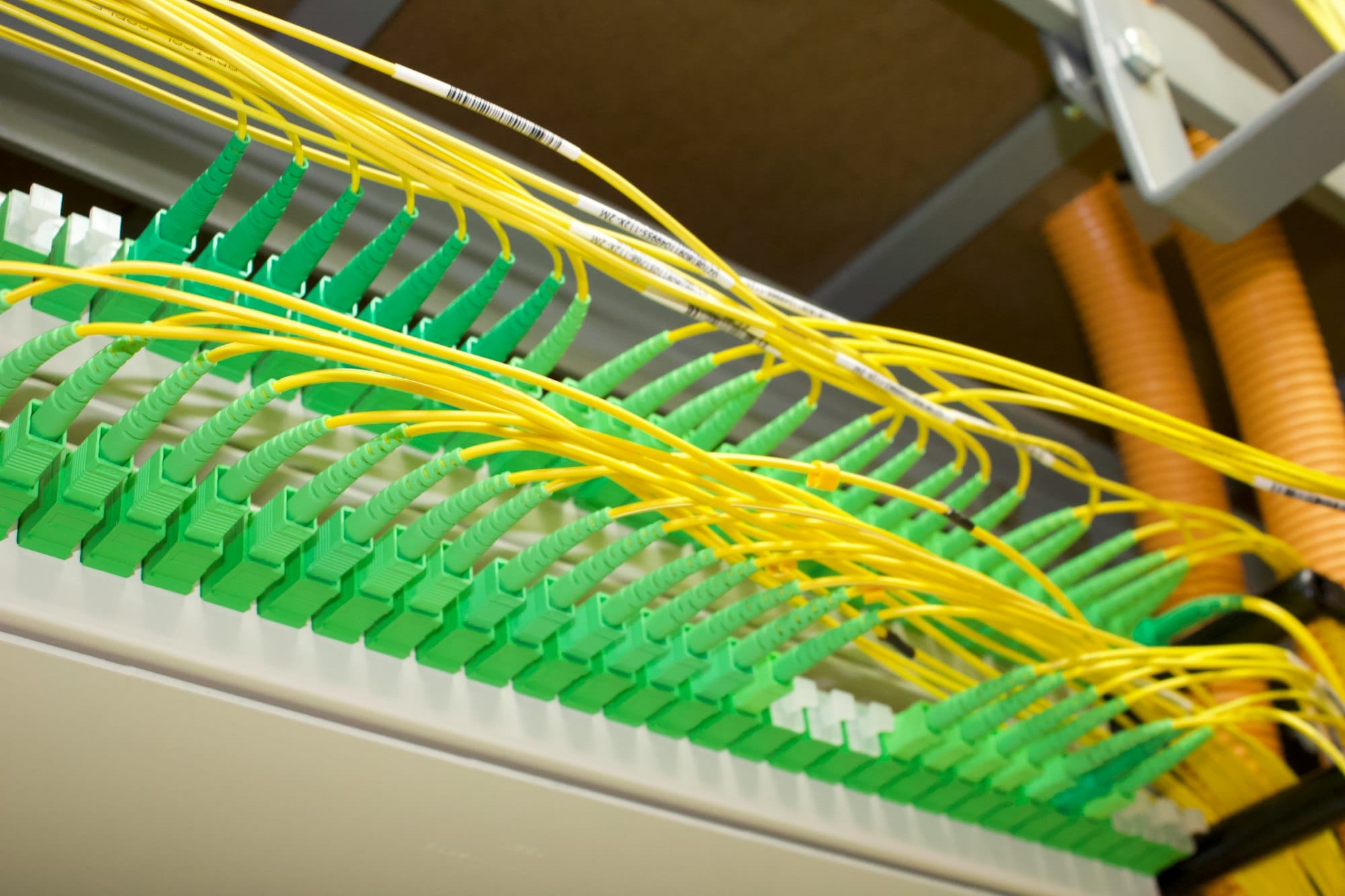
Mobile
Mobile communication has become a central part internet connectivity.

Democratization
The internet has the potential to impact, and also to enhance, society's democratization.

Section 230
Section 230 is sometimes called the 26 words that created the internet.

Spectrum
Whether licensed, unlicensed or shared, radio frequency spectrum is the critical resource for wireless communication.

Net Neutrality
Whether broadband providers may prioritize delivery of bits by the entities they own is a divisive topic.

Open Access
Open Access networks separate network operations from internet services. Ownership may also be separate from operations.

Funding
The pandemic has prompted a new era of funding for broadband infrastructure.

Rural
Because Rural America is often the least-connected region in the country, ensuring coverage is central to BEAD.

Satellite
Satellite broadband remains an option those areas beyond the reach of fiber, terrestrial or mobile wireless.

Universal Service
The Universal Service Fund, codified in 1996 with the Telecommunications Act, remains the foundation of universal access.

Cloud
Cloud computing relies upon robust and high-speed upload and download internet speeds.

Tribal
Tribal leaders say the federal government has failed to uphold its trust responsibility for the health, safety and welfare of Native American tribes.

5G
The 5G wireless standard promises breakthrough in capacity, speed and dynamic spectrum-sharing capabilities.

WISP
Wireless Internet Service Providers play an important role in delivery of fixed wireless broadband.

Digital Inclusion
We need humans to make digital inclusion work.

Education
Technology, particularly broadband access and adoption, plays a vital role in K-12 and secondary education.

Health
The innovations of telehealth and mobile health care has transformed medicine and health care.

Public Safety
Ensuring that emergency communications are enabled with broadband is the next frontier in public safety.

Telework
Broadband internet service allows many people to work from almost anywhere.

Cybersecurity
Digital locks and keys are necessary, but not sufficient, to ensure cybersecurity.

Robocall
The scourge of robocalls is making America's once-vaunted telephone network less trustworthy.

BEAD
The BEAD program is implemented by the National Telecommunications and Information Administration of the U.S. Commerce Department.
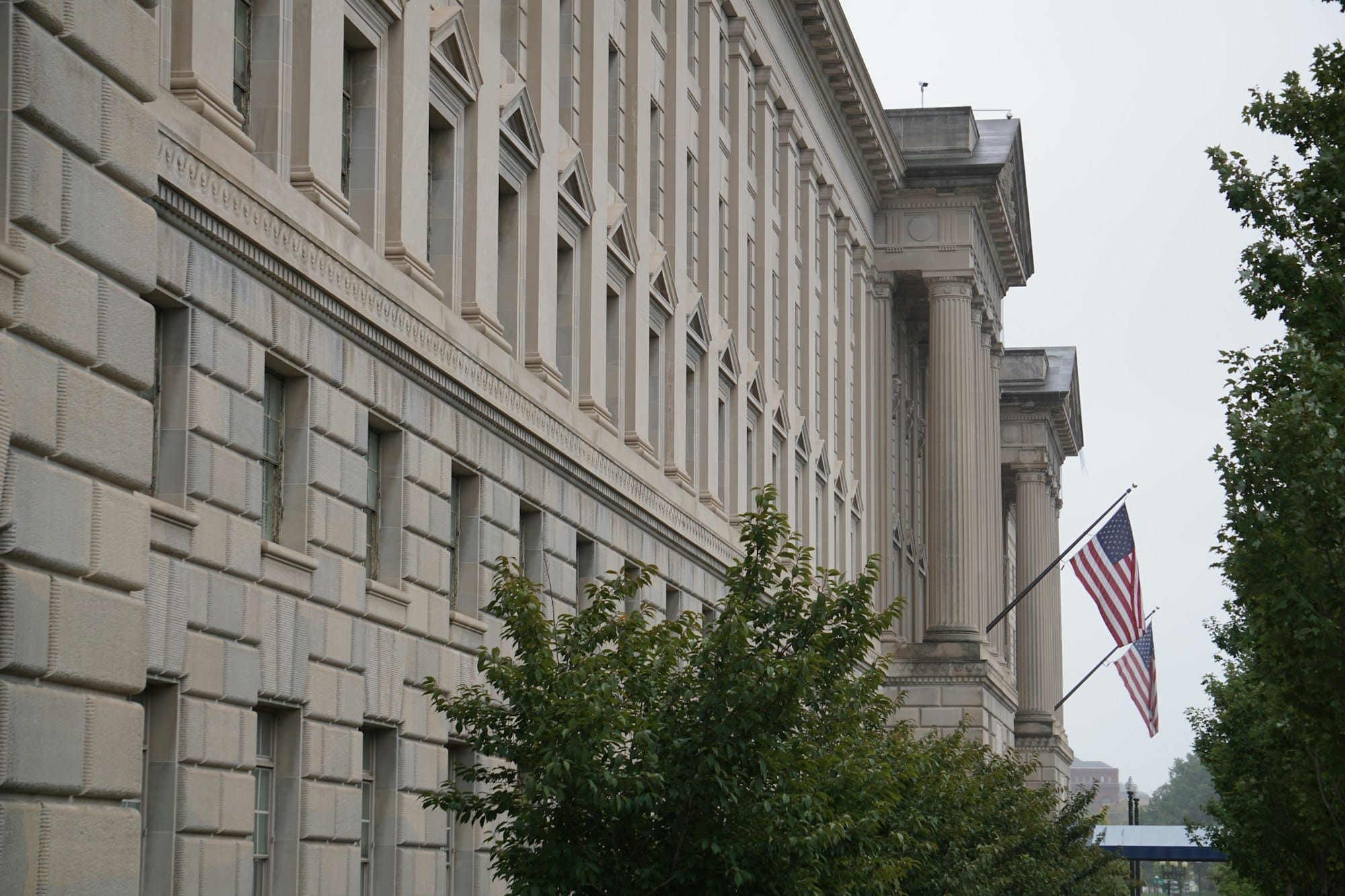
Community Broadband
The last three years have seen a dramatic increase in the number of communities building publicly-owned, locally controlled infrastructure.

Privacy
The entire concept of privacy has been transformed by broadband and the internet.

Broadband Mapping and Data
Accurate broadband mapping and data has been central to America's broadband buildout.
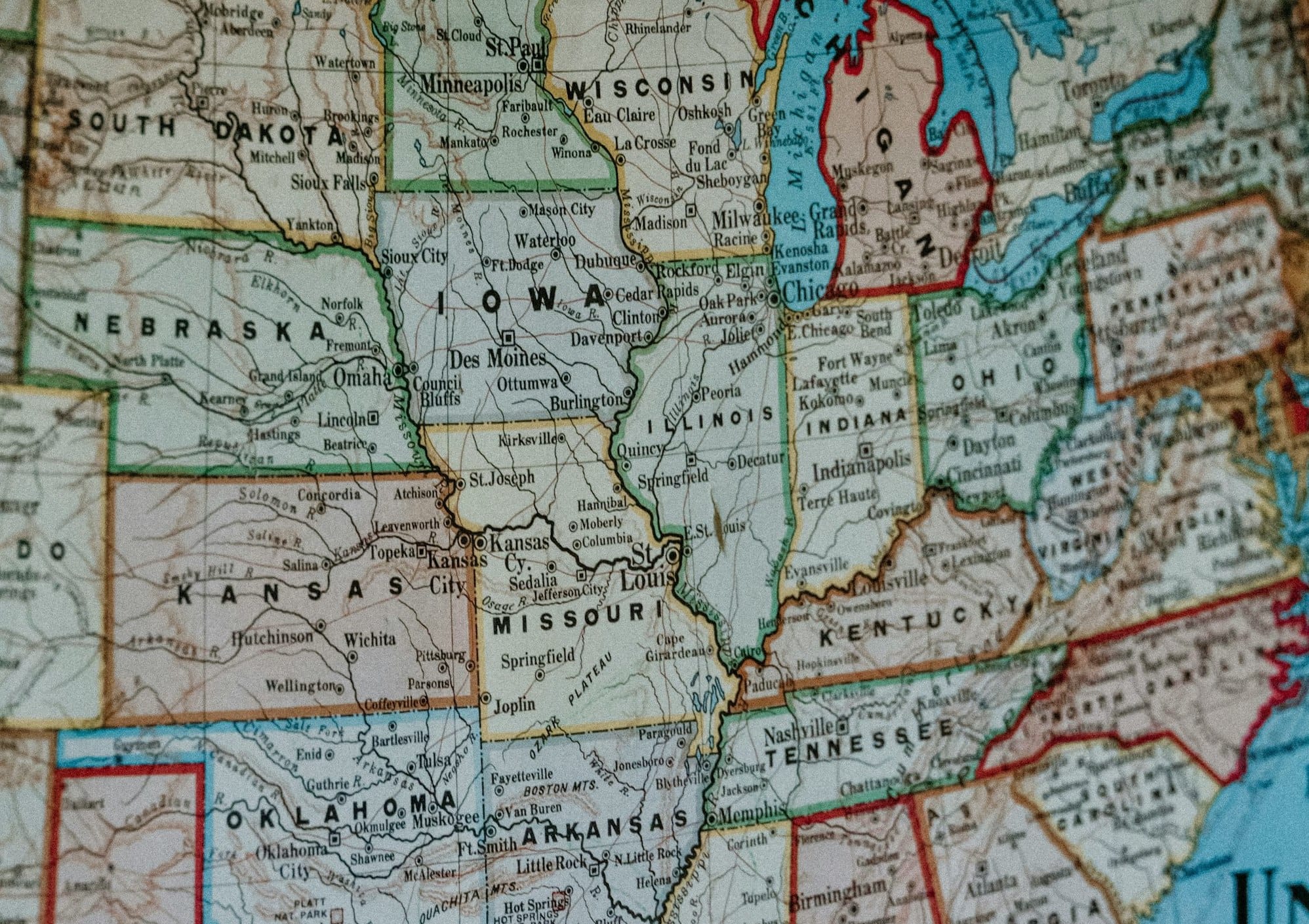
Smart Cities
Cities of the future rely on high-speed internet access and advanced fiber and wireless connectivity.

Advanced Energy
The infrastructure necessary for advanced energy also powers the infrastructure necessary for high-speed internet.

Autonomous Vehicles
Self-driving cars are one of many advances to come for smart cities and communities.

Drones
Drones and airborne transportation are one of many advances to come for smart cities and communities.

Antitrust
Antitrust has been re-invigorated by concern over the power of big technology, media and telecom companies.

Artificial Intelligence
Artificial intelligence is poised to transform humans' relationship with technology, and each other.

Social Media
Social media plays a powerful force in the lives of most adults and teenagers.

Free Speech
Debates about the role of free speech have been transformed by broadband internet services.

Chips
Semiconductors are the world’s new oil.

Profiles of Prospective Candidates to be FCC Chairman: Mignon Clyburn and Tom Wheeler
WASHINGTON, March 27, 2013 – This week BroadbandBreakfast.com will begin a series profiling many of the top prospective candidates that might be selected to serve as chairman of the Federal Communications Commission. Julius Genachowski, the 29th chairman, on Friday announced that he would step down
FCC Chairman Genachowski, at Gigabit Community Workshop, Makes First Public Comments Since His Stepping Down Announcement
WASHINGTON, March 27, 2013 – “If we build super-fast networks, the innovators will come,” said Federal Communications Commission Chairman Julius Genachowski on Wednesday, in his first public statements since his announcement last Friday that he would leave the agency in a matter of weeks. While spea
On Friday, FCC Chairman Genachowski to Announce Departure; Accomplishments Include National Broadband Plan, USF, Wireless Auctions and Wireless Competition
Julius Genachowski plans to announce his departure from the Federal Communications Commission.
At the Broadband Breakfast Club on Tuesday: Smart Cars as a Rapidly-Emerging Test Case for Machine-to-Machine Communication
March 18, 2013 – At the Broadband Breakfast Club, we strive to introduce our readers and club members to the most timely developments in broadband services. Think of your participation in our events as a vital early warning system to what you need to know about new directions in high-speed connectiv
Everyone Finds Something to Like in FCC Approval of Wireless T-Mobile/MetroPCS Merger
WASHINGTON, March 12, 2013 – The Federal Communications Commission and the U.S. Justice Department on Tuesday announced their approval of the proposed merger of mobile wireless carriers T-Mobile and MetroPCS. Two years after the two agencies nixed AT&T’s attempted acquisition of T-Mobile on antitrus
Expert Opinion: ‘Making Sense of Data Caps and Tiered Pricing in Broadband and Mobile Networks’
By Nick Feamster, Associate Professor of Computer Science, Georgia Tech (The original version of this article is posted in Dr. Feamster’s Blog ‘Connection Management’) WASHINGTON, February 27th, 2013 — Last week, I had the pleasure of sitting on a panel of the Broadband Breakfast Club at Clyde’s of
Broadband News from Around the World: Microsoft for Africa & National Broadband Network in Australia
WASHINGTON, February 18, 2012 – A recent wrap-up of global broadband news included the following items: Microsoft 4Afrika Initiative Microsoft recently launched the Microsoft4Afrika Initiative, in a push to promote economic and broadband development in Africa. The initiative hopes to promote inexpen
Video from February’s Broadband Breakfast Club on Data Caps
WASHINGTON, Thursday, February 21st, 2013 – The broadband policy news and events service BroadbandBreakfast.com held its February 2013 Broadband Breakfast Club event “Data Caps, the Spectrum Crunch and the Wireless Home” this past Tuesday, February 19th, 2013 at Clyde’s of Gallery Place. Speakers in
Rising Tide of Data Uses From Wireless Devices Forcing Changes in Internet Usage Patterns, Say Experts at Broadband Breakfast Club
WASHINGTON, February 20, 2013 – Policy-makers and consumers alike are struggling to grapple with a rising-tide of data usage from wireless devices, according to the chief of the Federal Communications Commission’s wireless bureau and panelists speaking at the Broadband Breakfast Club on Tuesday at C
Last Chance to Register for Tomorrow’s Breakfast Club on ‘Data Caps, the Spectrum Crunch and the Wireless Home’
WASHINGTON, Monday, February 18th, 2013 – The broadband policy news and events service BroadbandBreakfast.com will hold its February 2013 Broadband Breakfast Club event: “Data Caps, the Spectrum Crunch and the Wireless Home” tomorrow, Tuesday, February 19th, 2013 at Clyde’s of Gallery Place, 707 7th
Washington Post Story Demonstrates the Perils of Understanding Wi-Fi Developments Through Mainstream Newspapers
February 5, 2013 – Now that I’ve had a chance to read the front-page Washington Post story on so-called “Super Wi-Fi,” I have to confess to being extremely disappointed in the Post. Like many others, I was taken in on an allegedly new development repackaged in an exaggerated fashion. It is another r
FCC Wireless Telecom Bureau Chief to Keynote ‘Data Caps, the Spectrum Crunch and the Wireless Home’
WASHINGTON, Wednesday, January 30th, 2013 – The broadband policy news and events service BroadbandBreakfast.com will hold its February 2013 Broadband Breakfast Club event: “Data Caps for Wireless Broadband, the Spectrum Crunch and the Wireless Home” on Tuesday, February 19th, 2013 at Clyde’s of Gall
Square Technology Puts Chinatown Coffee Company Ahead of the Curve in Anticipating Customer Needs
WASHINGTON, January 29, 2013 – For Max Brown, founding partner and owner of Washington’s Chinatown Coffee Company, small business owners need to embrace the benefits that technology brings. In the two years that Chinatown Coffee has used the app called “Square,” Brown has seen his credit card charge
A Live Test of Wireless Download and Upload Speeds, and Latency, During Barack Obama’s Inauguration Ceremony
WASHINGTON, January 24, 2013 – Whenever a large gathering commences, chances are that, in addition to cramped quarters and long lines, the influx will also mean a major increase in the number of cell phones, laptops and other Wi-Fi dependent devices. As when on January 21, 2013, President Barack Oba
Video of Tuesday’s Broadband Breakfast Club on ‘The President’s and Congress’ New Broadband Agenda’
WASHINGTON, January 17, 2013 — This past Tuesday, January 15th, the Broadband Breakfast Club featured explication and discussion of the key broadband policy issues projected for debate in Congress in 2013. Highlights included a keynote speech by Representative Anna G. Eshoo (D-California), Chair of
With Broadband as Driver for Today’s Consumer Electronics Technologies, Here’s the Top 10 Issues for 2013
WASHINGTON, January 13, 2013 – Starting the New Year off by attending the Consumer Electronics Show in Las Vegas provides a wonderful lens with which to focus on the year ahead in technology. Today, broadband is the driver for almost all of today’s digital technologies. Of the hundreds of examples o
FCC Chairman Genachowski Touts ‘Incentive Auction’ as Big Win from Broadcasting to Wireless Broadband
LAS VEGAS, January 9, 2013 – When President Obama came to office nearly four years ago, the transition to digital television hadn’t yet been completed. Now, airwaves once used by broadcasters have been cleared for use by wireless companies. And the Federal Communications Commission is going forward
Mobile Devices Open Up New Vistas for Connectivity and a Platform for Innovation, Says Qualcomm CEO Paul Jacobs
LAS VEGAS, January 7, 2013 – An intellectual property licensing company that designs the chipsets for mobile devices — and barely offer a consumer-facing brand — took center stage here at the opening keynote of the Consumer Electronics Show tonight. Paul Jacobs, Chairman and CEO of the San Diego bas
WISPA
WISPA, formerly the Wireless Internet Service Providers Association, represents "Broadband Without Boundaries."

AT&T’s ‘Mobile Share’ and Verizon’s ‘Share Everything’ Plan Open New Doors for Family iPhone Usage
SPRINGFIELD, ILLINOIS, December 26, 2012 – Many families would like to get an iPhone for their whole family, but the problem is the price. There are lots of families that have kids with iPods (which cost the same price as iPhones, excluding service plans) and lots of parents with phones. Many times,
The Year in Broadband, 2012: BroadbandBreakfast’s Guide to the Top 10 Events
December 18, 2012 – The year 2012 has provided significant progress in broadband within the United States. Whether through policy developments, or through technologies advancing the rate of internet speeds, the business case for making use of those higher speeds is also progressing in a meaningful w
In Lead-up to World Conference on International Telecommunications, Debate About United Nations and Regulation of Internet
WASHINGTON, Wednesday, November 21st, 2012 – The internet policy news and events service BroadbandBreakfast.com held its November 2012 Broadband Breakfast Club “The International Telecommunications Union Year-End Meeting and the Global Open Internet” on Tuesday, November 20th, 2012 at Clyde’s of Gal
Remembering the ‘i’ in Broadband: A Memorium
By Stephen Bone October 5, 2012 – It has been fourteen years now, so the “i” has simply become a trademark, almost a cliché of itself, something to be parodied. Consequently, many have forgotten that the “i” in iMac, iTunes, iPod, iPhone, and iPad all stand for something, for the same thing — the “i
White Spaces, Special Access and mHealth: Last Week’s Policy Wrap Up
WASHINGTON Tuesday June 12, 2012 – Last week the Federal Communications Commission moved forward with white spaces reform free of challenges from the microphone industry, they took on special access reform and held a meeting of experts to address the future of wireless mHealth innovation. Broadband
Larry Strickling Cites Public Safety FirstNet As New, Post-Stimulus Broadband Opportunity
ARLINGTON, Va., May 25, 2012 – The new national wireless communications network to serve police, firefighters and other “first responders” may provide a new opportunity to extend broadband stimulus-related activity, a top Commerce Department official said Wednesday. Dubbed FirstNet, this new public
What Challenges Are We Still Facing in Seniors Getting Online: What Have We Learned and What Are the Remaining Obstacles?
WASHINGTON Thursday May 17 2012 – Nearly two years after the American Recovery and Reinvestment Act’s (ARRA) broadband deployment and adoption projects were funded and the National Broadband Plan was adopted, we are still dealing with 100 million Americans who do not receive broadband in the home.
NTIA Plan to Repurpose 1755-1850MHz Band and its Challenges
WASHINGTON April 6, 2012 – Last week the National Telecommunication and Information Administration (NTIA) announced their finding that 95 megahertz (MHz) of spectrum residing in the 1755-1850 MHz band can be repurposed for commercial wireless use. NTIA’s report was in response to a 2010 Memorandum
RIM, RIP: How BlackBerry Lost its Way, and How iPhones and iPads are Tapping to Success
April 2, 2012 – I admit to being taken in yesterday by Google’s April Fools prank – Gmail Tap. This priceless video promises to bring Morse code back for the smart phone era. Gmail Tap hit a powerful nerve: how to make smart phones more useful for the things we do besides talking on them. […]
Second Doc Test
Premium Document Page
Docs Post 3
Spectrum Bill Recap: Now on to the Auction
WASHINGTON March 8th, 2012 – Last month Congress passed one of the more important pieces of legislation regarding the future of wireless access and innovation in our country. The bi partisan legislation has already garnered support from many of the stakeholders and parties involved. Given that we ha
‘The Wired Home and Wireless Policy’ Breakfast – Convergence Legislation and Consumer Adoption
WASHINGTON January 17, 2012 – BroadbandBreakfast.com kicked off a new year of the Broadband Breakfast Club fresh off the heals of the Consumer Electronics Show in Vegas with a Breakfast on “The Wired Home and Wired Policy” featuring the Presidents of four major technology and telecommunications trad
iPods, iPhones, iPads – and the Wired and Wireless Broadband Connections That Feed Them
January 12, 2012 – The Broadband Economy has always been about three things: wired and wireless connections; the iPods, iPhones, and iPads that we got in our Christmas stockings; and the content that makes it fun and useful to “connect” your device to the internet. Some of us talk about the internet
BroadbandBreakfast.com Hosts Broadband Breakfast Club Event ‘The Wired Home and Wireless Policy’ Tuesday, January 17th, 2012 in Washington, DC
WASHINGTON, Wednesday, January 11th, 2012 – The internet policy news and events service BroadbandBreakfast.com will hold its January 2012 Broadband Breakfast Club event ‘The Wired Home and Wireless Policy‘ on Tuesday, January 17th, 2012 at Clyde’s of Gallery Place, 707 7th St. NW, Washington, DC 200
States Take Aim at USF and ICC reform
WASHINGTON December 8, 2011 – Wednesday TheHill.com reported that the Pennsylvania Public Utility Commission filed suit against the Federal Communications Commission for it’s Order and Further Notice of Proposed Rulemaking to reform the Universal Service Fund and Intercarrier Compensation regime. T
Possible AT&T Concessions to Save Its Merger with T-Mobile
WASHINGTON, December 5, 2011 – With its proposed merger facing roadblocks on two fronts, AT&T has withdrawn its Federal Communications Commission application in order to focus on the Department of Justice’s antitrust suit. One of the ways that AT&T may try to gain the DOJ’s approval would be to sell
The Connect America Fund: Statements and Highlights from the FCC Commissioners
WASHINGTON, Friday October 28, 2011. The Federal Communication Commission unanimously voted to overhaul its outdated the Universal Service Fund and reform its intercarrier compensation fund at yesterday morning’s Open Commission Meeting. The FCC predicts that an effort to expand high speed interne
Forbes Mercy Including Fixed Wireless in the USF Discussion
WASHINGTON, DC October 24, 2011 – Forbes Mercy, President of Washington Broadband Inc and WISPA VP/ Legislative Chair shared some thoughts and comments with BroadbandBreakfast.com after our panel on “Bringing Broadband Infrastructure to Rural Areas: Where is the Progress?” You can watch the video of
Broadband Infrastructure to Rural Areas is on the Move at the Broadband Breakfast Club
WASHINGTON, October 21, 2011 – Rural broadband providers, national union members, federal agency officials and state broadband administrators squared off on Tuesday at the Broadband Breakfast Club’s keynote and panel presentations on “Bringing Broadband Infrastructure to Rural Areas: Where is the Pr
Wireless Consumer Usage Notification Guidelines Agreed to by Industry and Consumer Groups
WASHINGTON Monday October 17, 2011 – FCC Chairman Julius Genachowski, CTIA The Wireless Association’s President and CEO Steve Largent and Consumers Union’s Policy Counsel Parul Desai held a press conference at Brookings Institute yesterday morning to announce new “Wireless Consumer Usage Notificati
BroadbandBreakfast.com Hosts Broadband Breakfast Club Event “Bringing Broadband Infrastructure to Rural Areas: Where is the Progress?” Tuesday, October 18th, 2011 in Washington, DC
WASHINGTON, Thursday, October 13th, 2011 – The internet and intellectual property policy news and events service BroadbandBreakfast.com will hold its October 2011 Broadband Breakfast Club event:
“Bringing Broadband Infrastructure to Rural Areas: Where is the Progress?” on Tuesday, October 18th 2011 at Clyde’s of Gallery Place, 707 7th St.
With AT&T’s T-Mobile Merger All But Dead, It’s Time to Focus on Broadcasters
WASHINGTON, August 31, 2011 – With the Justice Department’s announcement on Wednesday that it will contest AT&T’s proposed acquisition of T-Mobile, the attention should now turn to what some consider the deal’s key driver: getting more wireless spectrum into the hands of broadband providers.
AT&T’s Newly Proposed Economic Model For Merger Riles Opposition
WASHINGTON, July 28, 2011 – Sen. Al Franken (D-MN.) sent a filing to the Federal Communications Commission and Department of Justice Tuesday requesting the denial of the merger between wireless carriers AT&T and T-Mobile.
Less than 24 hours after AT&T submitted its most recent economic model to
July Breakfast Club Examines Connect America Fund Transition
WASHINGTON, July 20, 2011 – The July Broadband Breakfast Club gathered key industry experts to discuss how the Universal Service Fund could be transformed to support next generation broadband communications technologies on Tuesday. “The Universal Service Fund (USF) has done a great job in getting p
Analysis: Consumers Still Confused About New 4G LTE Systems
WASHINGTON, July 20, 2011- Both AT&T and Verizon taken steps to to deploy their 4G LTE networks in recent months, with Sprint and T-Mobile heavily advertising their existing 4G technologies. With rampant speculation regarding the iPhone 5 industry watchers have predicted that consumers would be clam
FCC Homes in on E911 Location Data at July Meeting
WASHINGTON July 13, 2011 – The Federal Communications Commission approved a Notice of Proposed Rule Making that would aim to improve the ability of first responders to locate mobile and Voice over IP (VoIP) callers who contact 911 during its July meeting on Tuesday. The Commission passed by a unani
Strickling Testifies Before House Committee at Spectrum Hearing
WASHINGTON July 7, 2011- National Telecommunications and Information Administration Administrator (NTIA) Lawrence Strickling testified as the sole witness during at Subcommittee on Communications and Technology hearing on the use of federal government spectrum on Wednesday. “With increased access t
Eshoo Introduces 4G Carrier Transparency Bill
WASHINGTON, June 24, 2011 – Wednesday Rep. Anna Eshoo (D-CA) introduced legislation that would require wireless 4G carriers to provide consumers with complete and accurate information about their 4G services. “Consumers deserve to know exactly what they’re getting for their money when they sign-up
Pricing Info for Tiered Verizon Data Plans Leaked
WASHINGTON June 23, 2011- The Android Central blog leaked Wednesday what it claims are internal Verizon Wireless documents that show details of tiered data pricing for wireless plans to be released in July. Verizon Wireless stated last year that it would have to eventually transition away from unli
Syria Utilizes “Kill Switch” as Internet Freedom Debate Heats Up
WASHINGTON, June 17, 2011 – In the past year, there has been an extensive push for universal access to Internet, seen as the ultimate democratizing tool enabling two-way communication between governors and the governed. But the reality of a ‘digital divide’ leaves the majority of the world’s populat
One Economy ‘Application for Good’ Winners Announced
WASHINGTON June 14, 2011- The One Economy Corporation, in conjunction with AT&T, announced the winners of the “Applications for Good” contest on Tuesday. “Technology is important, but today’s event shows that what really matters is how people, families and communities use technology to make their l
State Department Funds Shadow Internet Networks to Protect Free Speech Rights
WASHINGTON, June 13, 2011 – The U.S. State Department has acknowledged funding the establishment of independent “shadow” internet and cell-phone networks in countries with oppressive regimes, according to a Sunday New York Times article. The effort is part of a broader “liberation technology moveme
Senate Committee Passes Public Safety Spectrum Bill
WASHINGTON, June 9, 2011 – The Senate Committee on Commerce, Science, and Transportation passed a deficit reducing measure Wednesday to reallocate the D-Block spectrum to public safety and gain federal funding to realize a nationwide, interoperable public safety broadband network. The measure, know
Expert Opinion: Why the FCC should deny the AT&T / T-Mobile Merger
In order for the Federal Communications Commission to approve the mega-merger between AT&T and T-Mobile, AT&T has to make a showing that the merger is in the public interest. Despite AT&T’s declaration that this merger is the most pro-consumer, pro-innovation and pro-investment solution to America’s
Congress Seeks Winning Design for Proposed Spectrum Auctions
WASHINGTON, June 2, 2011 – The Subcommittee on Communications and Technology explored legislation Wednesday that would encourage the voluntary participation of broadcast companies and wireless providers in spectrum auctions. “There is a looming spectrum crisis, and we must get additional spectrum i
Cisco Predicts Four-Fold Growth in IP Traffic Over Next Four years
WASHINGTON June 2, 2011 – Cisco predicted the next four years of global broadband consumption via virtual forum when it unveiled its annual visual networking index Wednesday. Each year Cisco produces a networking index that predicts internet use and broadband consumption for the next five years. Wh
AT&T Announces LTE Launch
WASHINGTON May 25, 2011 – AT&T announced Wednesday that it will upgrade its HPSA+ network to Long Term Evolution (LTE) in five major markets starting this summer, representing the company’s first steps into adopting the standard on its nationwide network. LTE networks represent upgraded technology
T-Mobile to Double 4G Speeds in 55 Markets
WASHINGTON, May 24, 2011 – Wireless phone and Internet provider T-Mobile announced Tuesday that its fastest wireless broadband speeds would increase twofold in more than 50 markets, starting Wednesday. The company boasts speeds up to 42 megabits per second (Mbps) available on the improved 4G networ
Technology Policy Institute Panel Discusses Spectrum Incentive Auctions
WASHINGTON May 24, 2011- The Technology Policy Institute assembled auction experts Monday to discuss the value and mechanics of proposed spectrum incentive auctions. “Markets work best when there are rules for the market players to act within,” said Peter Cramton, Professor of Economics, University
Mercatus Gathers Experts to Debate Mobile Competition
WASHINGTON, May 19, 2011 – The Mercatus Center, a market orientated research center located at George Mason University, gathered key industry insiders to discuss how the Federal Communications Commission analyzes market competition in the wireless industry on Wednesday. “The FCC needs to look beyon
May Broadband Breakfast Explores AT&T/T-Mobile Merger
WASHINGTON May 18, 2011 – Broadband Breakfast gathered former Federal Communications Commission and Department of Justice officials along with leading industry experts to explore how the government will scrutinize the AT&T T-Mobile merger. Will the FCC or the Justice Department Be Tougher on the
ITIF Panel: FCC Needs to Address Spectrum Needs
WASHINGTON May 18, 2011 – The Information Technology and Innovation Foundation assembled a unique group of economists, legislative aides and engineers on Tuesday to explore how best to allocate this scarce resource.
LightSquared to Launch Nationwide Wholesale LTE Network
WASHINGTON May 13, 2011 – The New America Foundation gathered key industry experts on Thursday to discuss whether satellite spectrum should be reclassified so that it can be used for the expansion of terrestrial mobile broadband. With the spectrum crunch that many experts anticipate, many industry
Senators Grill Mobile CEOs on AT&T/T-Mobile Merger
WASHINGTON May 12, 2011- The Senate Subcommittee on Antitrust, Competition Policy and Consumer Rights assembled leading mobile CEOs Wednesday to explore the proposed merger between AT&T and T-Mobile. “The proposed merger between AT&T and T-Mobile will bring together two of the four remaining nation
Barton, Markey Release Draft of ‘Do Not Track’ Bill for Kids
WASHINGTON, May 9, 2011 – Reps. Joe Barton (R-TX) and Ed Markey (D-MD) released a discussion draft of to-be-introduced legislation that would update the Children’s Online Privacy Protection Act to reflect changes in current technology. The Do Not Track Kids Act of 2011 would make several changes to
Experts Debate Incentive Auctions at Brookings
WASHINGTON May 6, 2011 -The Brookings Institution gathered key industry and government experts Thursday to discuss how solve the impending spectrum crunch through voluntary incentive auctions.
Congressional Members Discuss Net Neutrality, Privacy and Spectrum at CCIA Meeting
WASHINGTON May 5, 2011- At the Washington Caucus meeting of the Computer and Communications Industry Association Wednesday, Congressional leaders presented their views on preserving the Open Internet, expanding patent reform, ensuring consumer privacy online and the need for spectrum reform.
FCC Probes Industry on USF Modernization
WASHINGTON April 28, 2011 – The Federal Communications Commission gathered key industry experts on Wednesday to explore the different ways that the Universal Service Fund can be modernized to effectively deploy high speed broadband to rural America.
Sprint Joins Rural Cellular Association
WASHINGTON, April 21, 2011 – At the group’s annual convention in Las Vegas on Tuesday, Rural Cellular Association CEO, Steven Berry, announced the addition of wireless carrier, Sprint to the RCA. “This is a very timely addition to RCA’s membership, and a stronger membership will certainly help ensu
Genachowski Addresses Economic Club of Washington
WASHINGTON April 21, 2011- Federal Communications Commission Chairman Julius Genachowski visited the Economic Club of Washington Wednesday to answer questions that covered spectrum auctions and the impending merger between AT&T and T-Mobile. “To continue our growth in mobile broadband we need to fr
New America Foundation and Consumers Union Discuss Wireless Interoperability
WASHINGTON April 18, 2011 – The New America Foundation, in cooperation with the Consumers Union, gathered representatives from the leading wireless services providers and consumers groups on Wednesday to discuss how requiring mobile broadband service providers to interoperate would affect consumer c
Free Press Panel Blasts ‘Broken’ FCC
BOSTON, April 13, 2011 – Panelists at the Free Press National Conference for Media Reform railed on the Federal Communications Commission over the weekend, debating to what extent the Commission has been “captured” by industry and how to fix it. Joel Kelsey, Political Advisor at Free Press, moderat
Copps, Clyburn Push Media Reform In Boston
BOSTON, April 11, 2011 – Speaking to a standing-room only crowd on Friday afternoon, Federal Communications Commissioners Michael Copps and Mignon Clyburn addressed media consolidation and broadband deployment before fielding questions at a town hall meeting during Free Press’s National Conference f
5 Questions With: Ben Huh On Net Neutrality
BOSTON, April 11, 2011 – During the Free Press National Conference on Media Reform in Boston over the weekend, Managing Editor, Jonathan Charnitski sat down with Cheezburger Network owner and CEO, Ben Huh, to find out how the debate over net neutrality shapes one of the largest – and funniest – user
FCC Addresses Wireless Buildout Issues At Monthly Meeting
WASHINGTON, April 8, 2011 – The Federal Communications Commission passed a series of measures aimed at expanding mobile broadband access at its April open meeting on Thursday.
Wireless Communications Association International Holds 4G Caucus
WASHINGTON, April 7, 2011 – The Wireless Communications Association International, a technology-neutral broadband advocacy organization, gathered industry experts to discuss next generation fourth generation wireless technology on Wednesday.
Federal Court Dismisses Verizon, Metro PCS Net Neutrality Appeals
WASHINGTON, April 5, 2011 – The United States Court of Appeals for the District of Columbia Circuit dismissed a suit Monday seeking to overturn the Federal Communications Commission’s recent net neutrality rules, finding that the appellants in the case filed their appeal prematurely.
Brookings Panel Debates Wireless Spectrum Policy, AT&T-T-Mobile Deal
WASHINGTON, March 31, 2011 – The Brookings Institution assembled leading telecommunications experts and business representatives on Wednesday to discuss the future of spectrum policy and the impending merger between AT&T and T-Mobile.
Barton, Markey to Wireless Carriers: ‘Do You Track Customers’ Location Info?’
WASHINGTON, March 31, 2011 – Reps. Edward Markey (D-MA) and Joe Barton (R-TX), Co-Chairmen of the House Bi-Partisan Privacy Caucus sent letters Tuesday to Sprint, T-Mobile, Verizon and AT&T asking the wireless companies to disclose how the firms collect and stored user location data. The letters to
Analysis: For AT&T, It’s All About The Spectrum
WASHINGTON March 29, 2011 – With the acquisition of T-Mobile, AT&T may be not only solving a long standing question about where it would find the spectrum to deploy its planned 4G network, but also make a leap in its public image. Currently, AT&T uses a band of spectrum not supported by any other c
AT&T Announces $39B Deal To Acquire T-Mobile
WASHINGTON, March 21, 2011 – Nationwide wireless carrier, AT&T announced Sunday that it had finalized an agreement to acquire competitor T-Mobile from Deutsche Telekom for $39 billion in cash and stock. The deal between the nation’s second- and fourth-largest carriers would likely create the larges
Experts Discuss National Broadband Plan at the Broadband Breakfast Club
WASHINGTON March 17, 2011 – On the one-year anniversary of the announcement of the National Broadband Plan, Broadband Breakfast gathered key industry experts to offer criticism and discuss the government’s implementation of the plan. The National Broadband Plan: A One-Year Update [https://broadba
Verizon Launches First 4G Phone, Wins Race with AT&T
WASHINGTON, March 17, 2011 – Verizon launched its first 4G capable phone Thursday, marking the first step into the next generation of high-speed wireless by one of the two biggest wireless carriers in the U.S.
Analysis: Apple Widens Tablet Market Gap With iPad 2, But Will Wireless Benefit?
WASHINGTON, March 17, 2011 – Apple’s initial iPad 2 sales and projections for 2011 say while that Apple probably will not face much competition in tablet sales, the competition for wireless data plans for the device are heating up. Apple sold over 15 million of the original iPad, and brisk resales
Expert Opinion: How to Bring More Handsets to More Carriers
WASHINGTON, March 15, 2011 – Despite fanfare regarding the end of exclusivity for the Apple iPhone with the launch of a CDMA version, the reality is that many carriers are still unable to attain certain devices. While the majority of current subscribers now have access to the once-exclusive iPhone,
BroadbandBreakfast.com Again on Leading Edge of Debate About National Broadband Plan
WASHINGTON, March 11, 2011 – The internet and intellectual property policy news and events service BroadbandBreakfast.com will hold its March 2011 Broadband Breakfast Club event, “The National Broadband Plan: A One-Year Update” on Tuesday, March 15th, 2011. In hosting the event, BroadbandBreakfast.
Legislators Introduce Bills To Restrict State Wireless Taxes
WASHINGTON, March 11, 2011 – Legislators in the House and Senate introduced companion bills that would prohibit states from levying new taxes specific to wireless services in an effort to keep barriers to access for mobile internet services low.
American Tower Joins Rural Cellular Association
WASHINGTON March 10, 2011 – American Tower, the Boston-based wireless and broadcast infrastructure company, announced Thursday it had joined the Rural Cellular Association.
Ookla Unveils Revamped Speedtest.net
WASHINGTON, March 7, 2011 – Ookla, the company that owns and manages the connection testing website, Speedtest.net, relaunched the site Monday with an updated look and new functionality to better record consumer connection data.
Cisco Study Shows Wireless Data Use Rising Faster Than Expected
WASHINGTON, March 7, 2011 – A study to track and forecast trends in the global mobile network that was released by Cisco Systems last month shows that mobile internet traffic is rising faster than expected.
Kerry, Snowe Introduce Bill To Improve Spectrum Efficiency, Management
WASHINGTON March 2, 2011 – Two members of the Senate Subcommittee on Communications, Technology and the Internet introduced new legislation Wednesday that would modernize the nation’s radio spectrum planning and management.
Joint Center Convenes Panel to Promote Adoption for Underserved Communities
WASHINGTON March 2, 2011 – Joint Center for Political and Economic Studies held a panel on Wednesday on how the federal government should promote broadband adoption and access to underserved communities. The panel served as an update the National Broadband Plan, which came out one year ago.
Broadband Breakfast Club Discusses How To Bring More Handsets to More Wireless Carriers
WASHINGTON, February 22, 2011 – After Apple recently broke its exclusivity agreement with AT&T and brought the iPhone to Verizon, our panel discusses whether consumers suffer from a lack of choice in handsets between carriers what effects that may have on the wireless marketplace. Additionally, the
MetroPCS Joins Rural Cellular Association
WASHINGTON, February 18, 2011 – The Rural Cellular Association (RCA) announced Friday that wireless provider MetroPCS had joined the association.
NTIA, FCC Release National Broadband Map and Digital Nation Report
WASHINGTON February 17, 2011- The National Telecommunications and Information Administration in conjunction with the Federal Communications Commission unveiled the National Broadband Map along with an update to the Digital Nation report this morning. The map is available at http://www.broadbandmap.g
FCC Bureau Chiefs Report To NARUC On Commission Activities
WASHINGTON February 16, 2011 – Officials from the Federal Communications Commission updated the telecommunications subcommittee of the National Association of Regulatory Utility Commissioners on the current state of wireless, public safety and wireline competition at the Association’s yearly convent
Verizon iPhone Not Threatening AT&T Market Share Yet, Say Analysts
WASHINGTON, February 14, 2011 – Initial reports from market analysts show mixed reactions to the Verizon iPhone launch last week and its possible effects on AT&T’s share in the wireless marketplace.
Obama Likens Broadband To Electricity, Rails In Michigan Speech
WASHINGTON, February 10, 2011 – President Obama drew comparisons between high-speed Internet, the railroads and the electric grid during a speech in Marquette, Michigan on Thursday afternoon, commenting on their essential nature to the economy and calling for a renewed investment in broadband infras
Verizon Launches iPhone, Ends Longstanding Exclusivity With AT&T
WASHINGTON, February 10, 2011 – The Verizon iPhone debuted in stores across the country Thursday, ending more than four years of exclusivity between Apple and AT&T for the widely popular smartphone.
Obama to Outline High-Speed Wireless Plan Thursday in Michigan
WASHINGTON, February 10, 2011 – President Obama is scheduled to deliver a speech at Northern Michigan University, Thursday, detailing his plan to catalyze his State of the Union pledge to deliver wireless Internet to 98 percent of Americans within five years. In addition to spurring businesses to r
Verizon Tweaks Data Policies in Anticipation of iPhone Launch
WASHINGTON, February 3, 2011 – Verizon announced Thursday two major changes to its wireless internet policies that will allow the carrier to handle a higher volume of traffic only days before the launch of the Verizon-compatible iPhone. In order to “provide customers the best experience,” the carri
AT&T Brings Back Unlimited iPhone Data Plan – For Some
WASHINGTON, January 28, 2011 – Wireless provider AT&T has reportedly begun allowing some of its iPhone customers to switch to an unadvertised unlimited data plan in an apparent effort to retain customers just ahead of competitor Verizon’s launch of the popular handset. Apple fan sites are reporting
Verizon Breaks iPhone Exclusivity; Paves Way for Smaller Carriers
NEW YORK, January 25, 2011 – Verizon announced earlier this month that it declined to sign an exclusive deal with Apple to carry the iPhone, opening the door for other carriers to introduce the popular handset on their own networks. The new arrangement with Verizon breaks a three-year exclusivity de
FCC Establishes LTE Standard for Nationwide Public Safety Broadband Network
WASHINGTON, January 25, 2011 – The FCC issued an order Tuesday at its January open meeting that set a 4G common standard for a nationwide, interoperable, public safety mobile broadband network. The Order, which addressed changes recommended by the 9/11 Commission Report, would require the use of a L
MetroPCS Accused of Violating Open Internet Order
Consumer groups sent a letter to the FCC last week accusing low-cost carrier, MetroPCS, of violating the Open Internet Order by limiting user access to services. The Center for Media Justice, Free Press, Media Access Project, New America Foundation and Presente.org submitted a letter to the Federal
Congressional Action on Telecommunications Act in Question at Broadband Breakfast Club
WASHINGTON, January 20, 2011 – After 15 years of explosive growth and innovation in telecommunications since the last major revision, the 112th Congress is faced with the question of whether the law is keeping up with technology. On Tuesday, our panelists discussed whether Congress should consider a
LTE Growing Faster Than Ever
Long Term Evolution is growing faster than any other mobile platform in history, according to a recent report from the Global Mobile Suppliers Association (GSA). The GSA report includes both variants of LTE: Time Division Duplex and Frequency Division Duplex. Mobile carriers are developing 128 netw
T-Mobile UK Limits Usage to 500MB
T-Mobile UK has announced a major change in the content which their users will be allowed to access. In an effort to alleviate congestion on the network users will have unlimited access up to 500MB. After that point users will no longer be able to access streaming video or download content they will
No More Cell Phone Service For California’s State Employees
As millions of cell phone subscribers considered the exciting option of signing up for an iPhone on Verizon Wireless’ network Tuesday, California government employees for their part were hit with the news that their work-related cell phones would be rescinded as Governor Jerry Brown embarks on his b
4G is 4G… Or Is It?
With the growth of mobile broadband the availability of 4G is becoming more important to consumers; however the term 4G is being used so differently by each of the mobile providers that soon it may be very difficult for consumers to compare mobile broadband offerings. As 4G networks are deployed, th
Wireless Industry, Broadcasters Clash over Incentive Auctions at CES
LAS VEGAS, January 10, 2011 – Industry and government representatives debated the future of spectrum policy during a panel discussion at the Consumer Electronics Show (CES) on Friday and highlighted the controversy over the FCC’s proposed incentive auctions. Rick Boucher introduced the discussion w
Chairman Genachowski Outlines FCC Goals at Consumer Electronics Show
LAS VEGAS, January 10, 2011 – FCC Chairman Julius Genachowski highlighted the Commission’s successes in the 111th Congress and looked to its goals in the 112th during a discussion with at the Consumer Electronics Show on Friday. The conversation between the Chairman and the Consumer Electronics Ass
Las Vegas: Ground Zero For the Battle of 4G Wireless Technologies
LAS VEGAS, January 10, 2011 – After last week’s slew of press conferences and unveilings, the latest new products at the Consumer Electronics Show (CES) left little doubt: 2011 will be “The Year of 4G.” In fact, CES 2011 was as much about the networks as it was about the devices themselves. As the
AT&T Announces 4G Update
AT&T has updated their 4G schedule to rollout field trials by the end of the year. John Stankey, president and CEO, AT&T Operations said: “AT&T has a key advantage in that LTE is an evolution of the existing GSM family of technologies that powers our network and the vast majority of the world’s glob
Greater Use of Cloud Computing Increases Broadband Dependence
LONDON, December 2, 2010 – The proliferation of cloud computing is increasing the dependence of both consumers and businesses on broadband access.
FCC Moves to Improve Spectrum Availability and Use By Taking from Broadcasters
WASHINGTON, December 1, 2010 – The FCC unanimously passed three measures aimed at improving spectrum availability and efficiency while spurring innovation at its November open meeting on Tuesday. The wireless industry applauded the agency’s move. The first measure would reallocate over-the-air broa
Transparency and Application Efficiency Key To Wireless Net Neutrality Says Qualcomm Chief
Mobile phone network operators should provide incentives to application developers to increase the efficiency of their products so that wireless networks can be better managed, said Paul Jacobs, Qualcomm’s chairman and chief executive officer in an interview that aired on C-SPAN Saturday.
Global Meeting in Senegal Focuses on Broadband Empowerment
WASHINGTON, November 10, 2010 – Policy makers from around the globe met in Senegal today to discuss information and communications technologies and how they can better empower the world.
Commerce Report Shows Diminishing Digital Divide
WASHINGTON, November 9, 2010 – After a year of data crunching and analysis, the Commerce Department has released a report titled “Exploring the Digital Nation Home Broadband Internet Adoption in the United States,” concluding that a digital divide still exists but is decreasing.
Verizon to Pay More Than $25M for Hitting Consumers With ‘Mystery Fees’
WASHINGTON, October 28, 2010 – The Federal Communications Commission’s Enforcement Bureau hit Verizon Wireless with a record $25 million payment to the government for mystery fees the company charged its customers during the last several years.
FCC Chief Soldiers on as ‘Captain Crunch’ in Effort to Alleviate Spectrum Shortage
WASHINGTON, October 21, 2010 – The Federal Communications Commission is highlighting the looming issue of “spectrum crunch” as smart phones and other data-hogging devices eat up valuable spectrum.
Fixed Mobile Convergence Expected to be Completed by 2015
LONDON, October 18, 2010 – Convergence between fixed and mobile broadband services will be virtually complete by 2015, unified by standards originally developed for multi-room television in the home, according to analyst group IMS Research in its report :Convergence in the World Home Entertainment M
Most Consumers Report ‘Bill Shock,’ FCC Plans Action
WASHINGTON, October 14, 2010 – It’s not a surprise that “bill shock” is a problem. The Federal Communications Commission on Wednesday released a white paper on complaints it has received on the issue, which addresses a sudden, unexpected increase in the monthly mobile phone bill, even when a custome
FCC Unveils Privacy and Security Tips
WASHINGTON, October 8, 2010 – FCC Chairman Julius Genachowski Friday morning spoke at a privacy and security event where he unveiled new web pages from his agency offering privacy and security tips.
Mignon Clyburn Expects FCC Universal Service Fund Proposals by Year-End
ARLINGTON, Va., October 2, 2010 – Federal Communications Commissioner Mignon Clyburn emphasized the need for quality research in policy making, particularly with regard to reforming the universal service fund for telephone and internet connectivity. Speaking at the Friday evening dinner session at
FCC Opens Up White Space For Unrestricted Uses
WASHINGTON, September 24, 2010 – In a unanimous vote, the Federal Communications Commission approved the use of the “white spaces” for unlicensed uses. The white spaces are the band of spectrum now empty after television signals went digital. These bands offer some of the best promulgation character
Groups Generally Pleased With FCC ‘White Spaces’ Decision
WASHINGTON, September 23, 2010 – Broadband watchers generally reacted favorably to the Federal Communications Commission’s vote on Thursday to finalize rules to open vacant television channels, which are often referred to as TV white spaces.
FCC Order Improves 911 Call Location Information
WASHINGTON, September 23, 2010 – The Federal Communications Commission on Thursday voted to improve the ability of 911 call centers, or Public Safety Answering Points, to quickly locate wireless 911 callers and dispatch emergency responders to assist them during emergencies.
Verizon to Tier LTE Data
WASHINGTON, September 23, 2010 – After months of hinting and speculation, Verizon Wireless CEO Ivan Seidenberg has told the Wall Street Journal that the firm would introduce tiered data pricing. Currently AT&T is the only firm to tier mobile data on handsets
FCC Chief Touts Broadband Benefits to Ebay’s Top Sellers
WASHINGTON, September 17, 2010 – FCC Chairman Julius Genachowski told a group of top sellers on eBay this week that they, more than anyone, know about the importance of broadband to the success of the nation’s economy, jobs and future of small business.
Language in Small Business Jobs Bill Nixes Cell Phone Tax
WASHINGTON, September 16, 2010 – Legislation sponsored by Sen. John Kerry (D-Mass.), a senior member of the Senate Finance Committee, to end a regulation on cell phones passed a cloture vote in the Senate as part of H.R. 5297, the Small Business Jobs Act.
FCC Offers Online Tool to Search Licenses
WASHINGTON, September 14, 2010 – The Federal Communications Commission on Tuesday unveiled a tool allowing anyone to view licenses overseen by the agency. A quick tour of www.fcc.gov/licenseview, shows that there are about 3 million total managed licenses, of which about 2 million are active.
Vilsack Announces $518 Million in Broadband Grants
WASHINGTON, September 13, 2010 – Agriculture Secretary Tom Vilsack has announced 43 new broadband grants across 27 states. Overall, these grants will receive $518 million in government funding and $34.1 million in private investment.
D.C. Offers Free Wi-Fi Along National Mall
WASHINGTON, September 10, 2010 – The District of Columbia has launched Wi-Fi along the National Mall, announced Agriculture Secretary Tom Vilsack, D.C. Mayor Adrian Fenty and District Chief Technology Officer Bryan Sivak this week.
Broadband Key Component of Australian Election
WASHINGTON, September 9, 2010 – The national broadband network was a key issue in the recent Australian election, with the Parliament evenly split. The Labor and Liberal parties each had 72 seats with two independents.
India Wants Access to Communications Networks
WASHINGTON, September 3, 2010 – The Indian government has announced that it will give notice to all communications services that it would like access to their networks. In the aftermath of last year’s Mumbai terror attacks, the government wants to be able to access communications networks to monitor
Sen. Kerry Reaffirms Support for Network Neutrality
WASHINGTON, September 2, 2010 – Massachusetts Democrat Sen. John Kerry has issued a statement strongly in support of network neutrality.
India Gives RIM Two More Months to Comply
WASHINGTON, August 31, 2010 – India’s government has given BlackBerry-maker RIM two more months to comply with a request for increased access to e-mail from its users.
Intel Buys German LTE Chip Maker
WASHINGTON, August 31, 2010 – Intel has announced that it will purchase German firm Infineon’s wireless chip division. Infineon’s wireless division primarily works with various LTE technologies.
Clearwire to Offer Pay-As-You-Go WiMax
WASHINGTON, August 30, 2010 – Clearwire has announced the first pay-as-you-go service for WiMax. Marketed as the Rover, it offers users unlimited usage for various time periods. The product is marketed toward younger people who are unable to afford recurring monthly charges.
Verizon Seeks to Offer an LTE Network in Alaska
WASHINGTON, August 30, 2010 – A recent filing by Verizon to the Federal Communications Commission shows that the firm may set up a long-term evolution network in Alaska. The filing was an application for the acquisition of the 700 megahertz band from Triad
Association Study Shows LTE Networks Continue to Expand Globally
WASHINGTON, August 30, 2010 – The Global Mobile Suppliers Association has published new data showing that 101 firm LTE network deployments are in progress or planned in 41 countries. The number of network commitments is 71 percent higher than GSA reported in a similar survey six months ago.
Hungary to Auction More Spectrum
WASHINGTON, August 27, 2010 – Hungary’s newly formed National Media and Telecommunications Authority has announced the nation will hold new wireless auctions. The auctions will be for the 450 megahertz band and a portion of the 900 MHz band.
Sprint to Purchase Wirefree Spectrum
WASHINGTON, August 27, 2010 – Sprint Nextel has announced that it will purchase 10 megahertz of spectrum from Wirefree Partners. The spectrum will span 16 markets including Austin, Texas as well as Seattle and Cincinnati.
GAO Report Addresses Benefits, Concerns of Wireless Industry Consolidation
WASHINGTON, August 26, 2010 – A new government report released publicly on Thursday reviews changes in the wireless industry since 2000 and addresses its effects, including carrier consolidation and competitiveness.
Grupo Televisa and Nextel Mexico Win Spectrum Auction
WASHINGTON, August 19, 2010 – Mexico has completed its most recent spectrum auction for the 1700 megahertz band.
RIM Agrees to Give India Access to Networks
WASHINGTON, August 19, 2010 – India is the latest nation to require Research in Motion to provide a government with access to the traffic across the RIM network. The nation gave the Canadian phone maker until the end of the month to comply with a request for access to its network. RIM has acquiesced
WiMax Forum Agrees Upon WiMax2 Standard
WASHINGTON, August 17, 2010 – The WiMax Forum has announced that the WiMax 2 standard has been agreed upon. The official standard will be presented to the Institute of Electrical and Electronics Engineers in November.
Complaints to the FCC Jumped 230 Percent in the First Quarter of 2010
WASHINGTON, August 16, 2010 – Complaints to the Federal Communication Commission about various issues increased 230 percent during the first quarter of this year over the fourth quarter of last year, largely thanks to broadcast indecency incidents. General inquires increased 7 percent during this ti
Rostelecom to Launch LTE in Russia
WASHINGTON August 13, 2010- Russian telecom firm Rostelecom has announced plans to build an LTE network.
Public Interest Groups Urge FCC to Protect Consumers
WASHINGTON August 9, 2010 -In an effort to promote the issue of network neutrality representatives from eight of the major public interest think tanks met with officials from the Federal Communications Commission.
Broadband Initiatives: Impact will depend on Wireless & Fixed Strategies
With the advent of continued proliferation from wireless coverage throughout the U.S., and the projected exponential growth in mobile access, adoption and affordability through LTE to 4G technology; the realities of serving less populated areas becomes increasingly more likely. The strides being mad
WiMax is Dead. Long Live WiMax?
WASHINGTON, August 5, 2010 – WiMax has always been seen as one of the ideal solutions to bring high-speed internet access to rural America, but it has yet to achieve its full potential. With the majority of mobile providers choosing long term evolution, or LTE, as their preferred 4G technology, WiMa
FCC Adopts New Rules on Disabilities, Spectrum Deregulation
WASHINGTON, August 5, 2010 –The Federal Communications Commission voted unanimously to pass all items on the agenda before closing business.
UAE BlackBerry Ban Highlights State Threat to Broadband Freedom
LONDON, August 4, 2010 – The plan announced this week by the United Arab Emirates to ban use of BlackBerry Messenger, e-mail and web browsing services by Oct. 11 unless the company allows it to access the encrypted messages on demand has drawn universal condemnation from freedom and privacy groups,
Pakistan Announces Potential 3G Auction
WASHINGTON, August 4, 2010 – Dr. Muhammad Yaseen, chair of the Pakistan Telecommunication Authority has announced that his group would be auctioning third-generation spectrum within three to four months.
UK’s Information Commissioner Office Clears Google of Wifi Snooping
WASHINGTON, August 3, 2010 – According to the UK’s Information Commissioner Office (ICO), data Google accidentally collected about WiFi networks is unlikely to cause damage to those networks’ owners.
As Google Street View cars logged WiFi hotspots, they also logged information passing between personal computers and those WiFi networks. The
Indonesian Government Rescinds Licenses of 4 WiMax Auction Winners
WASHINGTON August 3, 2010- The Indonesian government has repealed the licenses of four WiMax auction winners.
Cosmote to Launch Greece’s First LTE Network
WASHINGTON August 3, 2010 – Greek mobile provider Cosmote to launch a LTE network based just outside of Athens. The pilot network will span the suburbs of Marousi and Chalandri. It will then spread across Athens. The network will offers users speeds of up to 100Mbps down and 45Mbps up.
Clearwire to Sell Stake in Irish WiMax Provider
WASHINGTON August 2, 2010 – Clearwire will sell its majority share of Irish WiMax provider Imagine Communications Group.
Vodafone Essar to Launch 3G Network in India by end of 2010
WASHINGTON August 2, 2010- Indian mobile provider Vodafone Essar is set to launch a new 3G network by the end of the year.
Uzbekistan to Get LTE Network
WASHINGTON, August 2, 2010- Russian owned Mobile TeleSytems has announced this week that it will be launching a LTE network in Uzbekistan. The network will be the first of its kind in central Asia and the first non-TeleSonera owned network.
San Francisco Partners with Motorola On New LTE System
WASHINGTON, July 30, 2010 – San Francisco area public officials have announced that they would enter into a partnership with Motorola to construct a 700 MegaHerz LTE system – one of 21 in the country granted the right to do so by the FCC.
Best Buy to Offer Mobile Broadband Through Clearwire
WASHINGTON, July 30, 2010 – Best Buy’s new mobile broadband service provider, Best Buy Connect, will be adding 4G options to its customers.
WISPA Tackles Key Issues at Summer Meeting in St. Louis
ST. LOUIS, July 30, 2010 – The Wireless Internet Service Providers’ Association took the opportunity to address key issues of concern to its members at its summer meeting in St. Louis this month.
Verizon Smartphones Consume More Data than AT&T iPhone
WASHINGTON July 29, 2010- Consumer research firm Validas has just released data from a recent consumer survey which shows that on average Verizon Smartphone users consume more data than AT&T iPhone users.
FCC Launches New Consumer Help Center
WASHINGTON, July 29, 2010 – In an effort to promote consumer welfare the Federal Communications Commission has launched a new web site entitled the Consumer Help Center.
Google Exonerated of Data Violations in UK
WASHINGTON, July 29, 2010 – Following an investigation of Google’s unauthorized Wi-Fi data collection, UK data protection authorities announced that the telecom giant had not done real damage.
Medical Technology Makers Debate Convergence of Health Issues, Spectrum
WASHINGTON, July 28, 2010 – Experts gathered at the behest of the Federal Communications Commission and Food and Drug Administration to give the investor and research and development perspective at the agencies’ public meeting on enabling the convergence of communications and medical systems.
Gabon to Holds 3G Auction
WASHINGTON July 27, 2010 – Gabon will be holding a 3G auction. Bids have a deadline of September 30th.
Algeria to Hold 4G License Auction
WASHINGTON July 27, 2010 – In an effort to expand its broadband connectivity the African nation of Algeria will hold a 4G license auction next year. Currently the nation only has three mobile providers; Qtel, Wataniya Telecom Algeria, Orascom Telecom Algeria, and the state owned Algerie Telecom Mobi
Users Cheer Copyright Office Jailbreaking Decision on iPhone, But They Do It At Their Own Risk
SAN FRANCISCO, July 26, 2010 – iPhone owners can now add applications not approved by Apple, but whether Apple will support jailbroken iPhones is another story.
Free At Last? Obama Admin Jailbreaks iPhone, Sanctions MashUps, Blesses Security Research
SAN FRANCISCO, July 26, 2010 – The US Copyright Office on Monday addressed many of the longstanding criticisms of a digital-era copyright law when it granted all of the exemptions to the law (under certain circumstances) requested by a flagship digital rights group.
Americans Tap Into Mobile Networks to Share World Cup Experience
WASHINGTON, July 26, 2010 – Americans were among the largest group of people visiting South Africa during the World Cup soccer match played in June, according to mobile phone data from Aicent. More than 60 percent of Aicent’s data traffic came from customers of GSM operators in the United States, sa
FCC, FDA Partner to Address Health Technologies Using Spectrum
WASHINGTON, July 26, 2010 – To plug it in and keep it beating, these two agencies must keep on meeting was the general theme of a panel discussion Monday convened by the Federal Communications Commission and Food and Drug Administration to address the current state of wireless health, and the lesson
FCC Calls For Comment on Web-Based Data Collection
WASHINGTON, July 22, 2010 – The Federal Communications Commission announced yesterday that it would seek comment on its Web-based system which tracks the information of applicants seeking to operate in existing frequencies. The system is designed to operate as a means for nonfederal applicants to de
LightSquared to Launch New LTE Network
WASHINGTON, July 21, 2010- LightSquared, a new broadband wireless data network, is expected to cover 92 percent of the United States population with LTE by 2015. Private-equity firm Harbinger Capital Partners announced its LightSquared network on July 20, and is expected to officially launch the ne
Cisco’s Kevin Shatzkamer Discusses the Future of Mobile Video
Kevin Shatzkamer is the Chief Architect for Cisco Mobility and speaks to the mobile research Cisco has developed in helping Mobile Service Providers reach their ROI goals and objectives in projecting an increasingly demand driven market.
World Cup and Mobility
Q. How will current World Cup viewership demand impact the
Kerry and Snowe Introduce Bill to Mandate Spectrum Inventory
WASHINGTON July 19, 2010- Senators John Kerry (D- Mass) and Olympia Snow (R- Maine) have introduced a bill which will direct the FCC and NTIA to conduct a spectrum inventory and the creation of a National Strategic Spectrum Plan.
Mexico Raises Billions of Pesos via Spectrum Auction
WASHINGTON July 19, 2010 – The Mexican government recently completed their auction of the 1.9 Ghz band which raised 2 billion pesos ($156 million) and the 1.7 Ghz band which raised 4.91 billion pesos ($379.7 million). The government now plans to auction the 3.4 Ghz band and 3.7Ghz bands and possibly
Nokia Siemens to Acquire Motorola Infrastructure Assets for $1.2 Billion
WASHINGTON July 19, 2010 – Nokia Siemans is set to acquire Motorola’s network infrastructure assets for $1.2 billion in cash. The firms will finalize the deal by the end of the year. With the purchase Nokia Siemans will become the “#3 wireless infrastructure vendor in the United States, the #1 forei
Genachowski Announces Creation of Spectrum Data Inventory
WASHINGTON, July 16, 2010 -The Federal Communications Commission will increase its transparency by overseeing the creation of a spectrum inventory that includes users and license holders, agency Chairman Julius Genachowski told senators in a Thursday letter. Last May, Senators John D. Rockefeller a
Cisco Courts Consumers at Home and at Work
Cisco’s mantra continues to be about networking and collaboration, and that is what it continues to offer consumers and busy executives with an array of products.
Public Safety Alliance Claims to Need More Spectrum
WASHINGTON, July 12, 2010 – The Public Safety Alliance recently released a paper outlining what the alliance claims were dangerous assumptions in the Federal Communications Commissions’ Capacity white paper. The PSA says, “The Commission studied three tragic moderately sized real disasters in its w
Cable’s move into Mobile: Calculated and Deliberate
Image via CrunchBase
If you believe Cable Operators are not thinking about Mobile Networks and what kind of synergies could bring them increased cash-flow in the future, then you’ve probably missed the obvious signs laid out since 2008.
Strategic Partnerships
Starting with their investment in Clearwire in 2008, companies
Russia’s Telecom Regulator Changes Policy on Wi-Max Frequencies
WASHINGTON, July 9, 2010 – Russia’s telecommunications regulator Roskomnadzor this week reversed its longstanding policy requiring that frequencies allocated for Wimax not be used in the development of other technology. This move comes as Russian Wimax operator Scartel and Russian national operator
FCC Chairman Responds to Senators Questions on Broadband
WASHINGTON, July 8, 2010 – The chairman of the Federal Communications Commission responded to senators’ questions generated after he testified before them in April on the National Broadband Plan and other issues. Genachowki had appeared before the Senate Commerce Committee on April 14 and 64 pages o
Femtocell Technology Gains Mass Appeal for Mobile Broadband
LONDON, July 6, 2010 – Fewer than 10 percent of U.S. consumers are familiar with the term femtocell, but when told about their benefits, 56 percent like what they hear and are prepared to pay their cell phone provider a premium for them.
Markey to Write Spectrum Bill
WASHINGTON June 30, 2010- In a show of support for President Obama’s memorandum ordering the release of 500 MHz of spectrum, Representative Edward Markey (D-Mass) will author a bill to give additional guidance in the release of the spectrum.
Obama to Implement Spectrum Recommendation from National Broadband Plan
WASHINGTON, June 29, 2010On Monday the President announced that he has instructed the Federal Communications Commission (FCC) and the National Telecommunications Information Administration (NTIA) to make 500 MHz of spectrum available over the next 10 years. This release of spectrum is one of the fir
Obama to Direct the Auction of 500Mhz of Spectrum
WASHINGTON, June 28, 2010 – In an effort to support the goals of the National Broadband Plan, President Obama will sign a presidential memorandum directing the auction of 500megahertz of spectrum which is currently owned by the federal government and some private firms.
FCC Sets Proceeding to Expand Spectrum Supply
WASHINGTON, June 24, 2010 – The Federal Communications Commission announced Monday that it would begin a plan to increase spectrum availability by freeing up loose spectrum allotted to satellite companies. The plan will be initiated in July after an FCC proceeding examining how to increase value, ut
Emergency Response Interoperability Center Adds New Members
WASHINGTON, June 23, 2010 – The Public Safety and Homeland Security Bureau appointed 20 members to its Emergency Response Interoperability Center’s Technical Advisory Committee Monday. The ERIC mission is to establish a technical and operational framework that will ensure nationwide operability and
Congress to Hold Closed Door Meetings on Communications Policy Issues
WASHINGTON, June 22, 2010 – In order to gain more information on the communications policy issues which have come up as a result of recent FCC action regarding spectrum policy, broadband deployment and the authority of the FCC; the House and Senate will hold a set of staff led stakeholder sessions.
Telstra and Nokia Siemens Networks Achieve 100Mbps LTE Connection Over 75km
WASHINGTON, June 21, 2010 – Telstra, Australia’s largest telecommunications firm and Nokia Siemens Networks, a joint venture between Finland’s Nokia and Germany’s Siemens has achieved a 100mbps down speed on its LTE network over a record breaking distance of 75Kilometers.
Lawmakers Push to Understand Spectrum Needs of Public Safety Officials
WASHINGTON, June 18, 2010 – Lawmakers on Thursday reviewed different ways to treat spectrum, including auctioning it to the private sector and allocating it for public emergency services.
TeliaSonera to Launch Nation Wide LTE Networks in Sweden and Norway
WASHINGTON, June 18, 2010 – Swedish Telecom firm TeliaSonera has announced that by the end of the year it will have deployed LTE to over 25 cities covering most of the nation and the four largest municipalities in Norway currently it already offers service in Oslo.
Verizon to Tier LTE Service
WASHINGTON, June 18, 2010 –In an interview with Bloomberg Verizon Wireless CFO John Killian stated that they will follow the move always from unlimited data in a similar manner to AT&T when the firm introduces its LTE service.
NYFI Wants to Provide Free WiFi to New York City
WASHINGTON, June 17, 2010 – NYFI, a wireless and telecommunications company located near Manhattan, recently announced its intention to begin supply free Wi-Fi coverage to all commuters on New York’s MTA Metro North Railroad. This decision comes after AT&T Mobility announced a similar plan to expand
Baker Highlights the Use of White Space in Innovation
WASHINGTON, June 16, 2010 – With Spectrum playing a large role in the National Broadband Plan one of the biggest sources for open spectrum is the White space which was created by the recent DTV transition. Yesterday FCC Commissioner Baker addressed the TV White Spaces Summit.
Broadband Issues Echo Electrification Debate of Decades Ago
WASHINGTON, June 15, 2010 – Today’s broadband expansion throughout the United States faces similar challenges to wiring the nation with electricity decades ago, and the nation’s businesses, consumers and government must work together to tap into the resources that high-speed internet access offers,
Senators Urge FCC Take Action on White Space
WASHINGTON, June 15, 2010 – Yesterday Senators Kerry and Snowe sent a letter to the FCC urging them to open up the white space created after the DTV transition. They believe that this spectrum needs to be opened to help support the National Broadband Plan.
Why offering the Quad Play would help Cable’s Stock Price
Image via Wikipedia
The mobile phone market is growing exponentially and will continue to evolve for years to come. Why has the Cable Industry not moved into the lucrative mobile phone market? It could definitely be a revenue bonanza, as it currently is for telecom companies. See (The cable company
Starbucks to Provide Free Unlimited WiFi
WASHINGTON, June 14, 2010 – Starbucks announced today that starting July 1 the chain will begin to offer free unlimited Wi-Fi to customers. The new system will be simpler than the current one with a single click connecting customers to the network.
Reliance Industries to Enter Mobile Broadband Market
WASHINGTON, June 14, 2010- Reliance Industries has announced that it has purchased a large share of Infotel Broadband Services. The firm was one of the biggest winners of the recent Broadband Wireless Auction that India held to sell spectrum rights for the use of wireless broadband access. Infotel w
FCC Commissioner Baker Criticizes Chairman’s Plan
WASHINGTON, June 10, 2010 – Federal Communications Commission member Meredith Baker criticized a regulatory recommendation offered by her agency’s chairman, saying it’s draining resources from dealing with the National Broadband Plan and that it’s not a bipartisan effort.
Secretary Vilsack Touts Efforts Made by RUS
WASHINGTON, June 9, 2010 –The US Department of Agriculture’s Rural Utilities Service (RUS) has just released a report that outlines the first round of Broadband Initiatives Program grants from the stimulus package last year. During a conference call with the press USDA Secretary Tom Vilsack stated
Cisco Predicts IP traffic to Exceed by 767 Exabytes in Four Years
WASHINGTON, June 8, 2010 – Last week Cisco released its Visual Networking Index which looks at how internet traffic will evolve over the next five years. They predict that “Annual global IP traffic will exceed three-quarters of a zettabyte (767 exabytes) in four years. Global IP traffic grew 45 perc
Digital Bridge Wins $4.3 Million BTOP Grant
WASHINGTON, June 8, 2010 – Digital Bridge is the latest broadband stimulus award winner. The wireless broadband provider is one of the few WiMax providers in the nation. The Virginia-based firm was established in 2005 and launched its first network two years later. Currently, Digital Bridge maintain
AT&T to Expand Wi-Fi Network
WASHINGTON, June 8, 2010 – Telecom giant AT&T may have angered many of its customers last week by announcing the end to its unlimited mobile broadband plan but it has tried to temper this by expanding its Wi-Fi network. It has chosen to setup a pilot location in New York City’s Times Square. The fir
Google Faces Lawsuits for Collecting Data from Unprotected Networks
WASHINGTON, June 7, 2010 – A class action lawsuit filed May 17 accuses Google of violating federal privacy and data acquisition laws, and asks that Google pay up to $100,000 to each individual from whom data was taken. The firm is also facing civil suits in Canada, the Czech Republic, France, German
Experts Debate Lack of Transparency in Federal Spectrum Policy
WASHINGTON, June 7, 2010 – Experts gathered last week to discuss problems surrounding transparency in federal spectrum policy and the challenges in addressing the issue. A recurring point of contention was the question of how to raise governmental consciousness of the price of spectrum, so as to pre
AT&T Eyeing Stake in Indian Mobile Company
WASHINGTON, June 7, 2010 –Telecom giant AT&T is in talks with Reliance Communications, one of India’s top mobile phone firms, to possibly purchase a minority share in the firm. Reliance was one of the few companies in the recent spectrum auction in India to obtain large sections of the Broadband Wir
Broadband May Meet Its Match During World Cup
LONDON, June 7, 2010 – Several factors are conspiring to make the 2010 football World Cup a testing time for Europe’s fixed and mobile broadband networks. The soccer tournament kicks off June 11 in South Africa. Europe has six of the world’s top eight footballing nations competing, and fanatical pop
Nation’s Capital to Get WiMax
WASHINGTON, June 4, 2010- Clearwire has recently launched its WiMax service in the nation’s capitol, making it the 33rd city to obtain the service. WiMax – unlike WiFi – is able to cover miles of land with only a single tower. The service boasts speeds of 6 megabits per second down and 1 mbps up. Pl
Cablevision to Expand Optimum Wi-Fi
WASHINGTON, June 4, 2010 – New York based ISP Cablevision has announced that it will seek permission from New York’s Metropolitan Transit Authority to expand its Optimum Wifi network to include the Long Island Railroad and metro north. This expansion would be fully funded by Cablevision. These new s
When It Comes to Spectrum, Can We Make Nice and Share?
WASHINGTON, June 4, 2010 – The issue of spreading around communications spectrum so that businesses, consumers and others can perform and innovate effectively was discussed as a conference hosted by Public Knowledge on Thursday.
London Mayor Seeks to Blanket City in Wi-Fi
WASHINGTON, June 4, 2010 – With the London Olympics a mere two years away, Mayor Borris Johnson has announced that the city soon will be fully covered in Wi-Fi.
Verizon to Seek Rural Partners as It Rolls Out More Robust Network
WASHINGTON, June 4, 2010 – Verizon plans to blanket the nation with a faster communications network and is looking for help in rural areas. In addition to seeking partners, the firm has reportedly been in talks to share its spectrum.
Skype to Charge for Mobile VoIP
WASHINGTON June 2, 2010 – Starting in 2011, Skype will begin charging users to make mobile Skype-to-Skype calls.
AT&T to Tier Mobile Broadband Offerings
WASHINGTON, June 2, 2010 – AT&T today announced a major change to its mobile broadband plans. It has shifted from its current unlimited plan to a two-tiered meter based plan. The new tiers will be 200 megabits and 2 gigabytes.
NTIA to Host Advanced Radio Technologies Symposium
WASHINGTON, June 1, 2010 – The National Telecommunications and Information Administration will host the 11th annual International Symposium on Advanced Radio Technologies next month in Colorado.
Wireless Industry Group Asks FCC to Dismiss County Executives’ Proposal
WASHINGTON, May 31, 2010 – Wireless industry lobbying group CTIA is asking for the Federal Communication Commission’s dismissal of a free broadband proposal by the County Executives of America.
Court Orders Google to Turn Over Wireless Data in Portland Case
WASHINGTON, May 31, 2010 – A U.S. District Court in Portland, Ore., has ordered Google to turn over wireless data from its Street View cars which was taken while photographing neighborhoods.
Emergency First Responders Suffer from Lack of Interoperable Communications Equipment
WASHINGTON, May 28, 2010 – Emergency first responders should be able to use similar technological standards on their equipment so that they can effectively communicate during times of crisis, but rapidly evolving technology makes it difficult to stay in sync, said experts at a Thursday House hearing
Mobile VoIP users to exceed 100 million by 2012
WASHINGTON, May 27, 2010 – Juniper Research released a study today that predicts the rapid development of mobile Voice Over IP (VoIP) services such as Skype, and finding that there is a direct correlation between the availability of third-generation (3G) and increased use of mobile VoIP.
Broadband Escapes Europe’s Spending Ax
LONDON, May 27, 2010 – A new era of austerity may be dawning in Europe in the wake of the Greek debt crisis and its cascading effect on other countries in the region, but broadband is set to escape the swinging spending cuts afflicting other sectors.
The European Union recently announced
Study: Consumers Experience ‘Bill Shock,’ Unaware of High Cell Phone Fees
WASHINGTON, May 26, 2010 – A survey released today by the Federal Communications Commission found that one in six mobile users has been surprised by their unexpectedly high cell phone bill, an experience referred to as “bill shock.”
FCC Looks To Temper Consumer ‘Bill Shock’
WASHINGTON, May 25, 2010 – The Federal Communications Commission’s Consumer and Governmental Affairs Bureau launched an initiative this month aiming to prevent the unpleasant experience of getting an unexpectedly high wireless phone bill.
NTIA Offers Funds to State and Local Governments for Public Safety Projects
WASHINGTON, May 21, 2010 – The National Telecommunications and Information Administration announced that it would allow some state and local governments to apply for broadband stimulus funding to support public safety projects.
FCC Chairman Unveils New Strategy to Cope with ‘Network Neutrality’
WASHINGTON, May 6, 2010 – FCC Chairman Julius Genachowski this morning announced his agency’s plan to take steps to deal with the issue of broadband regulation.
Experts Express Concerns Over Broadband Plan to Small Business Committee
WASHINGTON, May 4, 2010 – Small businesses must have better access to broadband technology to flourish, propel the nation’s economic growth and to better be able to compete on a global level, said experts at a Senate hearing last week. Sen. Mary Landrieu, D-La., who chairs the Senate Small Business
National Broadband Plan: A Look at Chapter 8 and Availability
WASHINGTON, May 3, 2010 – Chapter 8 of the National Broadband Plan deals with the fundamental issue of availability. The chapter sets out a very systematic and long-term set of policies intended to expand availability.
Set-Top-Box Revisited: How does the Gateway solution increase competition?
The FCC seems determined in revisiting and repairing the current CableCard rules fiasco in which it chose to mandate a universal Set-Top-Box for Cable, Telco, and DBS providers. Where does a solution lie, and is the FCC going down another road of improbable acceptance?
Let Consumers See Clearwire’s Network: They’ve Got a Map For That
By now, the omnipresent television commercials have drummed Verizon’s 3G message into all our heads: big red map good, splotchy blue map bad. But nascent national WiMAX provider Clearwire has taken the “maps” battle to a whole new level, in a way that potential wireless users might find more useful
National Broadband Plan: A Look at Chapter 7 and Research
WASHINGTON, April 28, 2010 – Chapter Seven of the national broadband plan is one of the shortest of the entire document, with a primary focus on research and development. The key recommendation that this chapter makes is that Congress needs to fund long-term projects rather than short-term fast movi
Commerce Announces Final Grant Awards from First Funding Round
WASHINGTON, April 27, 2010 – The Commerce Department has announced nine broadband investments totaling more than $114 million in grants, in more than a dozen states. The announcement marks the final grant awards from the first round of BTOP applications.
Verizon Executive Outlines Company’s Message at Dallas Summit
DALLAS, April 27, 2010 – I had a chance to sit down with a busy Eric Cevis, a vice president with Verizon, the official corporate host of the Broadband Properties MAG Summit, an event focusing on fiber-to-the-home and next-generation access technologies for buildings, communities and municipalities. We discussed what he sees
FCC Launches Spectrum Task Force
WASHINGTON, April 26, 2010 – The Federal Communications Commission this morning announced the launch of a spectrum task force designed to promote the agency’s spectrum agenda and intra-agency collaboration.
BroadbandBreakfast.com Launches New Series: ‘The Intellectual Property Breakfast Club’
WASHINGTON, April 26, 2010 – BroadbandBreakfast.com, a broadband and internet technology news service on Monday – Intellectual Property Day – launched a new series of breakfast events entitled “The Intellectual Property Breakfast Club.” [http://ipbreakfast.eventbrite.com] The series, which will occ
‘The Great Spectrum Debate’ Pits Licensed Versus Opportunistic Uses of Airwaves
WASHINGTON, April 23, 2010 – BroadbandBreakfast.com on Friday released, for FREE, the full-length video of the Broadband Breakfast Club event on April 20, 2010: “The Great Spectrum Debate.” The event included key industry officials addressing Chapter 5 of the national broadband plan, dealing with s
Broadband Begins to Take Hold in Central and Eastern Europe
LONDON, April 20, 2010 – Broadband is making strong inroads in Central and Eastern Europe, thanks to government and other incentives for providers to offer service in these previously bypassed areas.
National Broadband Plan: A Look at Chapter 5 and Spectrum
WASHINGTON, April 19, 2010 – Chapter Five of the plan focuses on spectrum, and its content is the most technical of the entire 360-page document. The two key issues surrounding spectrum policy are the number of stakeholders that own large chunks of spectrum, and the possibility of moving or realloca
FCC Chairman Sees Mobile Broadband as Key to Nation’s Economic Growth
LAS VEGAS, April 13, 2010 — As the United States passes through a “transformative digital age,” closing the gap between spectrum demand and availability will be crucial to the nation’s economic growth and global leadership in mobile broadband, Federal Communications Commission Chairman Julius Genach
FCC Soldiers On With Broad Agenda after Court Ruling Curbs Authority
WASHINGTON, April 9, 2010 – Aiming to stem a rising swell of concern over a recent court decision curbing the Federal Communications Commission’s regulatory authority, the agency has released an ambitious agenda for implementing key recommendations of its National Broadband Plan.
An Organized Broadband System at the State Level
WASHINGTON, April 8, 2010 – The elements of an organized broadband system at the state level will vary depending upon geographic and economic characteristics. Urban and more populous areas will require middle-mile infrastructure to serve larger institutions, while existing last mile coverage may be
Connecting America, Chapter 4: ‘Broadband Competition and Innovation Policy’
Twenty-five years ago, the World Wide Web did not exist. Very few Americans had even seen a mobile phone, and broadband networks were available only to a few businesses and research institutions. Today, innovations such as broadband and others like it drive the creation of a wide variety of product
National Broadband Plan: A Look at Chapter 4 and FCC Recommendations
WASHINGTON, April 1, 2010 – Section Four of the plan focuses on broadband competition and innovation policy. It’s one of the most far-reaching sections in the entire 360-page document. This second article summarizing Chapter 4 looks at the FCC’s overall recommendations to enhance the nation’s broadb
National Broadband Plan: A Look at Chapter 4 and Networks
WASHINGTON, April 1, 2010 – Section Four of the plan focuses on broadband competition and innovation policy. It’s one of the most far-reaching sections in the entire 360-page document. It starts by addressing various mobile and fixed networks and moves on to discuss specific devices, privacy and ide
Broadband Plan Commentary: Ball State University
Testing prototypes. Assisting another university with a campus-wide wireless network. Delving into telecommunications policies. Investigating broadband’s impact on the economy. All are examples of Ball State University’s pioneering work with wireless broadband Internet access.
Connecting America, Chapter 3: ‘Current State of the Ecosystem’
To see how broadband is transforming American life, walk down a busy street or pay a visit to any school, business or airport. Parents on business trips use their smartphones to check e-mail or watch short videos of their children playing soccer, hundreds, if not thousands, of miles away. Americans
National Broadband Plan: A Look at Chapter 3
WASHINGTON, March 29, 2010 – The third chapter in the Federal Communications Commission’s National Broadband Plan focuses on the current state of the broadband ecosystem. It sets out to show that the actual state of the broadband network is not about availability and the physical network but also co
Industry Demand Calls for Speedy Approval of FCC’s Wireless Spectrum Recommendations
Image by wiredbike via Flickr
There is increasing demand from the Wireless Sector that opening new spectrum, as championed by the FCC, would speed application roll-outs for broadband in the immediate future. Mobile providers are clamoring to offer increasingly sophisticated applications to connect users with everything on a Mobile Internet.
Connecting America, Chapter 2: ‘Goals for a High-Performance America’
THE MISSION OF THE PLAN is to create a high-performance America—a more productive, creative, efficient America in which affordable broadband is available everywhere and everyone has the means and skills to use valuable broadband applications.
Cisco Systems Partners With Grid Net, Linking WiMax to the Smart Grid
WASHINGTON, March 26, 2010 – On Friday, Cisco Systems announced a partnership with Grid Net, a smart meter company that employs WiMax Technology to send data about electricity usage back to utility companies. Grid Net has also garnered with ClearWire, Motorola, Intel, and General Electric. With the
National Broadband Plan: A Look at Chapters 1 & 2
WASHINGTON, March 26, 2010 – The national broadband plan aims to present not just a roadmap of how to expand broadband but also to provide a long-term vision of innovation. While the first chapter of the plan explains its overarching goals and congressional mandate, the plan is really outlined in th
Nearly One-Third of Americans Use Library to Access Internet
WASHINGTON, March 25, 2010 – Millions of people rely on library computers for employment, health and education information, according to a study released Thursday.
AT&T Updates Consumer Communications Package
WASHINGTON, March 23, 2010 – Since the rise of mobile phones, a debate has raged among regulators whether mobile phones are a substitute or a compliment to land lines. AT&T has just announced its newest “triple play” allowing the substitution of a mobile phone instead of the home phone.
European Analysts Laud U.S. Broadband Plan, But Question Goals
LONDON, March 23, 2010 – European reaction to the new U.S. broadband plan has been mixed, ranging from high praise to dismissal as a flawed catch-up exercise.
Report: Students Increasingly Use Digital Devices for Learning
WASHINGTON, March 19, 2010 – Project Tomorrow, a group advocating for better availability and use of digital technology in schools, visited Capitol Hill this week to discuss results of its annual survey of thousands of K-12 students across the nation.
The National Broadband Plan: Affordable-Speedy-Accessible-Competitive-Socially Sound
The National Broadband Plan submitted by the FCC is a window into the possibilities of creating a Gateway of economic growth for America.
FCC Releases Full National Broadband Plan; Sends Plan to Congress
WASHINGTON, March 16, 2009 – The Federal Communications Commission on Tuesday released the full version of its National Broadban Plan, which is available on the FCC’s web site at http://download.broadband.gov/plan/national-broadband-plan.pdf [http://download.broadband.gov/plan/national-broadband-pla
Near-Universal Chorus of Agreement Greets National Broadband Plan; Parties Seek Their Good in Blueprint
WASHINGTON, March 15, 2010 – An executive summary of the Federal Communications Commission’s forthcoming National Broadband Plan drew near-unanimous praise from stakeholders on the eve of the full plan’s release, with industry groups, public interest advocates and lawmakers all weighing in positivel
FCC Readies Plan to Bring Affordable Broadband to 100 Million Homes, Dubs Plan ‘Connecting America’
WASHINGTON, March 15, 2010 – The Federal Communications Commission will present its congressionally mandated plan to bring high-speed Internet access throughout the United States to lawmakers tomorrow, outlining six long-term goals and detailing its views on better ways to encourage broadband compet
European Countries Leave U.S. Trailing in Race for Universal Broadband
LONDON, March 11, 2010 – European countries are adopting measures to reach 100 percent broadband penetration – and they’re going to reach that goal well before the United States.
Are you prepared for the Inevitable Mobile Mania Magnification?
By 2014, annual global mobile data traffic will reach 3.6 exabytes per month. Globally, businesses and consumers will be transferring the equivalent of billions of DVDs each month. What’s driving that incredible growth? What does it mean to service providers? Are users worldwide becoming mobile data
FCC Chief Previews Spectrum Recommendations
Washington, February 26, 2010 – The chairman of the Federal Communications Commission this week previewed his agency’s spectrum recommendations in the FCC’s upcoming national broadband plan to be presented to Congress next month. In Julius Genachowski’s statement titled “America’s 2020 Vision for Mo
Government Awards Funds to 11 Projects in Nine States
WASHINGTON, February 18, 2010 – The Agriculture Department announced Wednesday it has selected 11 broadband infrastructure projects that are designed to improve educational and economic opportunities throughout nine states.
FCC Chief Raises Curtain on Bits of Broadband Plan
Washington, February 16, 2010 – Federal Communications Commission chief Julius Genachowski previewed the agency’s upcoming plan to outfit the nation with broadband access at a winter committee meeting of the National Association of Regulatory Utility Commissioners.
Former FCC Commissioner Glen Robinson Presents ‘Big Ideas About Information’ at GMU
The Information Economy Project of George Mason University School of Law will be hosting a Big Ideas About Information Lecture by University of Virginia law professor Glen Robinson on Thursday, February 18, 2010 at 4 p.m. in Room 120 of Hazel Hall. The event is free and open to the public, and a rec
Study: Telecom Deregulation Has Not Increased Investment
WASHINGTON, February 12, 2010 – The FCC should do everything it can in the upcoming national broadband plan to restore competition in the communications market, shows a new study spearheaded by Economics and Technology and lauded by Public Knowledge.
FCC Considers Paying Broadcasters to Leave Airwaves
WASHINGTON, February 11, 2010 – The Federal Communications Commission is considering paying broadcasters to vacate airwaves the agency could use to alleviate network strain caused by the growing popularity of devices like smartphones, an FCC official told BusinessWeek.
Sweden Takes Top Spot from U.S. in Global Scorecard
WASHINGTON, February 11, 2010 – Sweden has nabbed the top spot from the United States on a global scorecard that measures nations’ digital connectivity and how it contributes to economic growth.
Wireless Broadband Challenges Include Rolling Up WISPS and Obtaining Stimulus Funding
GERMANTOWN, Md., January 31, 2010 – Two of the biggest challenges facing the expansion of wireless broadband in this country include the disparate number of rural and remaote wireless carriers, and how to ensure that stimulus funding goes to wireless carriers. The Wireless Internet Service Provider
Spectrum Bills Move Quickly Through House Subcommittee
WASHINGTON, January 21, 2010 – The House Energy and Commerce Subcommittee on Communications, Technology and the Internet approved by voice vote legislation to inventory and help reallocate the nation’s wireless spectrum.
FCC Net Neutrality Workshop Examines Importance of Transparency
WASHINGTON, January 21, 2010 – The Federal Communications Commission in a Tuesday workshop explored consumer choice, user control of their online experience and the importance of transparency. The agency’s fourth Open Internet Workshop on Consumers, Transparency and the Open Internet focused on the
Net Neutrality Comments: Verizon Says Net Neutrality Rules Unnecessary, Unconstitutional
WASHINGTON, January 18, 2010 – Verizon Communications’s net neutrality filling is unique in that the telecom giant is one of the only companies which provides broadband service via high-speed fiber optic cables and copper digital subscriber lines, plus wireless broadband via third-generation and fou
FCC Commissioner Robert McDowell on C-SPAN’s ‘Communicators’
WASHINGTON, January 8, 2010 – With about a month left until the Federal Communications Commission delivers its National Broadband Plan to Congress, Commissioner Robert McDowell spoke about the impending plan – as well as spectrum politics, Net neutrality and competition in the video media landscape
AT&T Wants Phase Out Of Old Telephone Technologies
WASHINGTON, December 31, 2009 – A key component of formulating a National Broadband Plan should be an end to regulatory requirements that prolong the life of public switched telephone network and plain-old telephone service, AT&T said in comments it filed to the FCC on December 21.
FCC To Consider Wireless Rules, Video Distribution Market
WASHINGTON, December 30, 2009 – The Federal Communications Commission plans to soon consider whether rules are needed to address terrestrially delivered cable-affiliated programming in order to promote competition in the video distribution market, the agency said Wednesday.
Research: Government Support Will Result In Broadband Public Safety Applications
WASHINGTON, December 29, 2009 – Government support of wireless technologies is going to result in wireless broadband providers getting more involved in coming up with public safety applications, according to analysis released Tuesday from Frost & Sullivan.
Broadband Expert Q&A: Spectrum Bridge CMO Has Eye On Sen. Kerry Bill
WASHINGTON, December 29, 2009 – Rick Rotondo, co-founder and chief marketing officer of Spectrum Bridge, advises technology policy enthusiasts to keep an eye on wireless broadband legislation from Massachusetts Sen. John Kerry.
The Cable Pipeline: Top 10 Predictions for 2010
Predictions for 2010 for Broadband, Cable TV, Telecom, and Wireless seen through the eyes of The Cable Pipeline.
Sen. John Kerry Wades Into Retransmission Consent Spat
WASHINGTON, December 22, 2009 – The annual dance between broadcasters and cable providers gained a new player on Tuesday as Sen John Kerry, D-Mass., sent a letter to executives at Fox and Time Warner Cable urging the companies to resolve their respective issues over retransmission consent between no
Report: Pew Research Show Broadband Use Among Latinos Growing
WASHINGTON, December 22, 2009 – Internet use among Latino adults has been increasing at a faster rate than those categorized as white or black adults, according to research released Tuesday by the Pew Hispanic Center, a project of the Pew Research Center.
European Rules Aim to Accelerate EU’s Broadband Take Rate
December 21, 2009 – Long-awaited European Union telecommunications rules are set to take effect this week, the EU Commission said Monday. The rules, which must be adopted by EU member states by June 2011, will establish a new national governing authority for the field of telecommunications.
Official Details Innovative Tech Program In Mexico To Nab Crooks
WASHINGTON, December 17, 2009 – A senior government official said Thursday that the Obama Administration has been looking for innovative ways to use technology for the common good.
FCC Releases First Draft of National Broadband Plan After Weighing Record
WASHINGTON, December 17, 2009 – The Federal Communications Commission on Wednesday laid out a rough draft of its national broadband plan after weighing through 66,000 pages of written comments, 27 public notices, 100 items posted on its “blogband” web site, and 700 blog comment posted to the record.
DC Lawyers Invest in Client, a Mobile Internet Telecom Company
WASHINGTON, December 16, 2009 – Members of the Washington law firm Blooston, Mordkofsky, Dickens, Duffy & Prendergast announced Wednesday they are investing in a client, xG Technology, which is operating a mobile Voice over Internet Protocol showcase in the Ft. Lauderdale area covering more than 30
Spectrum Auction Company, Vendor To Join Forces
WASHINGTON, December 16, 2009 – The spectrum auction software developer KB Enterprises LLC and LS telcom AG, a vendor of spectrum management systems, said Wednesday they are uniting to offer telecommunications regulators and network operators software solutions for finding and assigning spectrum to
AT&T Takes New Neutrality Approach In Letter To FCC
WASHINGTON, December 15, 2009 – AT&T attempted to set the tone of compromise regarding proposed rules to regulate internet access to support so-called Net neutrality principles in a letter it sent Tuesday to the Federal Communications Commission.
Wireless Industry Official, Consumer Advocate Face Off On Net Neutrality
WASHINGTON, December 15, 2009 – A representative from a wireless industry focused trade association and a co-founder of a consumer advocate group faced off Tuesday on the heated topic about whether the Federal Communications Commission should regulate Internet access to support Net neutrality or ope
Wireless Industry Complaints Closely Related to Competition, Say Panelists
WASHINGTON, December 14, 2009 – What’s the greatest source of dissatisfaction in the mobile wireless industry? Ironically, according to industry experts and government representatives attending a conference on customer complaints, it is competition itself. The size and pervasiveness of the mobile d
GAO: Wireless Customers Not Aware Of FCC Complaint Process
WASHINGTON, December 10, 2009 – The Federal Communications Commission should improve its outreach to consumers about its complaint process for poor wireless phone service, according to a report released Thursday by the Government Accountability Office.
AT&T Cites Data Usage Concerns, Verizon Wireless Claims Perfection
WASHINGTON, December 10, 2009 – This week a top AT&T official said the company is considering how to price data usage and looking to make customers more aware of their data usage patterns. Meanwhile, competitor Verizon Wireless claimed to already be ahead of the game on this issue.
Lawmaker Wants More Spectrum For Wireless Broadband
WASHINGTON, December 4, 2009 – The United States must act soon to meet the increasing demand for more spectrum, a key lawmaker said on Friday. “Our nation is on the verge of a wireless spectrum shortage,” said Sen. John Ensign, R-N.V. “As evidenced by the tremendous success of smart phones, demand
FCC Commissioner Attwell Baker Calls For More Efficient Use Of Spectrum
WASHINGTON, December 4, 2009 – A top government official focused on the need to improve the allocation of spectrum for future broadband expansion during a telecommunications conference on Thursday. “The United States needs a comprehensive approach that expands upon proven flexible, market-oriented
Tuesday Panel to Explore ‘Grand Bargain’ on Broadcast Spectrum
A proposal to return much of the spectrum used by commercial television broadcasters is gaining some mindshare in Washington telecommunications circles. A high ranking FCC official recently suggested it might be possible to craft a “grand bargain,” in which broadcasters return unused portions of the
FCC Takes Steps To Allow Use Of Unused TV ‘White Space’ Spectrum
WASHINGTON, November 25, 2009 – The Federal Communications Commission has moved ahead to implement an order from last year to establish rules to allow new wireless devices to operate in unused broadcast television spectrum. “The rules will allow for the use of unlicensed TV band devices in the unus
FCC Creates Standardized Process for Cell Tower Siting, Discusses Broadband ‘Gaps’
WASHINGTON, November 22, 2009 – In unanimous 5-0 decision, the commissioners of the Federal Communications Commission voted Wednesday to standardize the application process for tower siting requests. Advocates of the move said that the action marked another step by the agency to speed adoption of b
Study: Mobile Broadband Growth To Increase Competition
Mobile services in the U.S. are currently very competitive, according to a report (PDF) [http://www.broadbandforamerica.com/sites/default/themes/broadband/images/mail/LehrMobileandBroadbandCompetition.pdf] released Thursday by William Lehr of the Massachusetts Institute of Technology. The study, whi
ITIF Urges Government Involvement to Speed Mobile Payments in U.S.
WASHINGTON, November 19, 2009 – Experts at the Information Technology and Innovation Foundation said Tuesday they are hopeful that mobile payment can catch on in the United States, but admitted that responsibility will fall to governments to provide the catalyst. “The market cannot do this on its ow
Google Provides Free Holiday Wi-Fi In Airports
Google is now a wireless carrier, working with airports across the country to provide free wireless from now through January 15, the company said Tuesday [http://www.google.com/intl/en/press/pressrel/20091110_free_airport_wifi_holiday.html]. Currently, the wireless will be available in 47 airports i
Office of Science and Technology Policy Official Calls for Patent Reform at Wireless Event
WASHINGTON, November 2, 2009 – A top technology advisor to President Obama said Monday that the administration was committed to reforming and streamlining the patent system as a way to foster innovation. Speaking at an event on wireless innovation, White House Office of Science and Technology Deputy
Before October 27 Auction, a Q&A With Gregory Rose, Author of 'The WiMAX Band'
WASHINGTON, October 23, 2009 – Next Tuesday, October 27, 2009, the Federal Communications Commission is preparing to hold Auction 86, for the use of radio-frequencies being deployed through WiMAX technologies. The presence of two major carriers in the band – Clearwire and Sprint – makes this auction
Wireless World Betokens Further Challenges and Opportunities for Broadband
WASHINGTON, October 19, 2009 – In a year that has been described as transformational and phenomenal for the telecommunications industry, any attempts at regulating the Internet may turn back the good that the industry has enjoyed, and may slow down efforts at innovation, said panelists speaking at a
Ronald Coase's 'The Federal Communications Commission', 50 Years On
Half a century ago, economist Ronald Coase criticized the political allocation of radio frequencies by the federal government in a seminal article, entitled “The Federal Communications Commission,” in the Journal of Law and Economics. He argued that the government could achieve efficient allocation
Spectrum Experts Release Guide to 'WiMAX Band' Before October 27 Auction
Strength-to-Strength Develop-Ed, LLC on Tuesday released a comprehensive report [http://broadbandcensus.com/premium-report-the-wimax-band-25-ghz/] on who holds what licenses and lease rights in the “WiMAX Band” – the 2.5 GigaHertz band used by the Broadband Radio Service (BRS) and Educational Broadb
FCC Chairman Commends Mobile Initiative on Chargers
FCC Chairman Julius Genachowski issued a statement on Wednesday praising the mobile phone industry’s eff0rts to standardize charger attachments for wireless devices. Industry representatives announced the initiative at the CTIA annual convention in San Diego. The issue of interoperability had been r
Genachowski Calls for More Spectrum for Mobile Future
SAN DIEGO, October 7, 2009 — The future of telecommunications technology will literally be in the palms of users’ hands, Federal Communications Commission Chairman Julius Genachowski said Wednesday while speaking at CTIA – The Wireless Association’s annual convention in San Diego.
FCC Chairman Genachowski Praises AT&T's Wireless VoIP Move
Federal Communications Commission Chairman Julius Genachowski on Monday praised the Tuesday move, by AT&T, to no longer prevent customers with Apple’s iPhone from using voice-over-internet-protocol (VoIP) telephone services bypassing AT&T’s voice network. “When AT&T indicated, in response to the FCC
Genachowski and Baker to Talk Wireless Broadband in San Diego
As part of the Federal Communications Commissions’ preparation for a national broadband plan, the agency has been holding a series of workshops and public meetings to gain advice from the public. Individuals on the West coast will be able to weigh in on the use of radio-frequency spectrum at a field
Satellite Industry to FCC: We're Here!
Satellites are a “critical component of the wireless ecosystem,” said the Satellite Industry Association in comments filed Thursday before the Federal Communications Commission. The commission has sought comment on competition and innovation in the wireless industry.
Obama Bans Texting While Driving by Federal Employees
Federal employees will be prohibited from operating mobile devices while driving government vehicles or personal vehicles on government business under an Executive Order signed on Thursday by President Barack Obama.
Can You Really Have Too Much Spectrum?
The Federal Communications Commission has issued a notice seeking comment on whether more radio spectrum is needed for wireless broadband services. The notice is part of the Commission’s process in crafting a national broadband plan, which is due to Congress in February 2010.
Google Stands Accused (by AT&T)
Google has been accused by AT&T of violating the U.S. Federal Communications Commission’s net neutrality rules for blocking Google Voice calls to some rural areas. In a letter to the FCC, AT&T urged the Commission to level the playing field and order Google to play by the same Internet Policy rules
Week Ahead: A New Sheriff in Town
WASHINGTON, August 31, 2009 – The broadband policy center of gravity is beginning to shift from northwest to the southwest – or at least from NW Washington, where the Commerce Department and its National Telecommunications and Information Administration is based, to SW Washington, at the Federal Com
Apple, AT&T Deny Collusion in FCC Google Voice Inquiry
WASHINGTON, August 24, 2009 – Apple, Inc. and AT&T on Friday filed responses with the Federal Communications Commission in which both companies strenuously denied that Apple’s removal of the Google Voice application from Apple’s iPhone App Store was for anticompetitive reasons.
Legislation Regarding Cell Phone Jamming in Prisons Has Industry Concerned
WASHINGTON, July 16, 2009 – The legalization of cellular telephone jamming technology in prisons was discussed Wednesday before the Senate Commerce Committee in response to Texas Republican Sen. Kay Bailey Hutchison’s S. 251 introduced earlier this year.
Senate Commerce Committee Passes Radio Spectrum Inventory Act
WASHINGTON, July 8, 2009 — The Senate Commerce Committee on Wednesday approved S. 649, the Radio Spectrum Inventory Act, which would give the National Telecommunications and Information Agency and the Federal Communications Commission 180 days to present Congress with a complete inventory of the rad
This Week in Mobile Broadband: June 21, 2009
WASHINGTON, June 21, 2009 – In the latest installment of “This Week in Mobile Broadband,” BroadbandCensus.com Reporter Alex Tcherkassky discusses the domestic broadband aircard plans of the “big four” carriers, and a new entrant on the D.C. space.
Copps Responds to Senators, Orders Handset Agreement Probe
WASHINGTON, Thursday June 18, 2009 – After a frenetic burst of activity on and off Capitol Hill, Acting FCC Chairman Michael Copps (D) announced on Thursday an investigation into whether consumers are being harmed by exclusive contracts between handset manufacturers and wireless carriers.
Senators Examine Relationship Between Wireless Carriers, Consumers
WASHINGTON, June 18, 2009 – Wireless carriers deals with equipment vendors and their commitment to rural coverage came under the microscope Wednesday as executives and industry analysts testified before the Senate Commerce Committee during a hearing on “the wireless consumer experience.”
New Feature: This Week in Mobile Broadband
WASHINGTON, June 14, 2009 – Today, BroadbandCensus.com unveils a new feature, “This Week in Mobile Broadband,” written by Alex Tcherkassky, a Washington-based reporter for BroadbandCensus.com with a strong background in the wireless industry.
Broadband Will Be New Tool in Diplomacy Arsenel, Clinton Aide Says
WASHINGTON, June 3, 2009 – Increasing broadband penetration will allow the U.S. to increase engagement abroad and will be an essential element of the Obama administration’s diplomatic strategy, said Alec Ross, a senior adviser to Secretary of State Hillary Clinton.
21st Century Spectrum Policy Could Include Map, Possible Future DTV Divestiture, Experts Say
SAN MATEO, Calif., May 12th, 2009 – Increased demand for wireless bandwidth will require a wholesale reassessment of how the U.S. allocates wireless spectrum, a group of experts told attendees at the 2009 Tech Policy Summit.
Internet Providers, Consumer Advocates Optimistic on Internet Regulatory Outlook
SAN MATEO, Calif., May 12, 2009 – As the Obama administration’s FCC and technology policy agenda begins to take shape, internet policy experts at the Tech Policy Summit expressed relief at what they percieved as a more friendly White House for technology, but clashed on America’s success in broadban
Rural Telco Co-op Puts Cash Into WiMax Plan
ASHBURN, Va., April 28, 2009 – Looks like rural WiMax provider DigitalBridge Communications has found some new friends in the rural telco business, judging by a couple of announcements today from both Digital Bridge and the National Rural Telecommunications Cooperative (NRTC), which represents some
Congress, FCC See DTV Transition Progress; Low Power Broadcasters Say Left Behind
WASHINGTON, March 26, 2009 – The transition to digital television since the passage of the DTV Delay Act has been a “major accomplishment,” House Energy and Commerce Subcommittee Chairman Rick Boucher, D-Va., said Thursday at a hearing on the state of the DTV transition.
Out of the DTV Hot Seat, Baker is Proud of NTIA Tenure
WASHINGTON, February 26, 2009 – Former Acting Assistant Secretary of Commerce Meredith Atwell Baker, who spent much of 2008 as the public face of the National Telecommunications and Information Administration’s digital television coupon program, didn’t express regrets about her tenure in spite of Co
Community Radio Movement gets Boost as LPFM Bill is Reintroduced in House
WASHINGTON, February 26, 2009 – Members of Congress, public interest advocates and community organizations applauded the reintroduction of legislation to authorize a new wave of low power FM radio licenses during a Wednesday conference call organized by public advocacy group Free Press.
Cable, Satellite Execs Spar with Broadcasters on Retransmission Consent
WASHINGTON, February 25, 2009 – House Judiciary Committee chairman John Conyers, D-Mich., said it is important that Congress pass a bill preserving satellite viewers’ access to broadcast television. But new technology could make other compulsory licenses for broadcast programming obsolete.
Low Power Broadcasters Highlight Diversity in Call for Cable Carriage; Lawmakers Praise Local Focus
WASHINGTON, February 24, 2009 – As Congress examines renewing legislation that mandates satellite carriage of over-the-air broadcasts, owners of low power television stations say record levels of cable and satellite subscribership necessitate their inclusion in any retransmission consent regime to p
CTIA, Public Safety Groups Urge FCC Action on 'Harmful' Auxiliary Devices
WASHINGTON, February 24, 2009 – A trade association representing major U.S. wireless service providers on Monday sought to bar the sale or operation of low power wireless devices in the 700 Megahertz (MHz) band being vacated by analog television stations.
Wireless Executives Debate Role of Next-Generation Services
WASHINGTON, February 11, 2009 – Wireless industry veterans butted heads during a panel discussion at Tuesday morning’s Broadband Breakfast Club. Organized by BroadbandCensus.com, the event focused on the role of wireless services in next-generation broadband deployment.
Commissioners Welcome DTV Delay, but Concerns Remain on Consumer Outreach
WASHINGTON, February 5, 2009 – The three members of the Federal Communications Commission on Thursday expressed relief over Congress’ Wednesday passage of legislation delaying the date of the digital television transition from February 17 to June 12.
FCC Chairman Kevin Martin Resigns, Expresses Regret About Public Safety Communications
WASHINGTON, January 15, 2009 – Federal Communications Commission Chairman Kevin Martin on Thursday resigned from his position, effective Inauguration Day, and expressed the regret about the lack of interoperable communications networks for public safety officials.
FCC Chairman Kevin Martin’s Incredible Silicon Valley Wi-Fi Adventure
SAN JOSE, November 6 – It was Kevin Martin’s day to suck up praise from Silicon Valley.
The chairman of the Federal Communications Commission – for about two more months – came to the Wireless Communications Association’s annual conference here on Thursday to be feted by many Googlers, including company co-founder
FCC Set to Press Forward on 'White Spaces,' But Pulls Comprehensive Overhaul of Telecom Payments
WASHINGTON, November 4 – The Federal Communications Commission on Monday deleted one of the four big-ticket items that it planned to tackle at its Tuesday open meeting, but resisted pressure to spike a rule that would force broadcasters to share the vacant spaces between television channels.
Sprint CEO says WiMAX Available Now and Best Hope for Rural Broadband
WASHINGTON, October 25 – WiMAX mobile broadband technology will unleash wireless customers and spur the development of new devices and business models which can harness “true broadband” on the go, Sprint-Nextel CEO Dan Hesse said Friday at the National Press Club.
White Spaces Battle Heats Up as Broadcast Networks Seek 'Time Out'
WASHINGTON, October 23 – The top executives of the four major broadcast networks on Thursday urged the head of the Federal Communications Commission to delay a vote on a politically simmering issue that pits broadcasters against Google and high-tech executives.
FCC Begins Field Tests of 'White Space' Prototypes, Motorola Passes 'Without a Hitch'
ELKRIDGE, MARYLAND, July 16 – The FCC on Wednesday began field testing wireless internet devices that transmit signals over broadcast television frequencies by examining the reliability of prototypes designed by Motorola and Philips Electronics at a state park here.
Panelists Debate the Degree of Openness on Wireless Networks
MCLEAN, VIRGINIA, June 26 – Whether wireless networks are open or closed to competition was the subject of sharp dispute at the Digital Media Conference on “The Coming Open Wireless Network: Hype vs. Reality?”
Ambassador: U.S. Wireless Policies Emulated by Developing Nations
June 13 – America’s wireless policies continue to be emulated by developing nations, Ambassador David Gross, United States coordinator for international communications and information policy, said Friday.
CEO: Microsoft-Yahoo Will Bring Competition to Media Business
Microsoft CEO Steve Ballmer said Tuesday that his company’s attempt to acquire Yahoo was an effort to bring greater competition to the media business and the advertising industry.
FCC Commissioner Urges National Broadband Policy with Municipal Wi-Fi
A national broadband strategy should permit, and not prohibit, municipalities from offering high-speed Internet services, said Jonathan Adelstein.
Google President Calls for Access Beyond the Wire
Regulatory and political policies, and not technological barriers, are inhibiting the spread of wireless broadband, said Google co-founder Larry Page.





